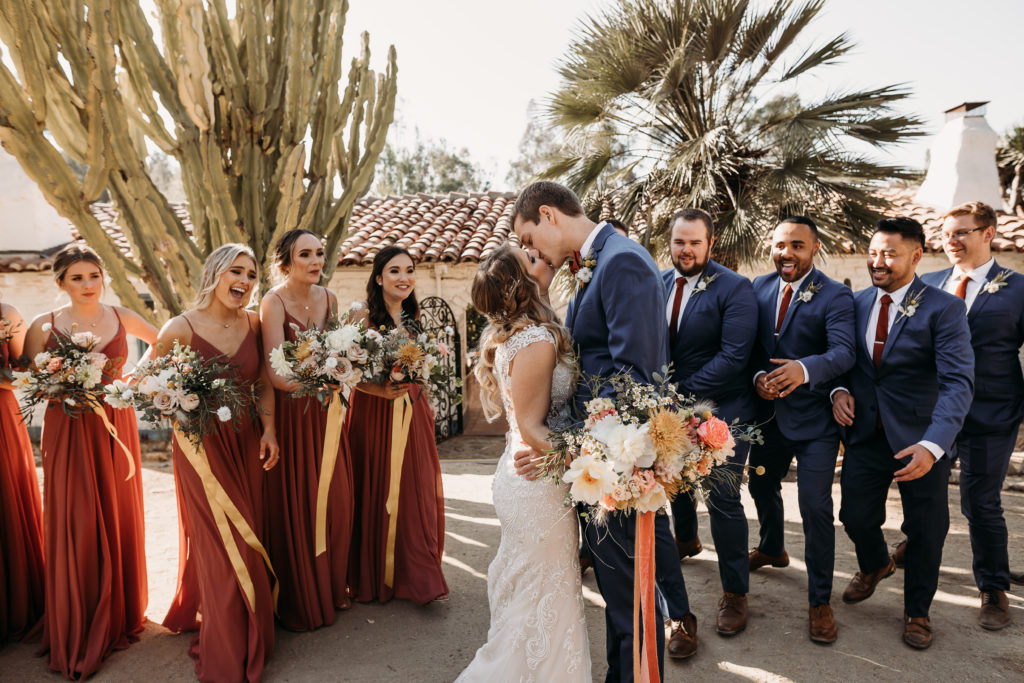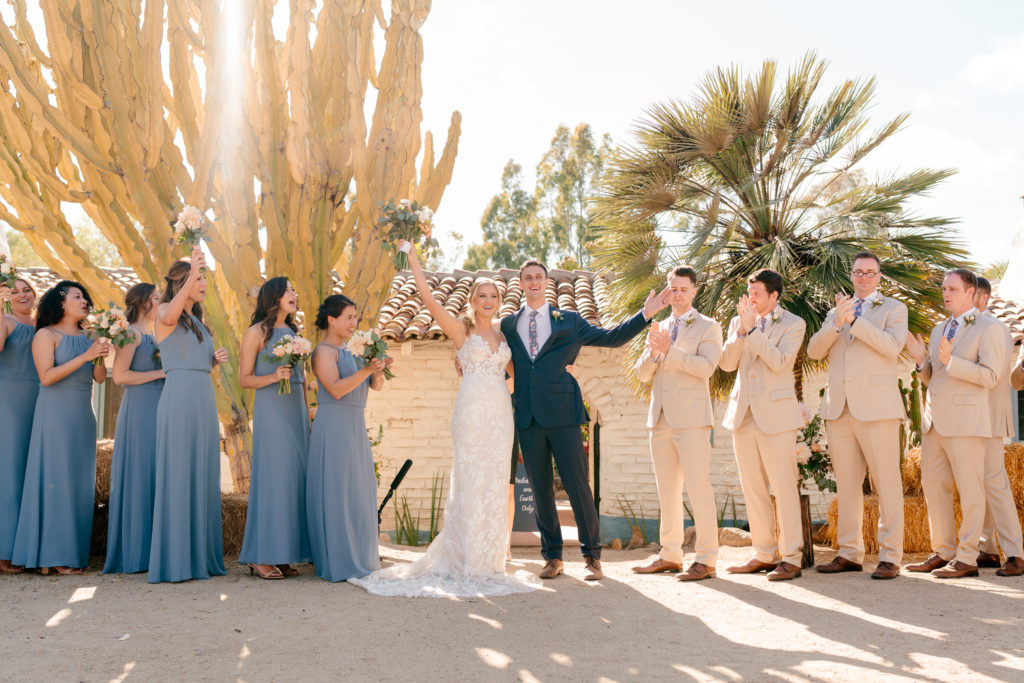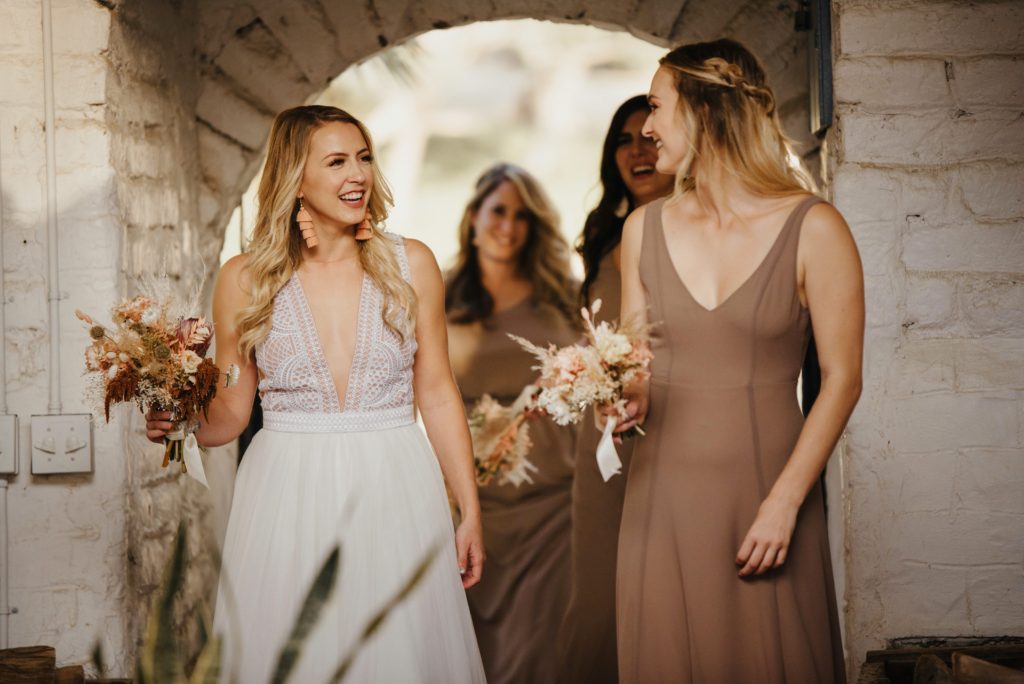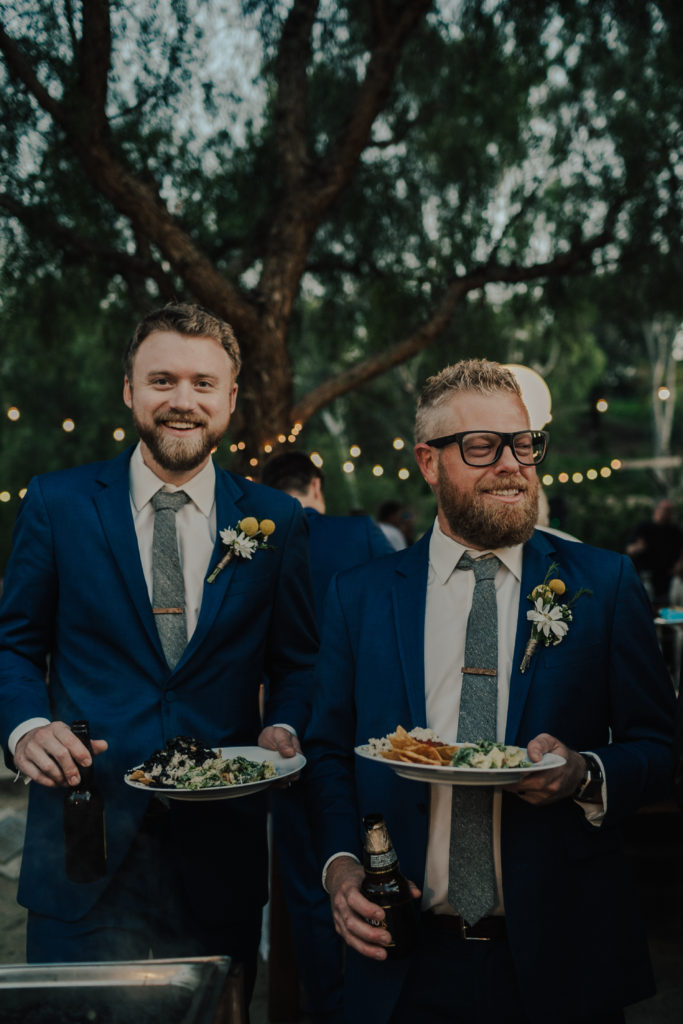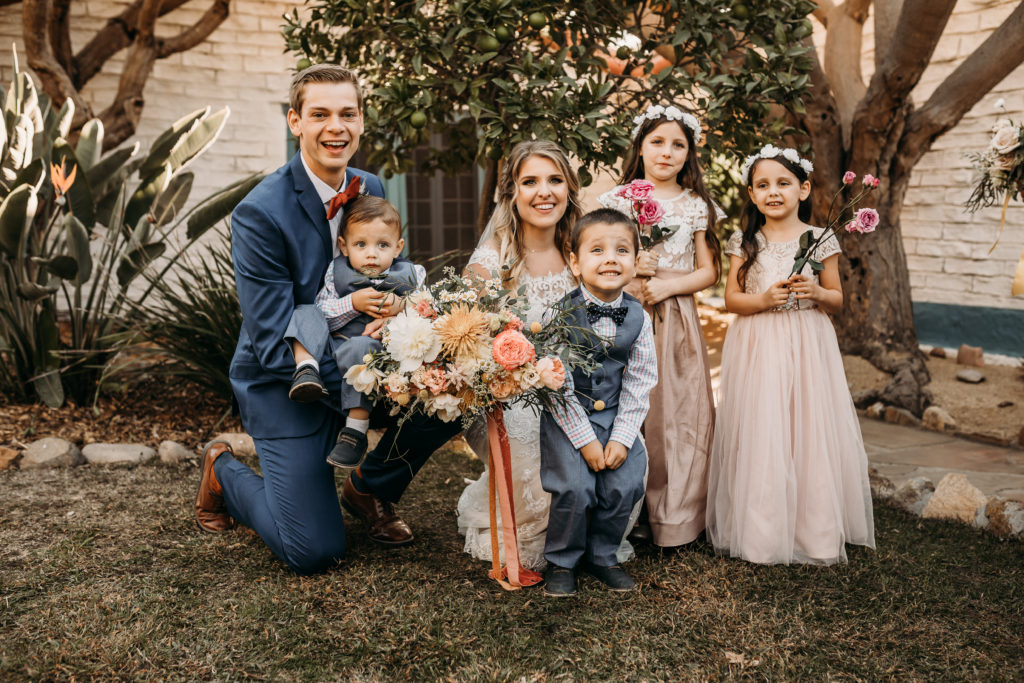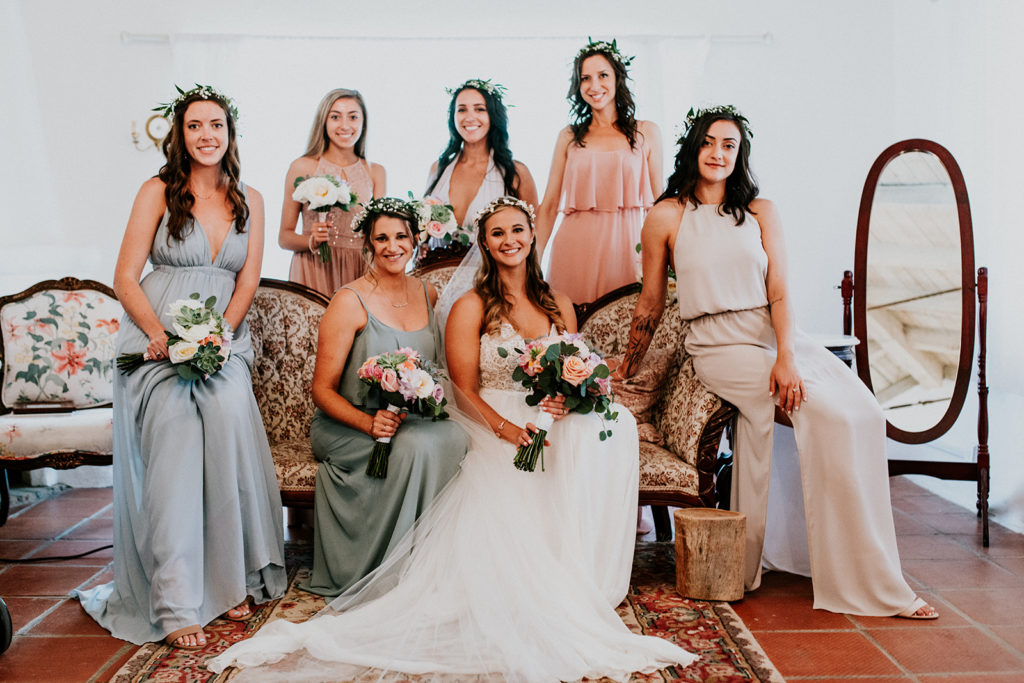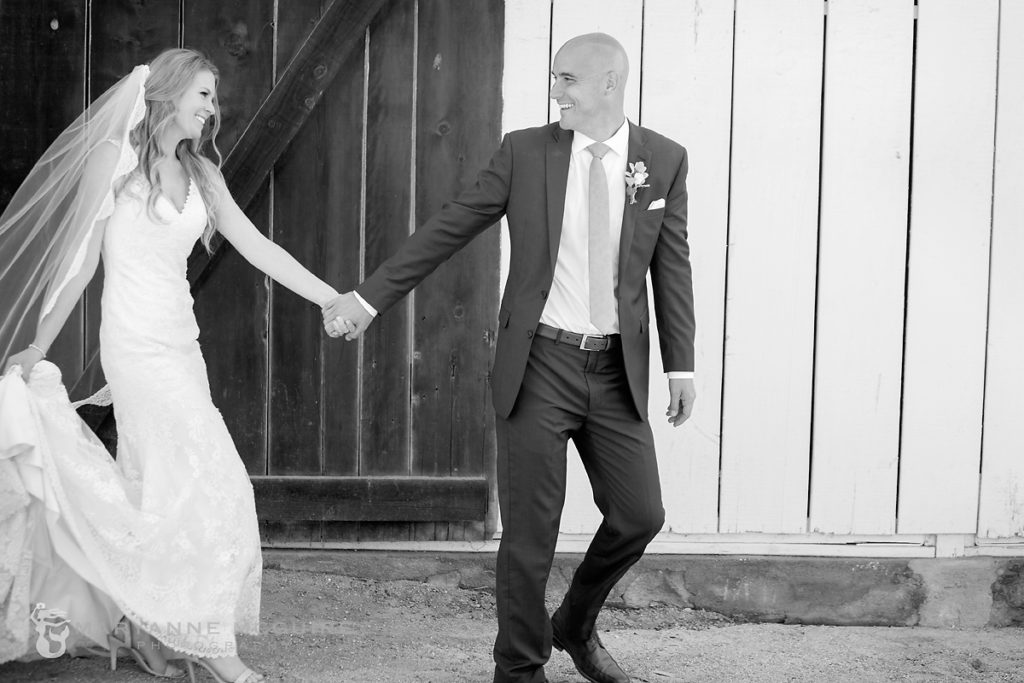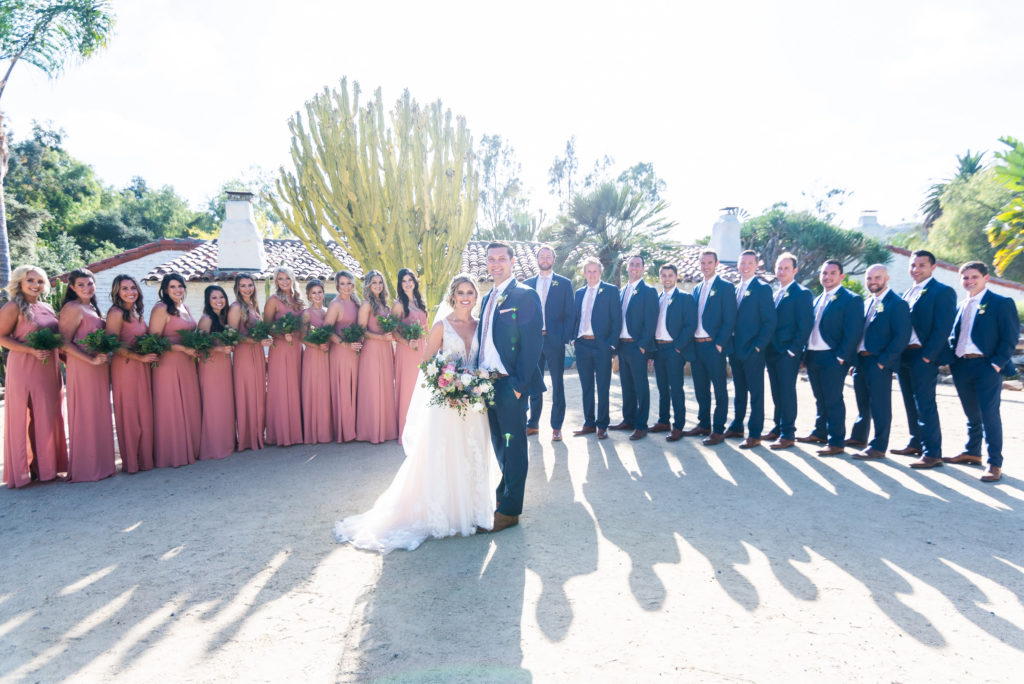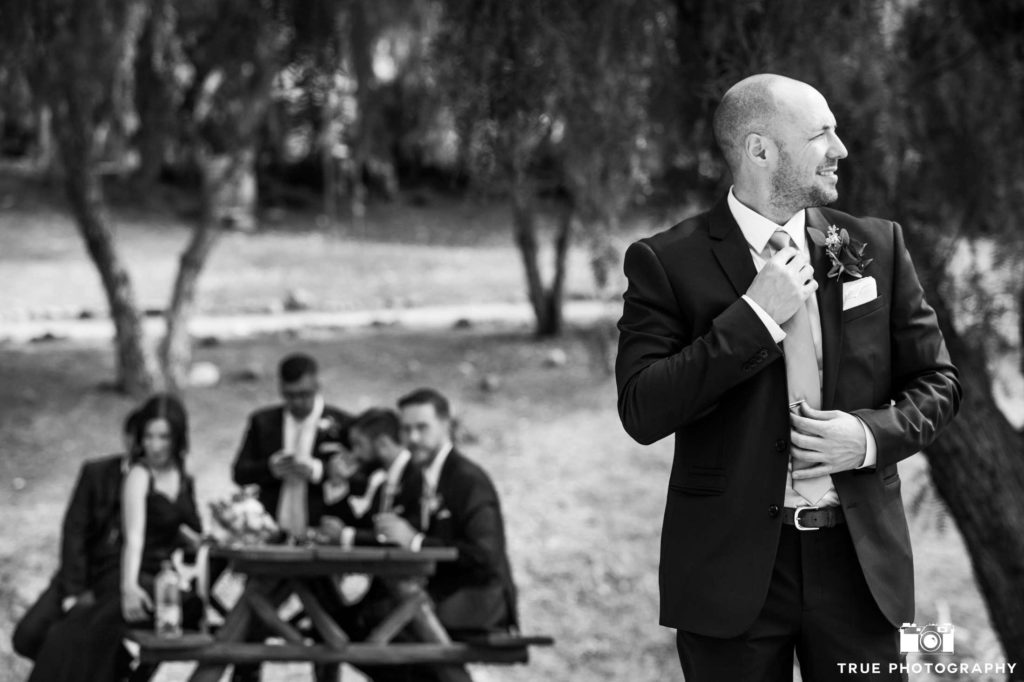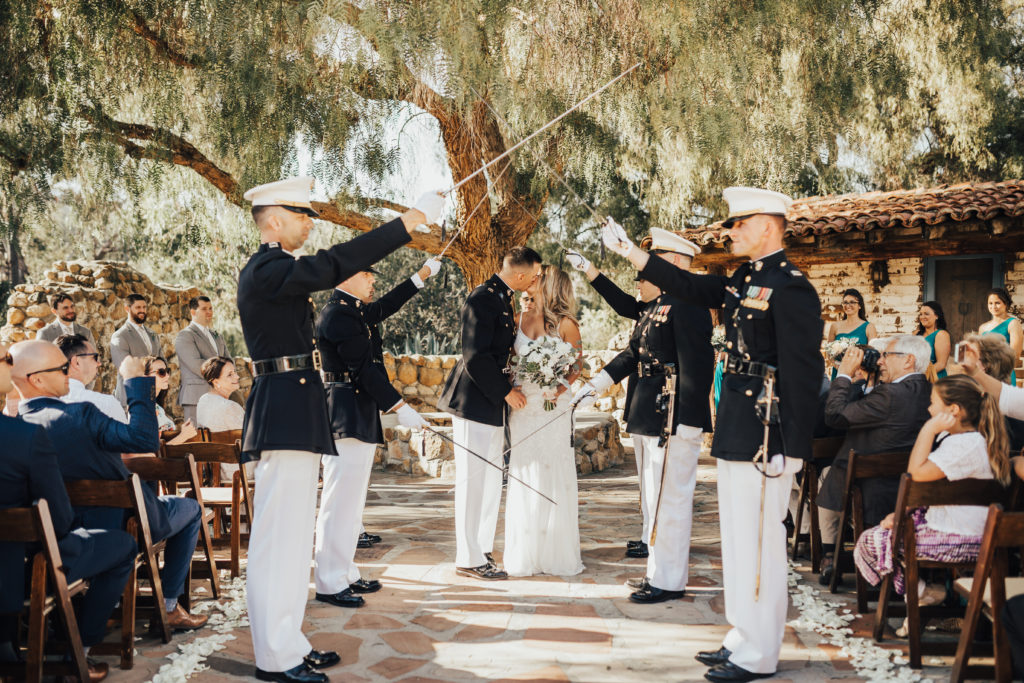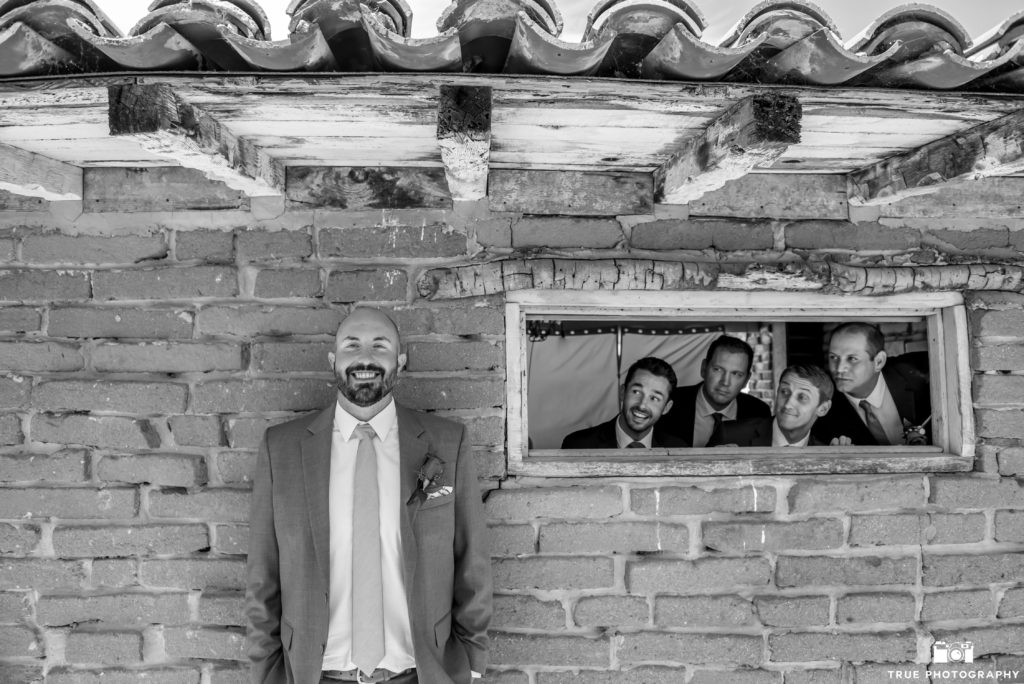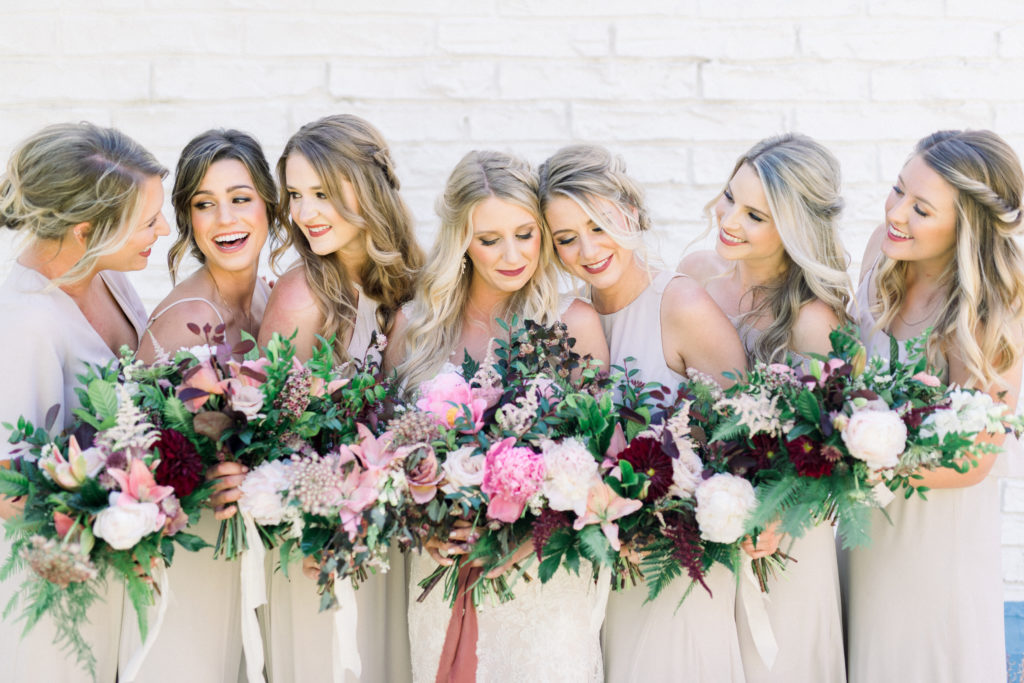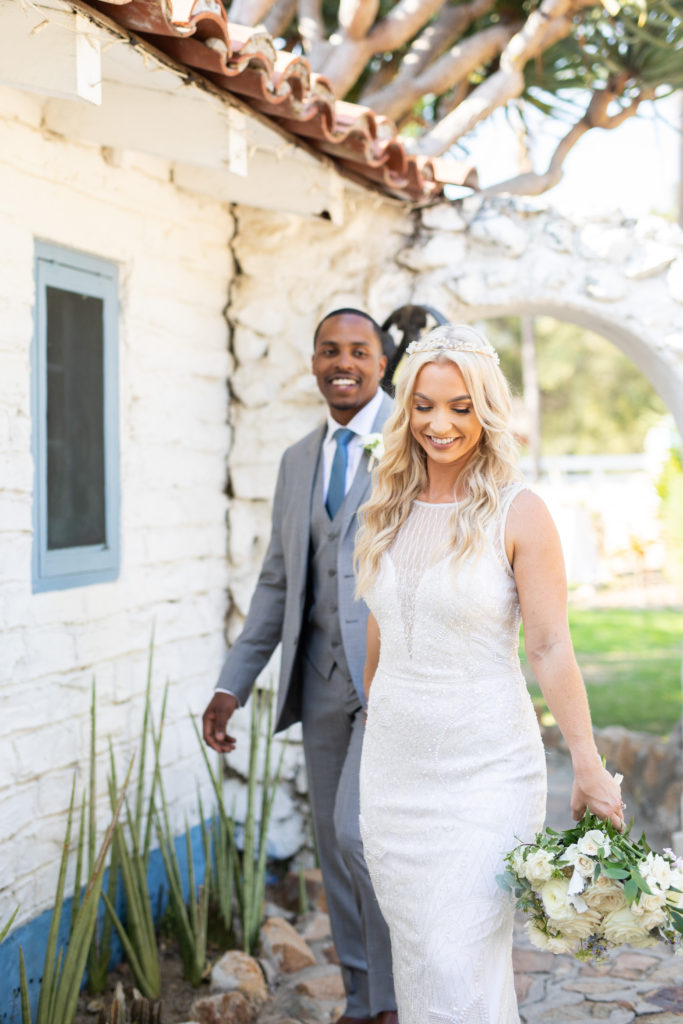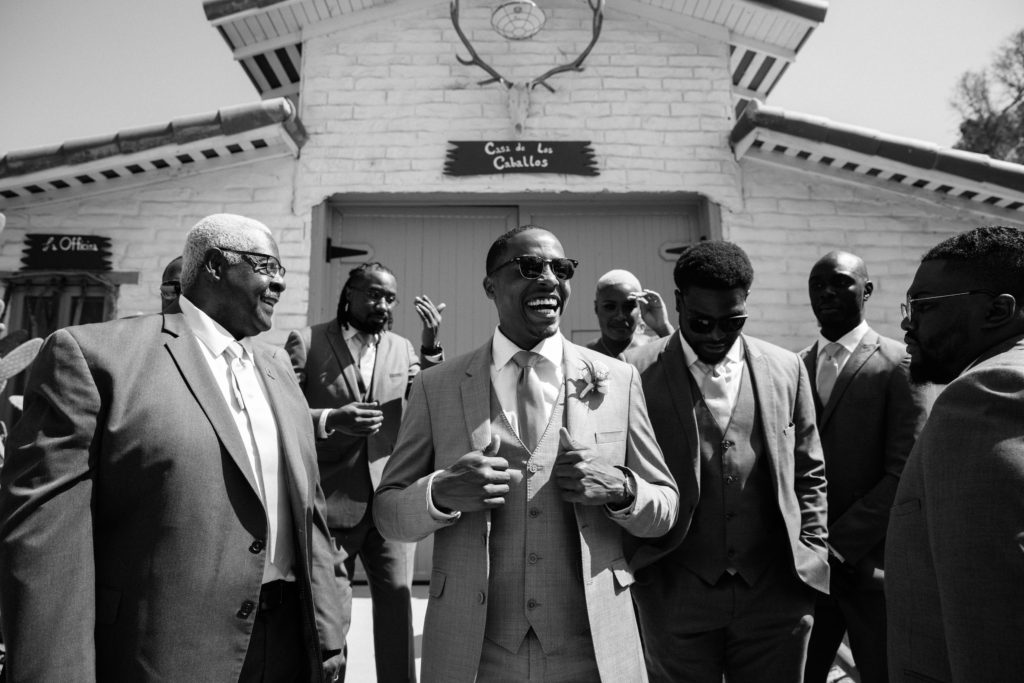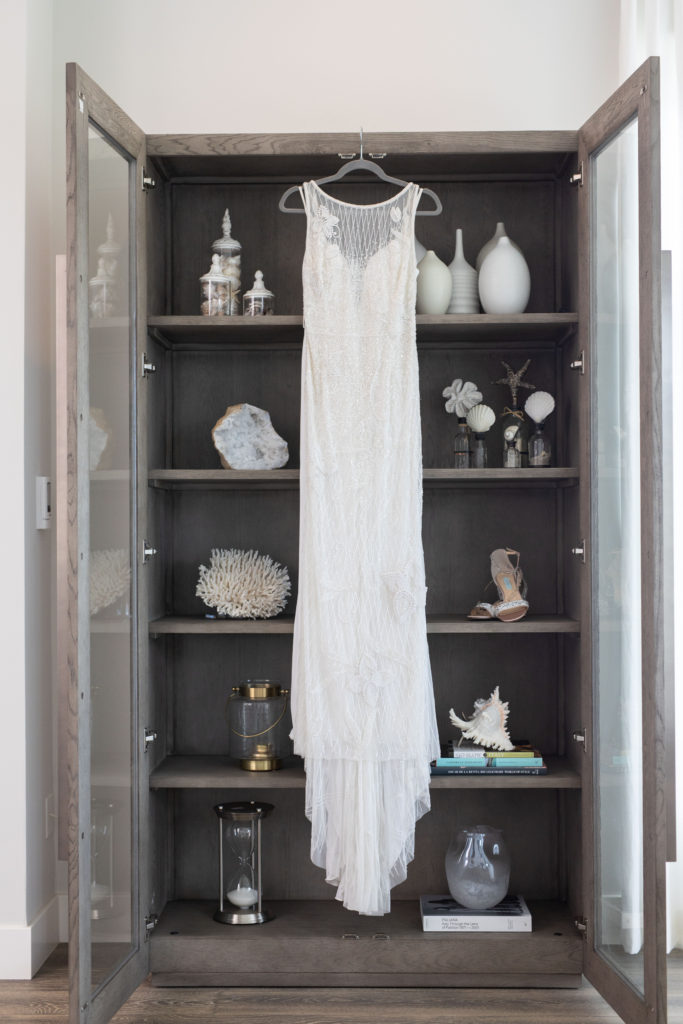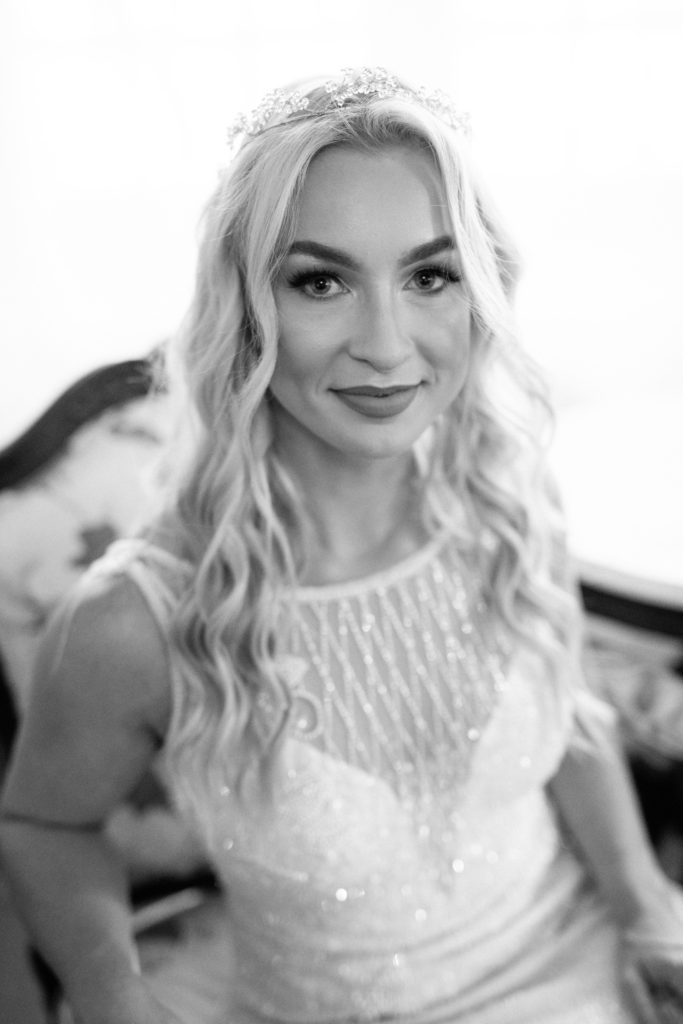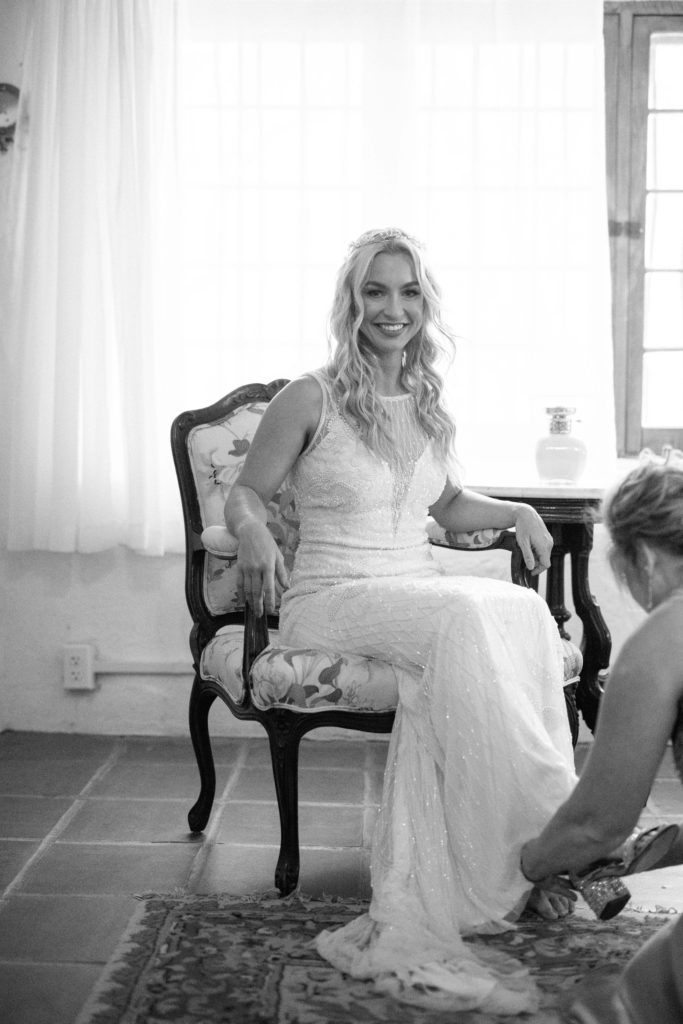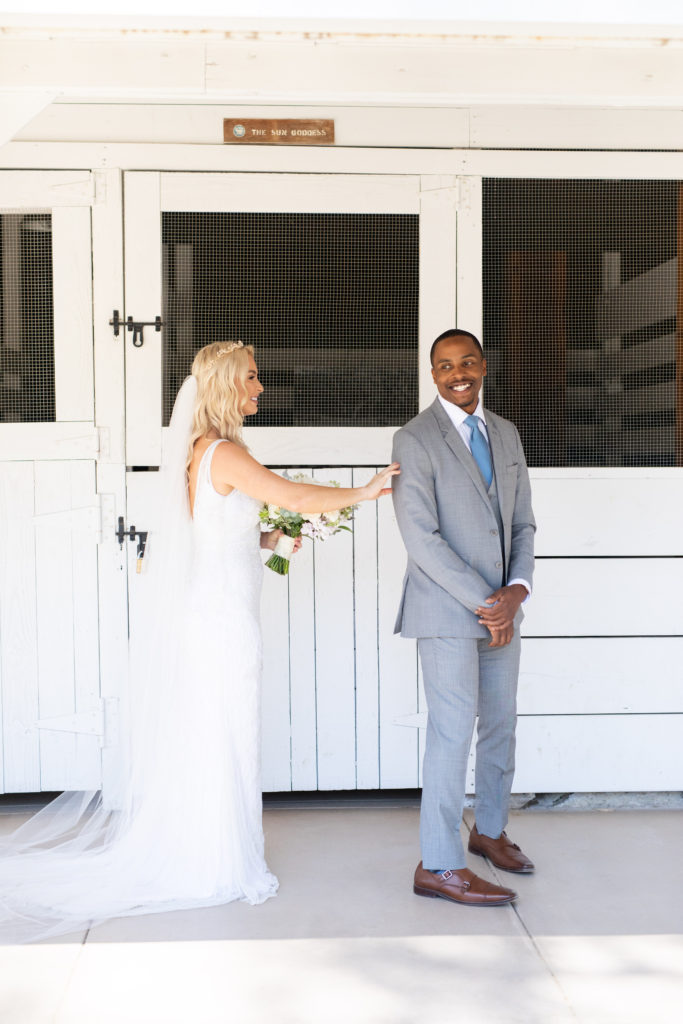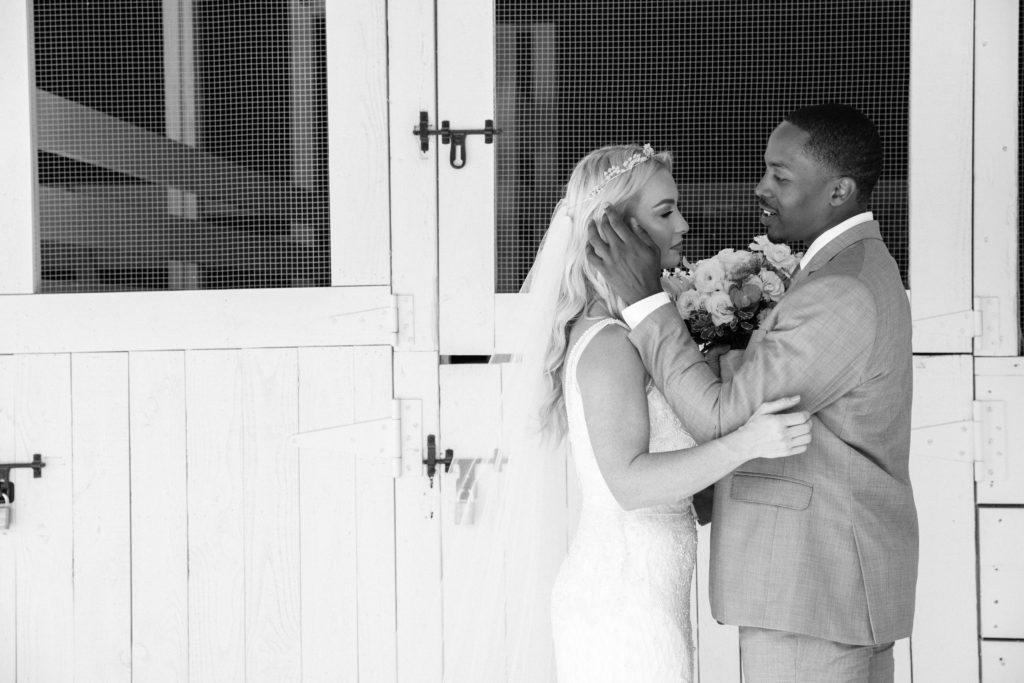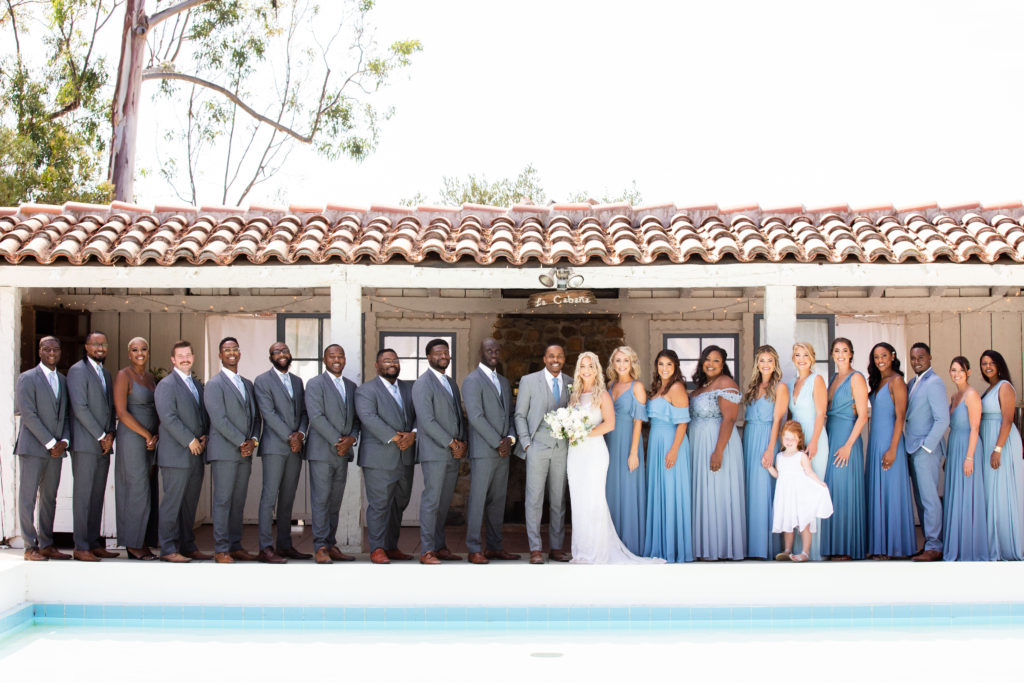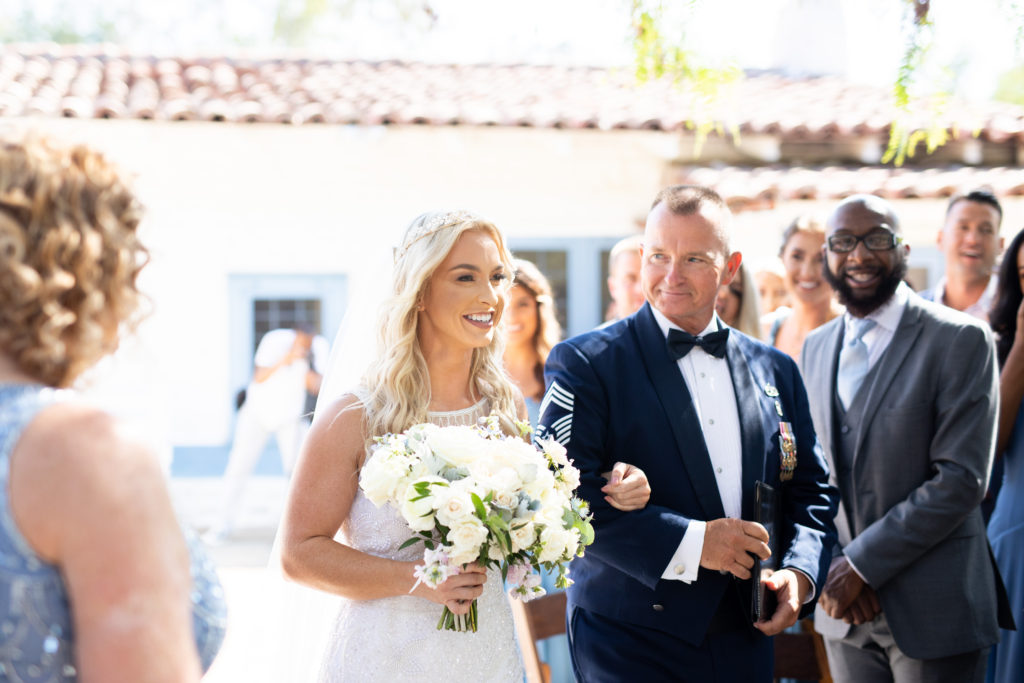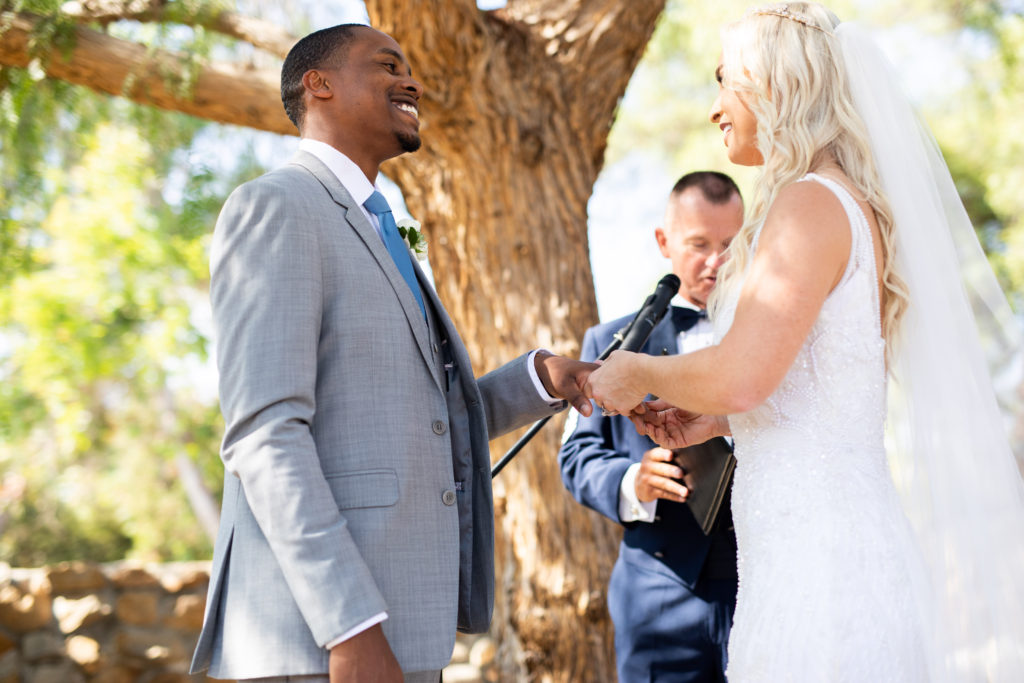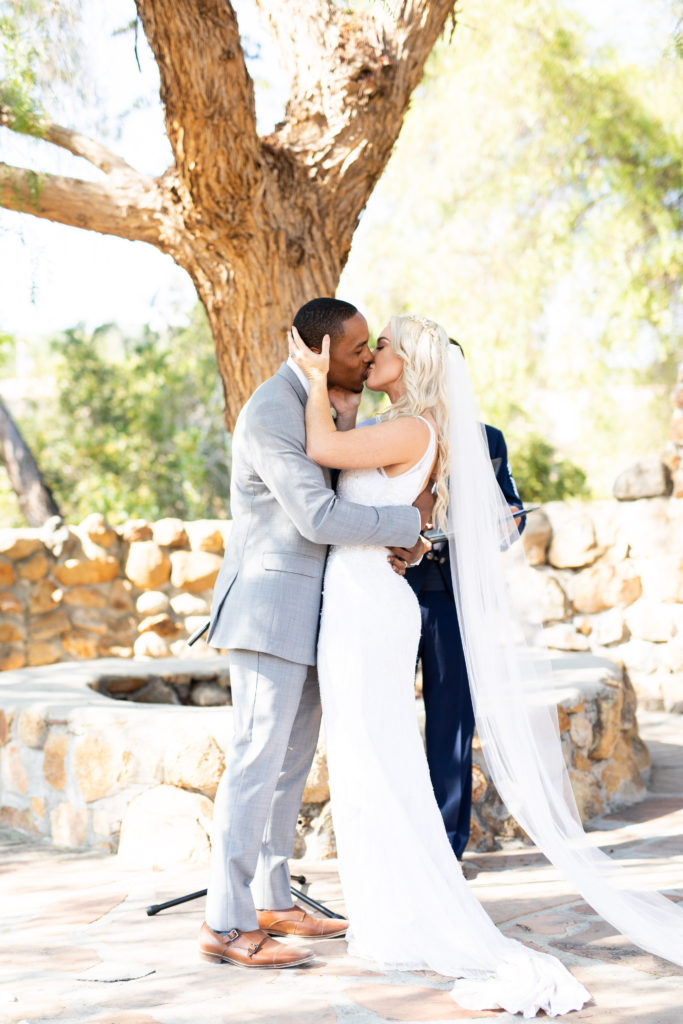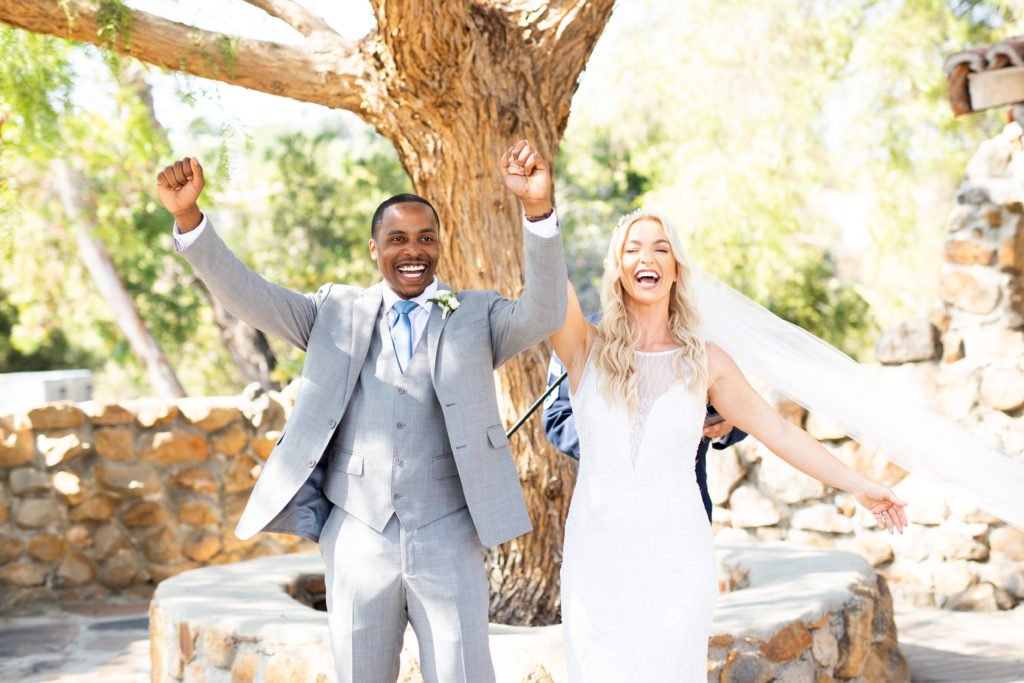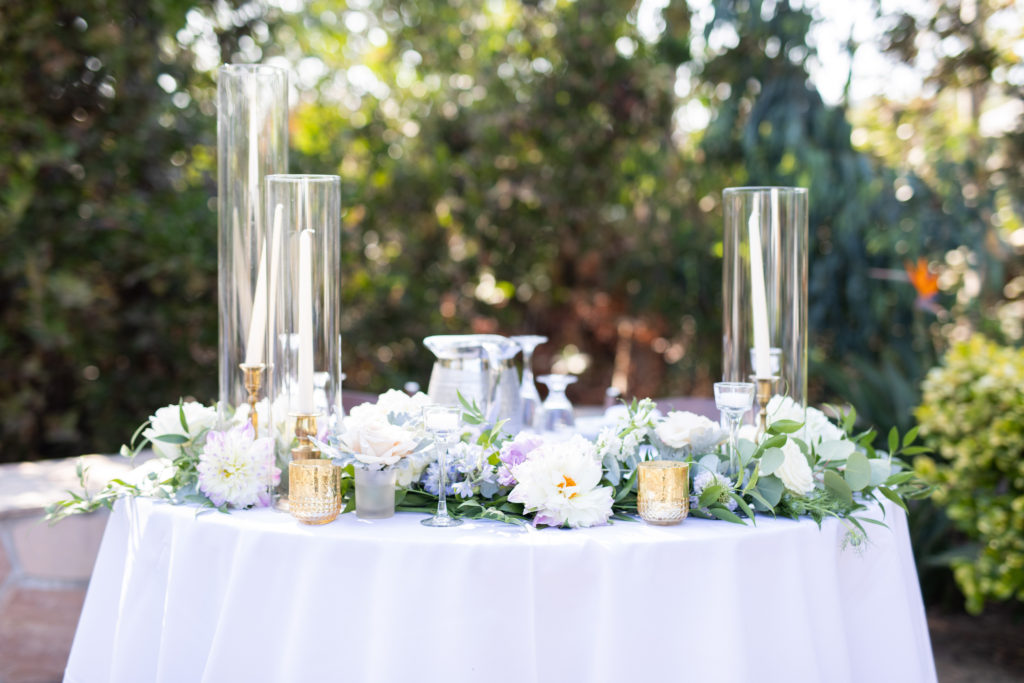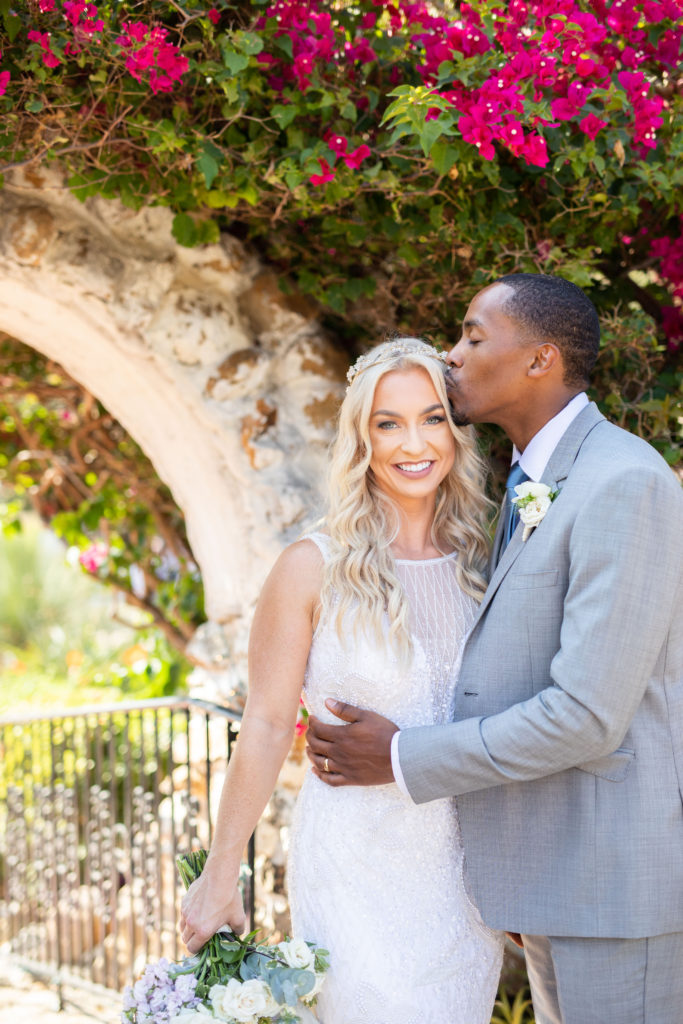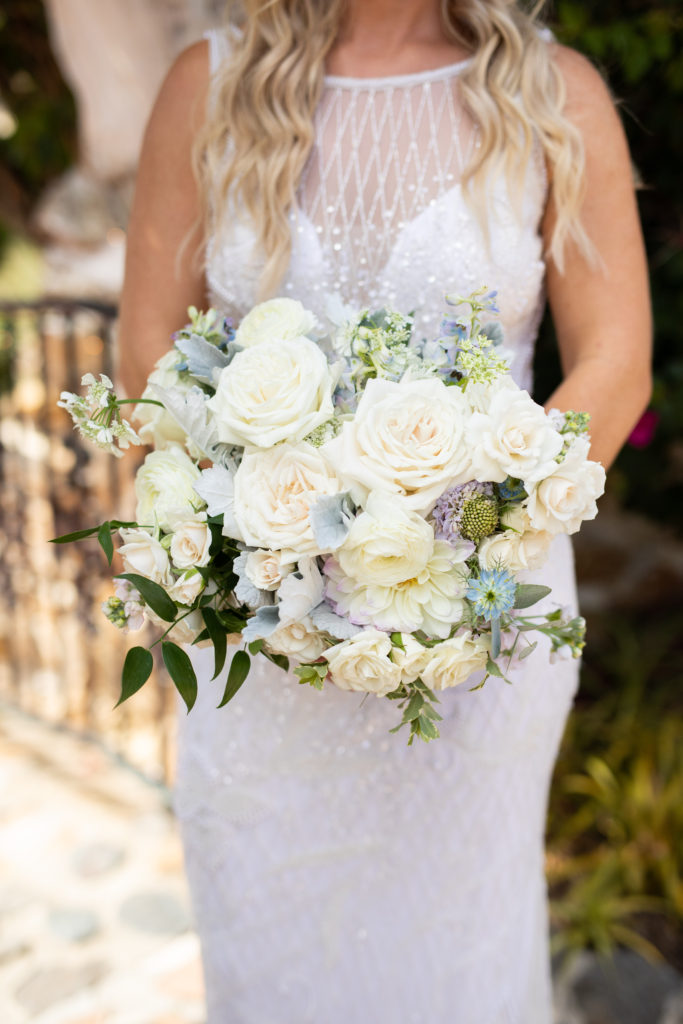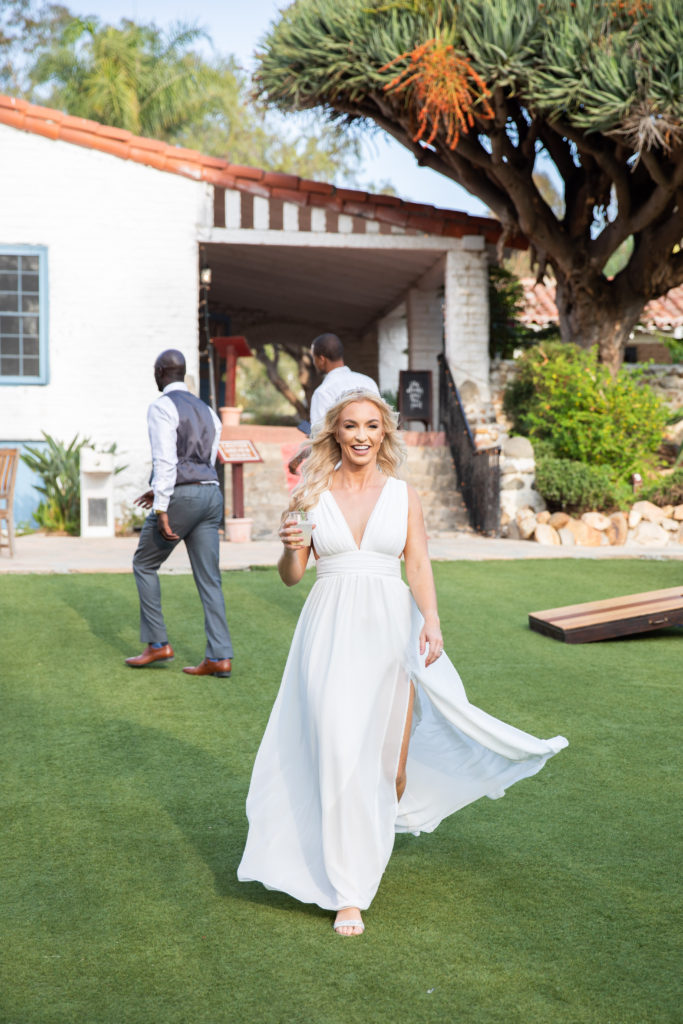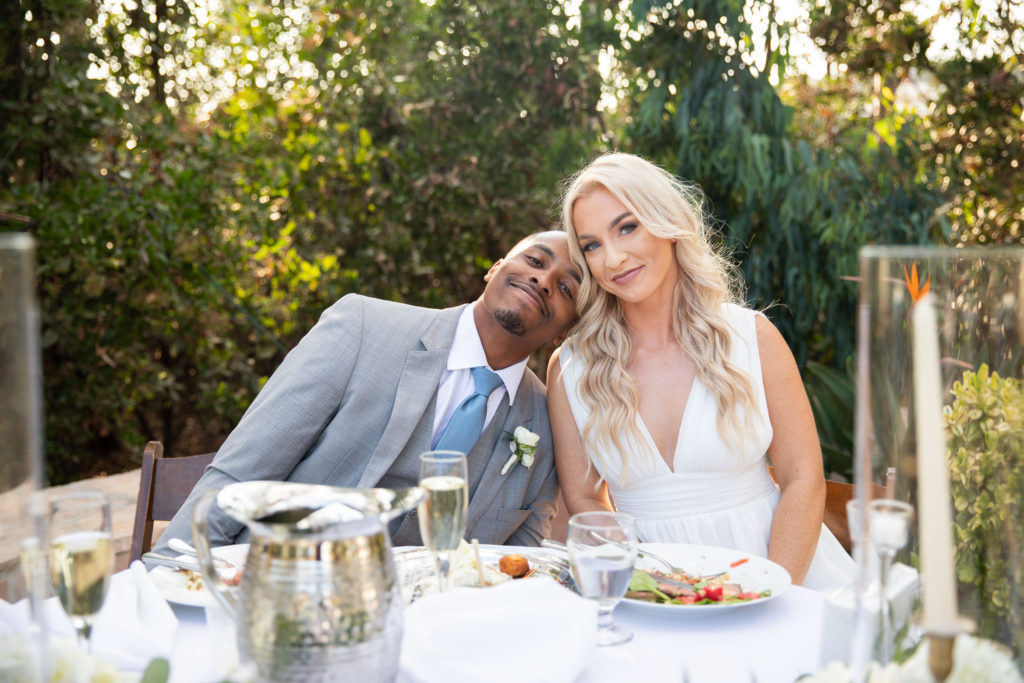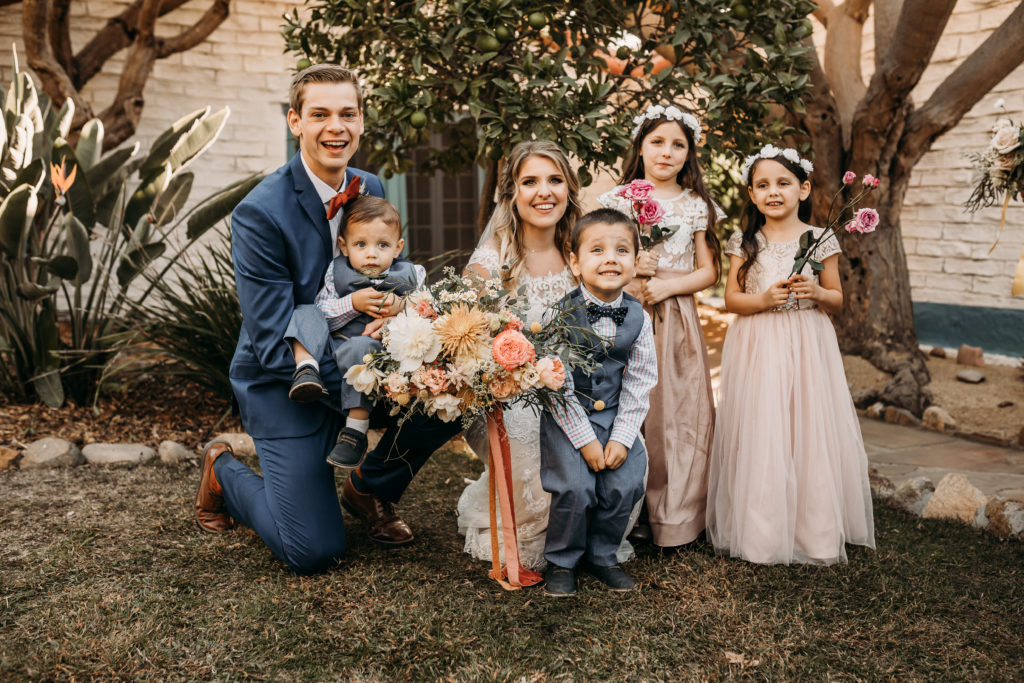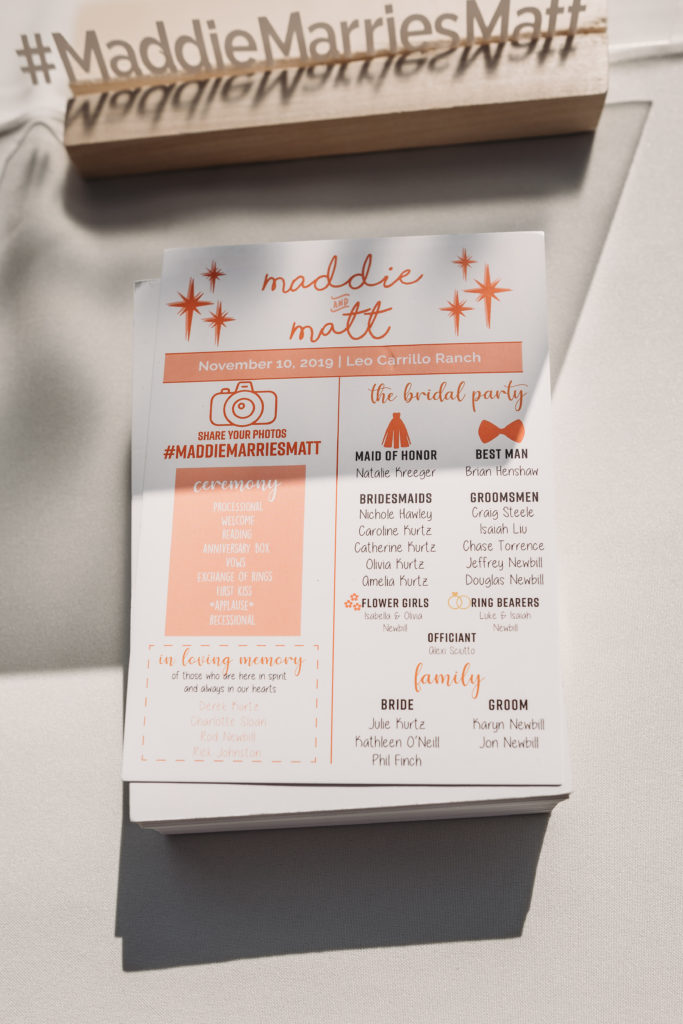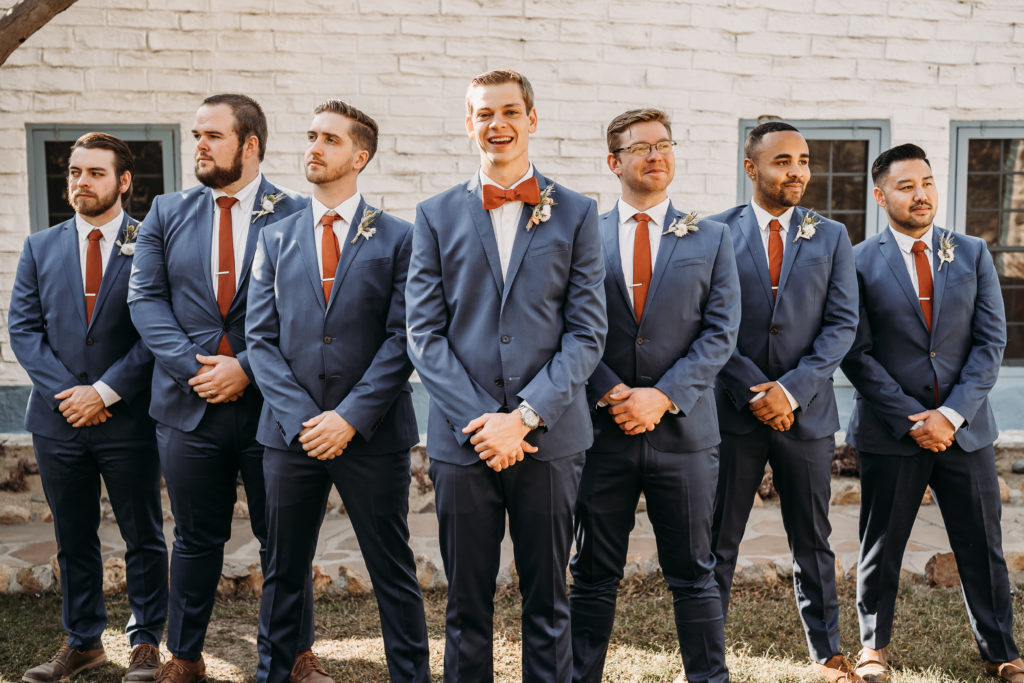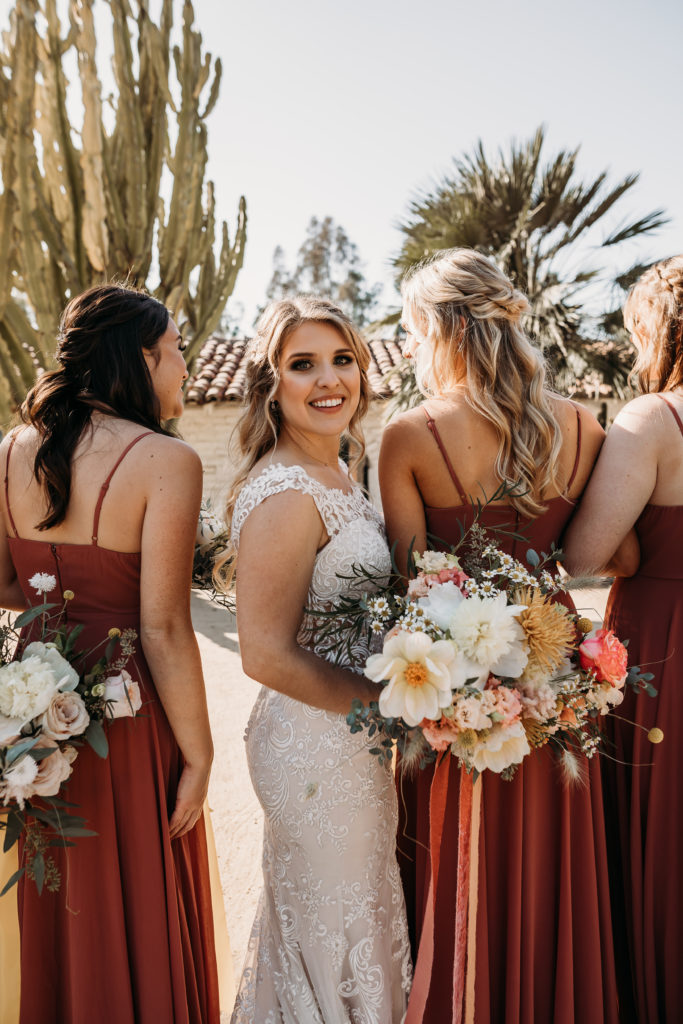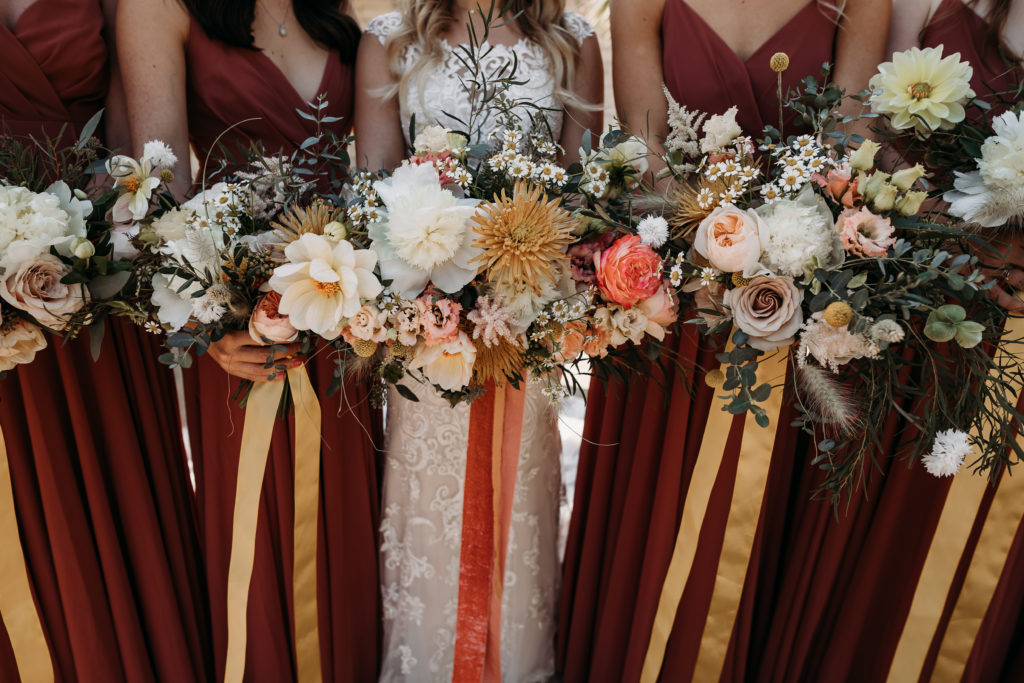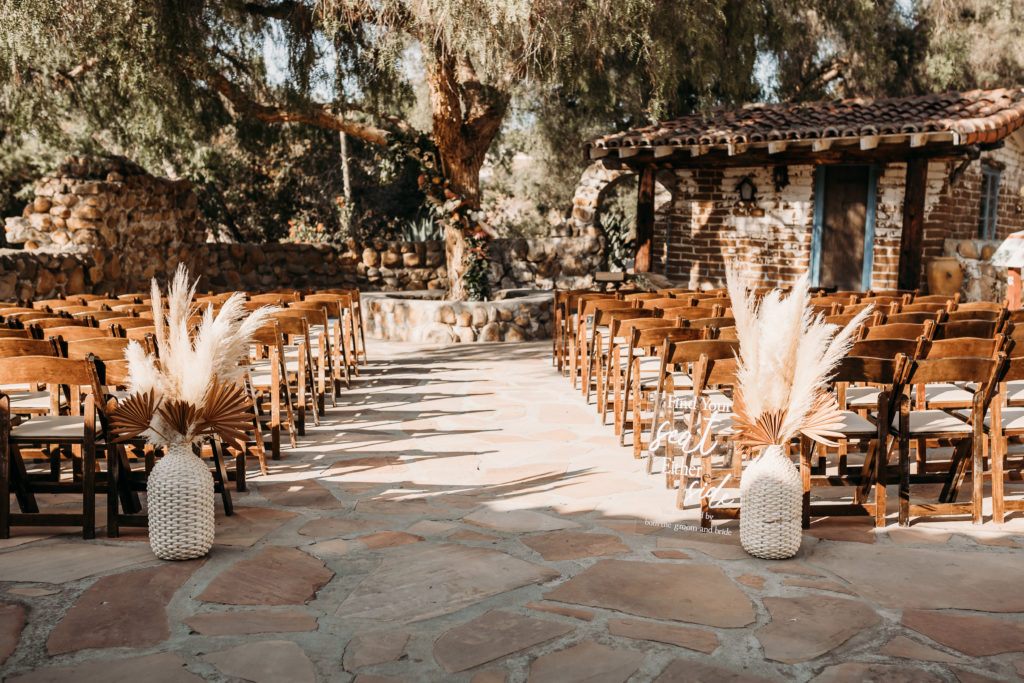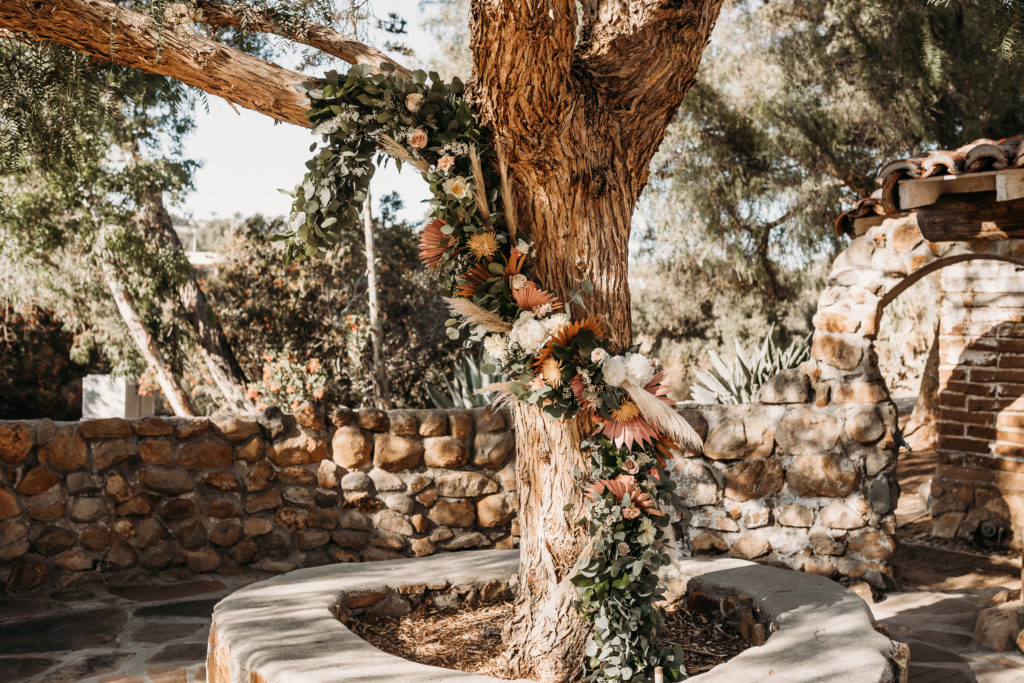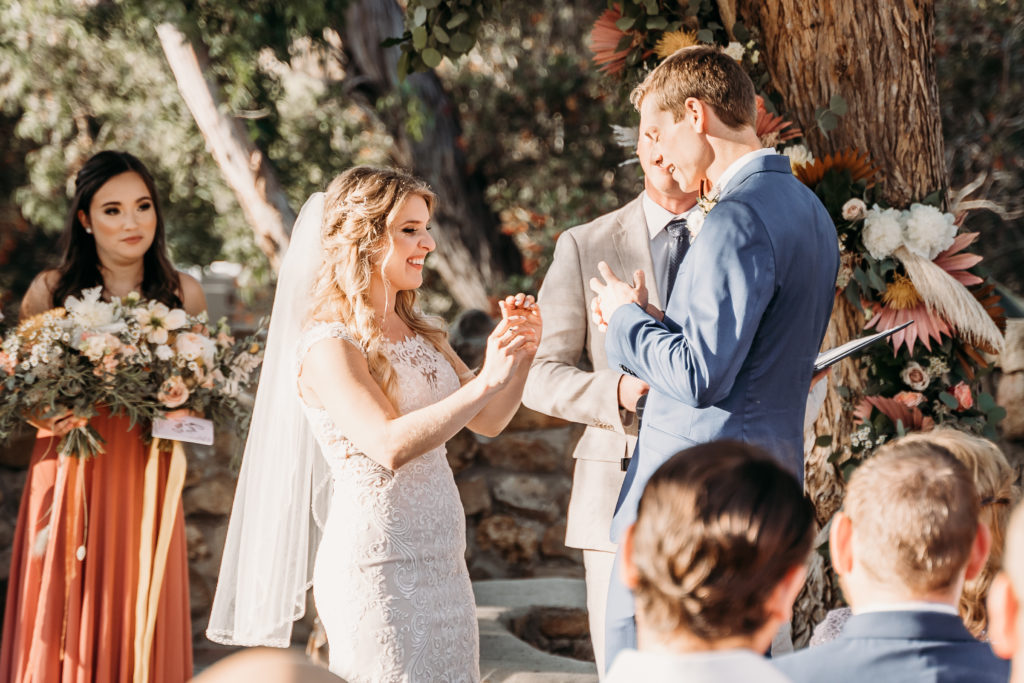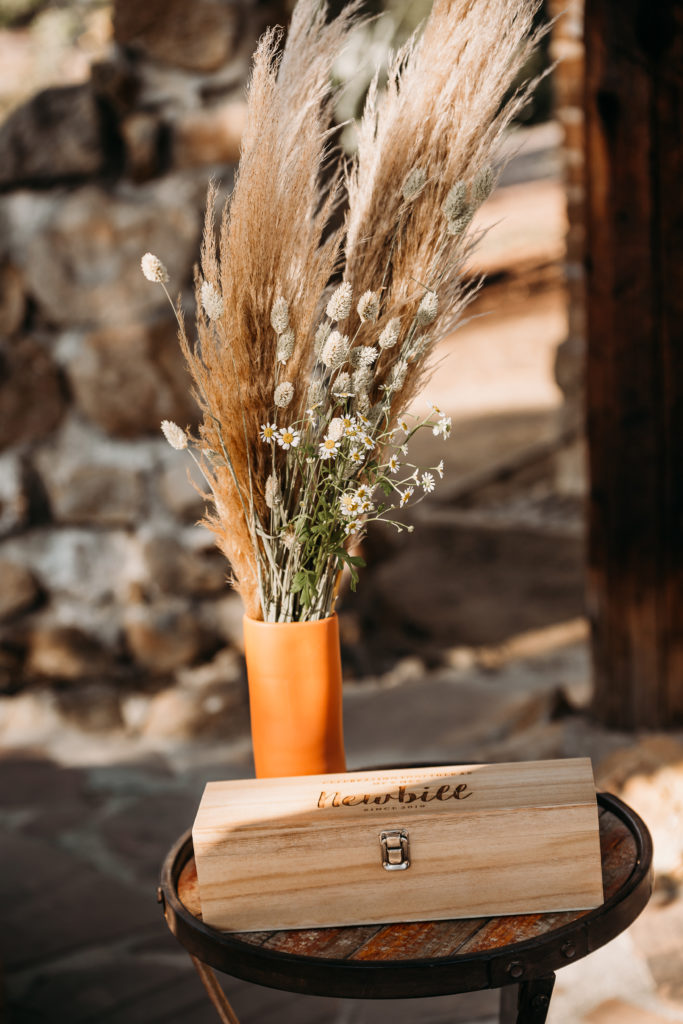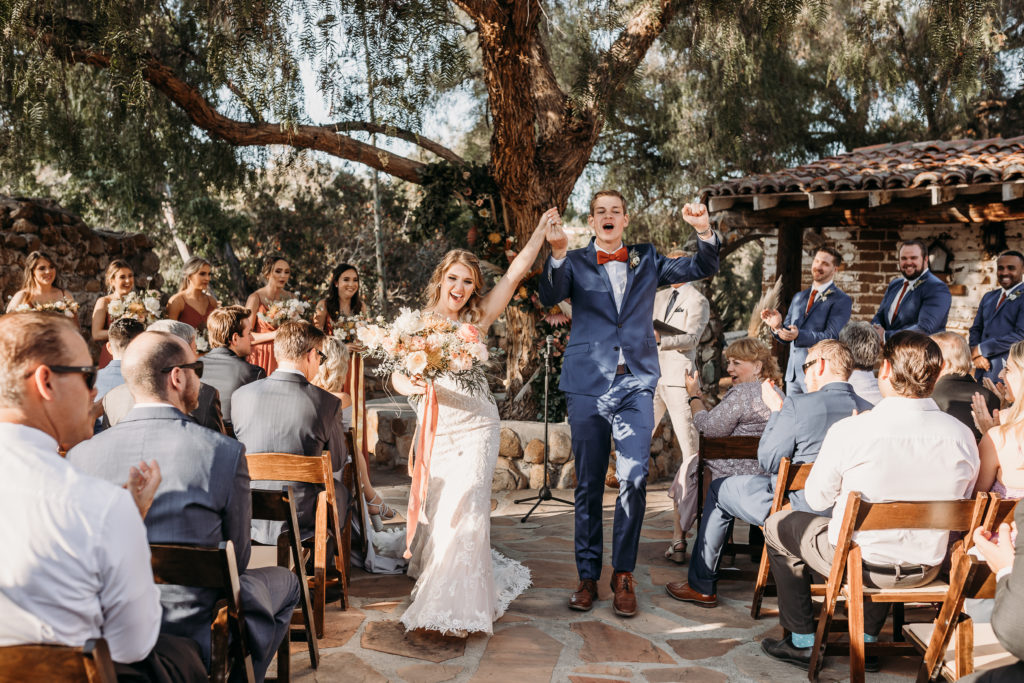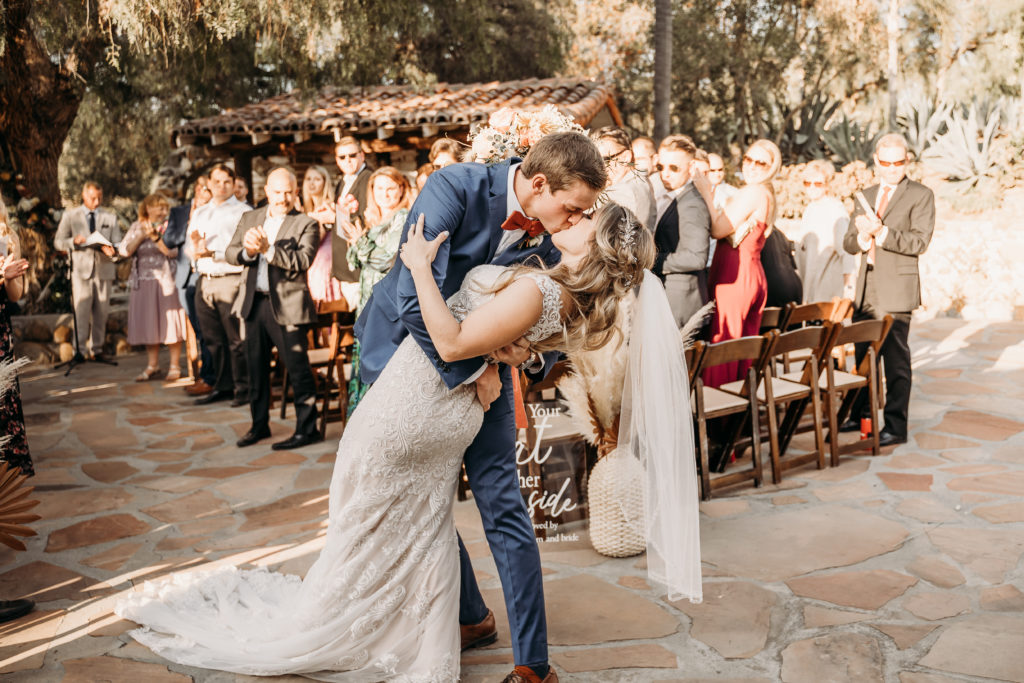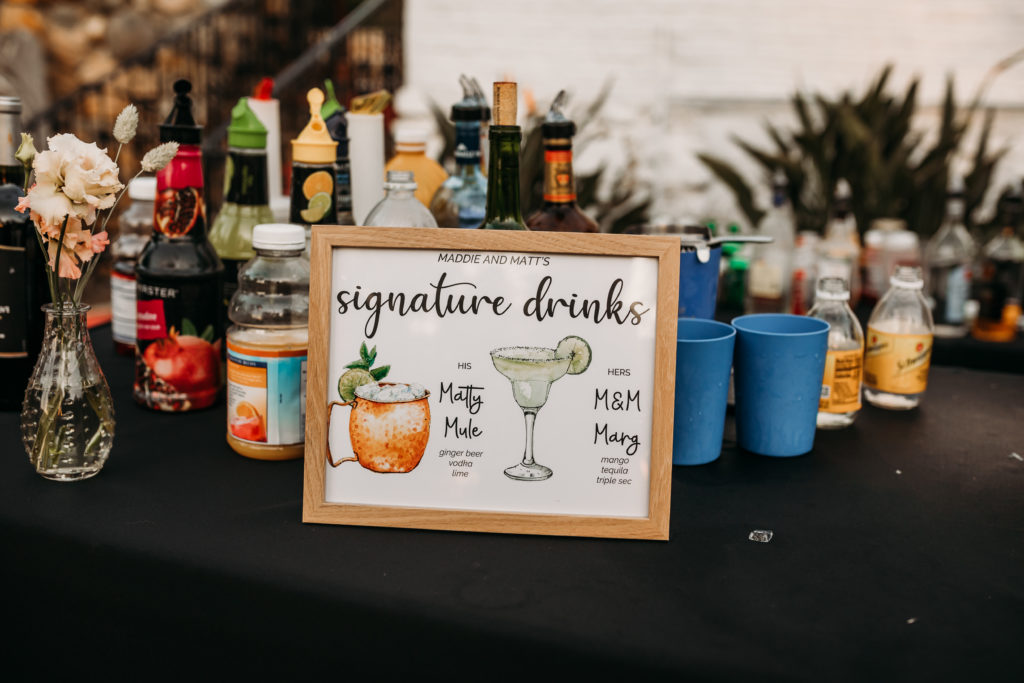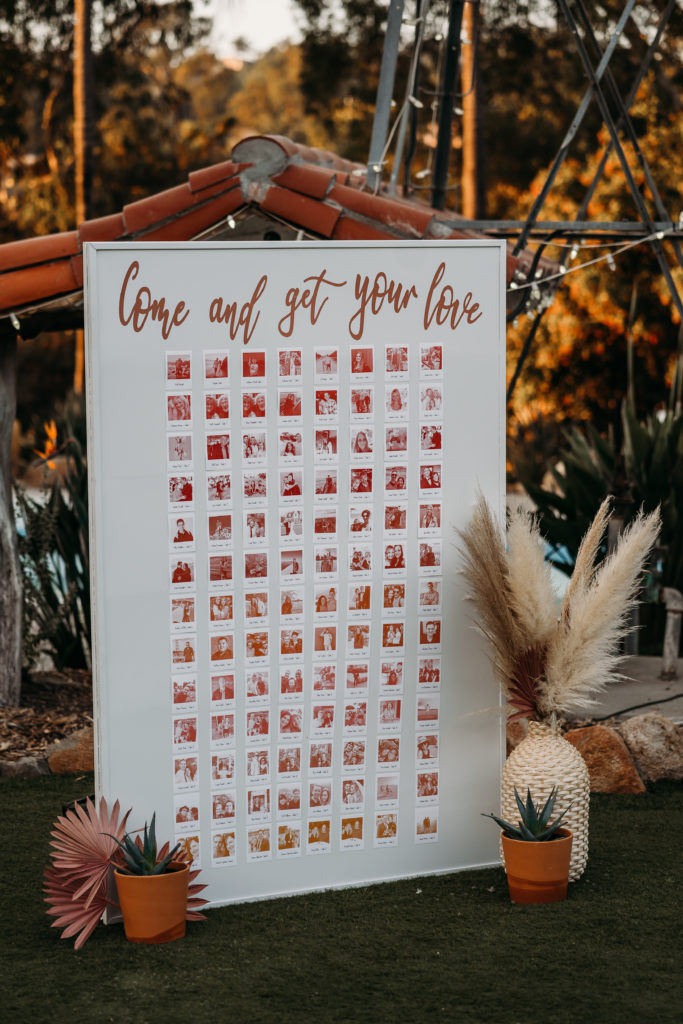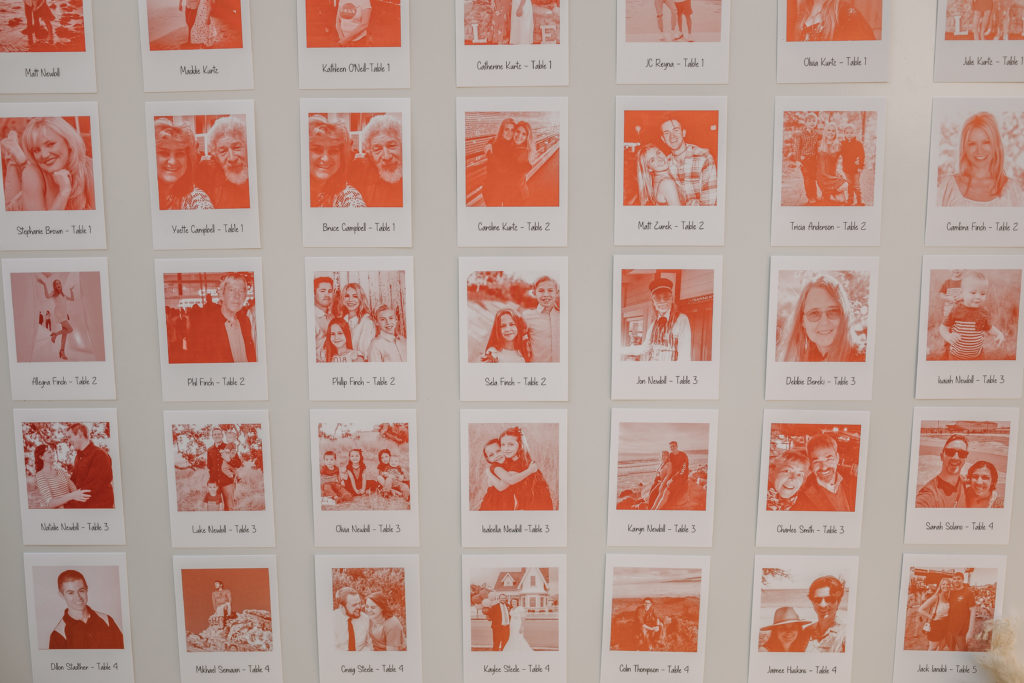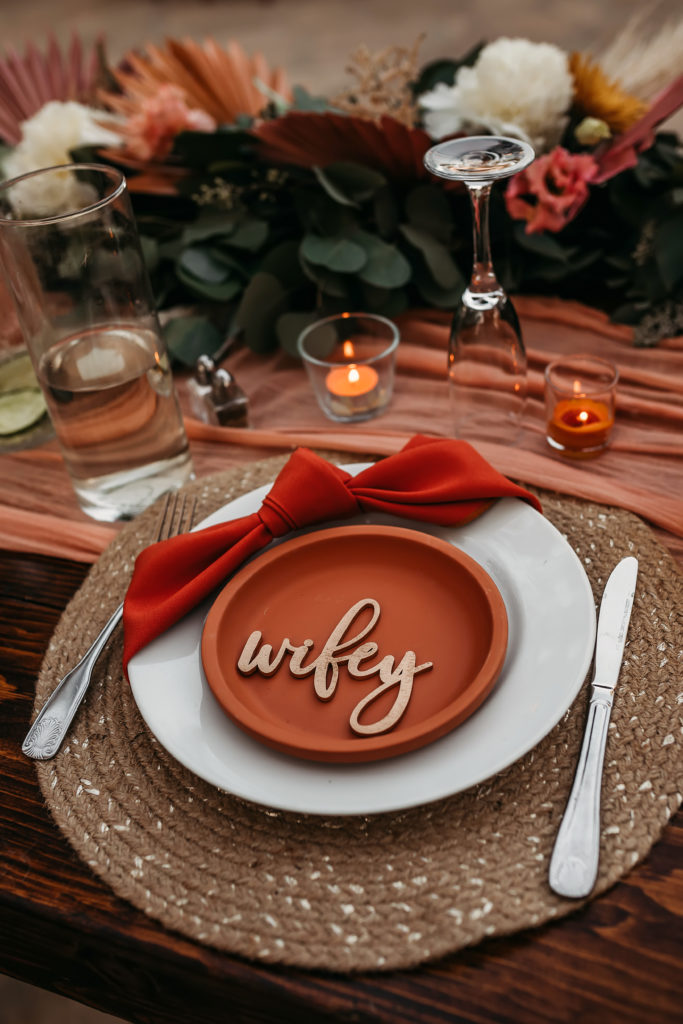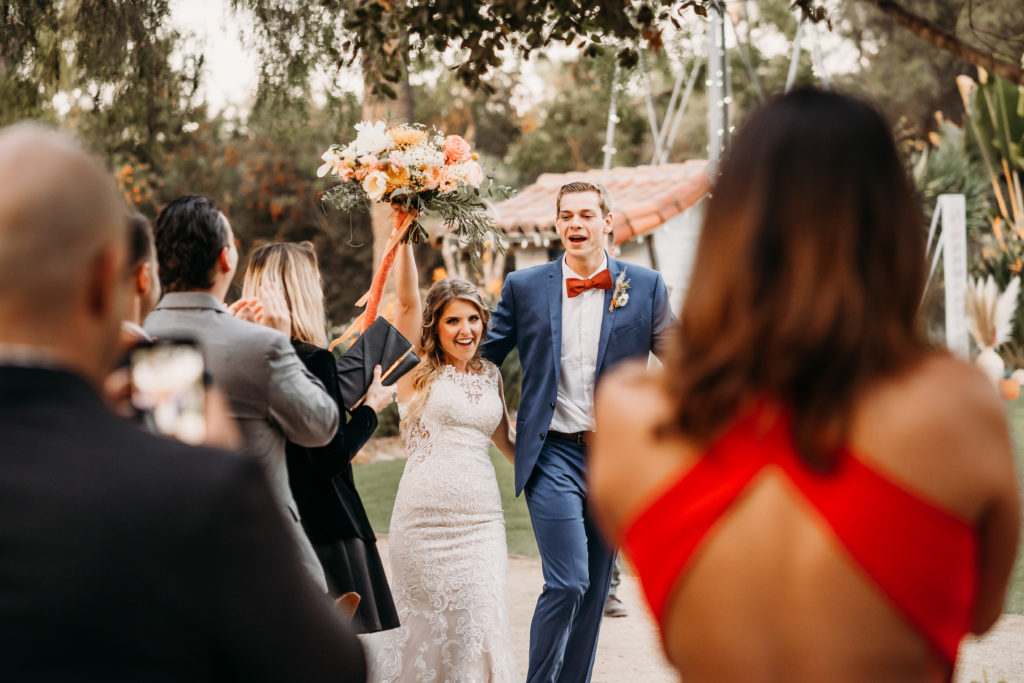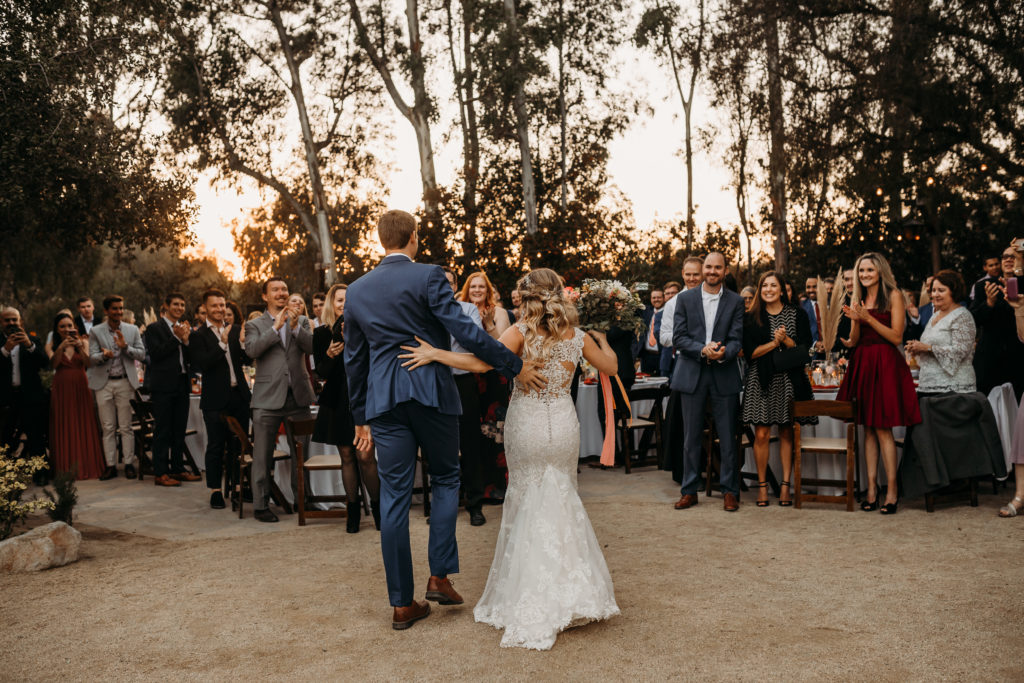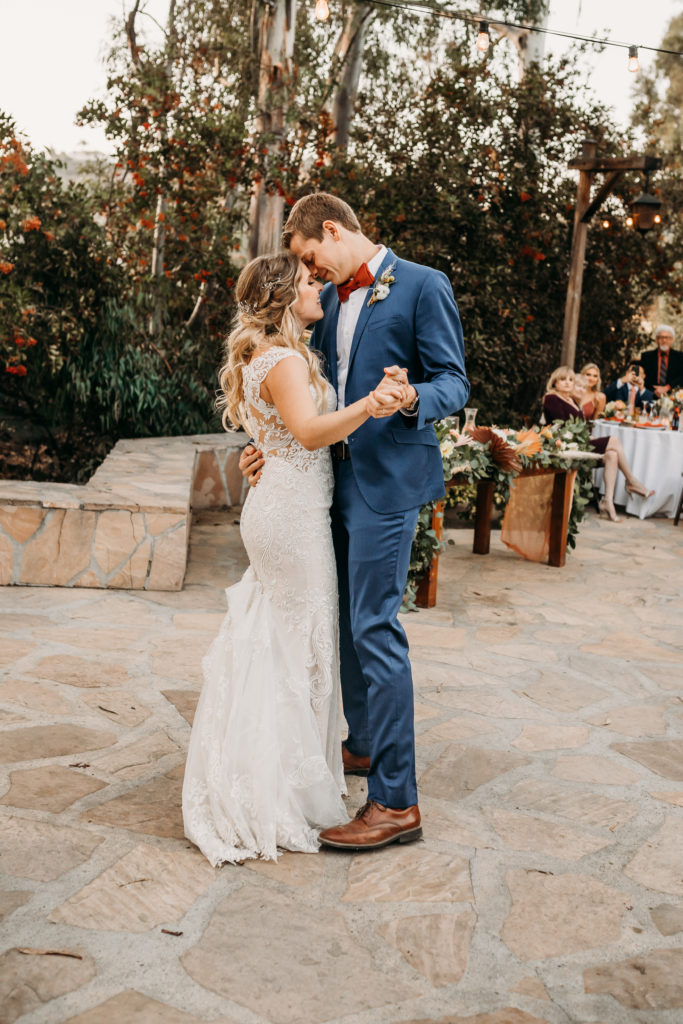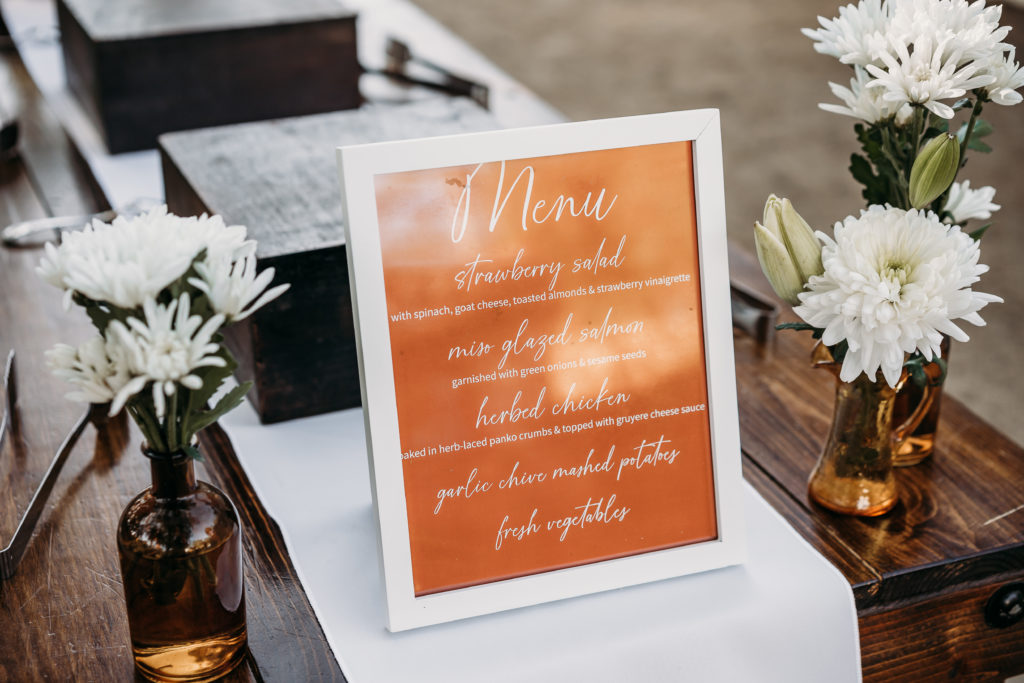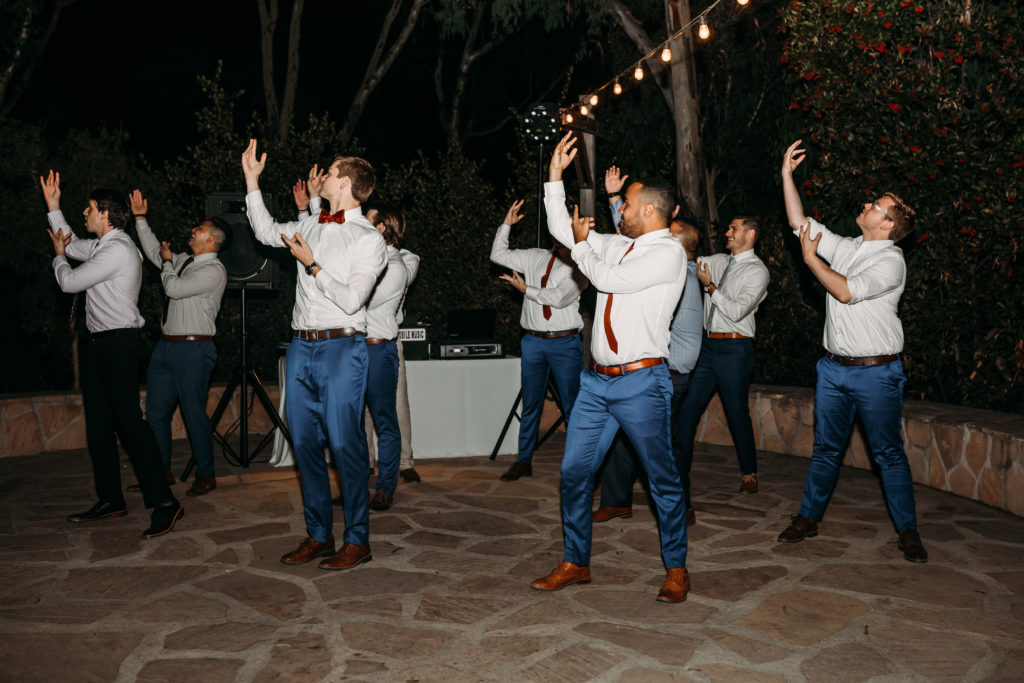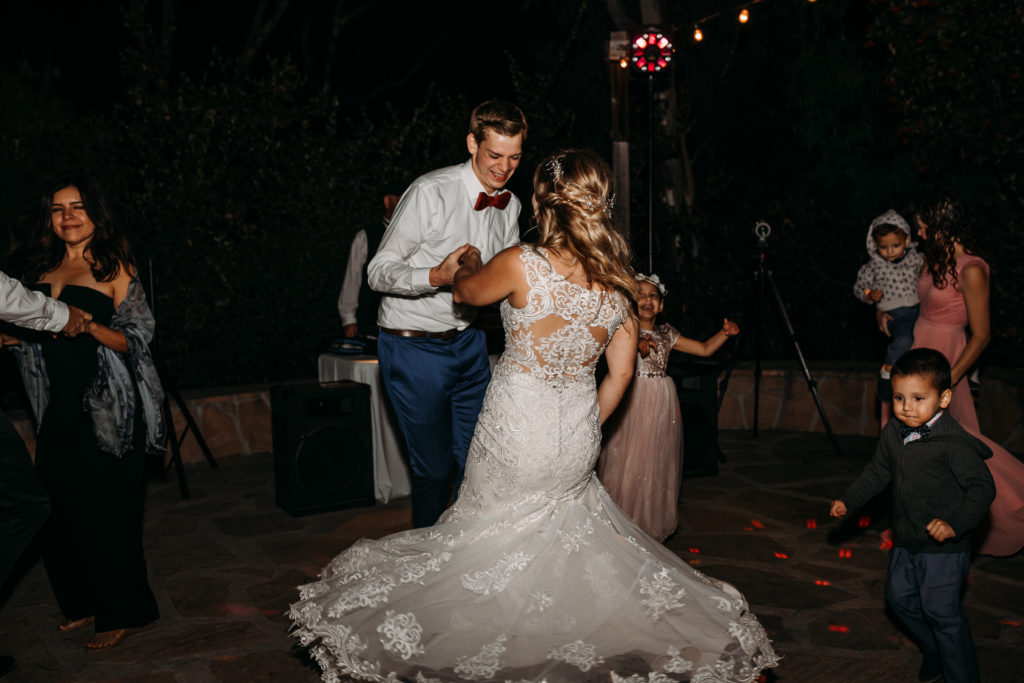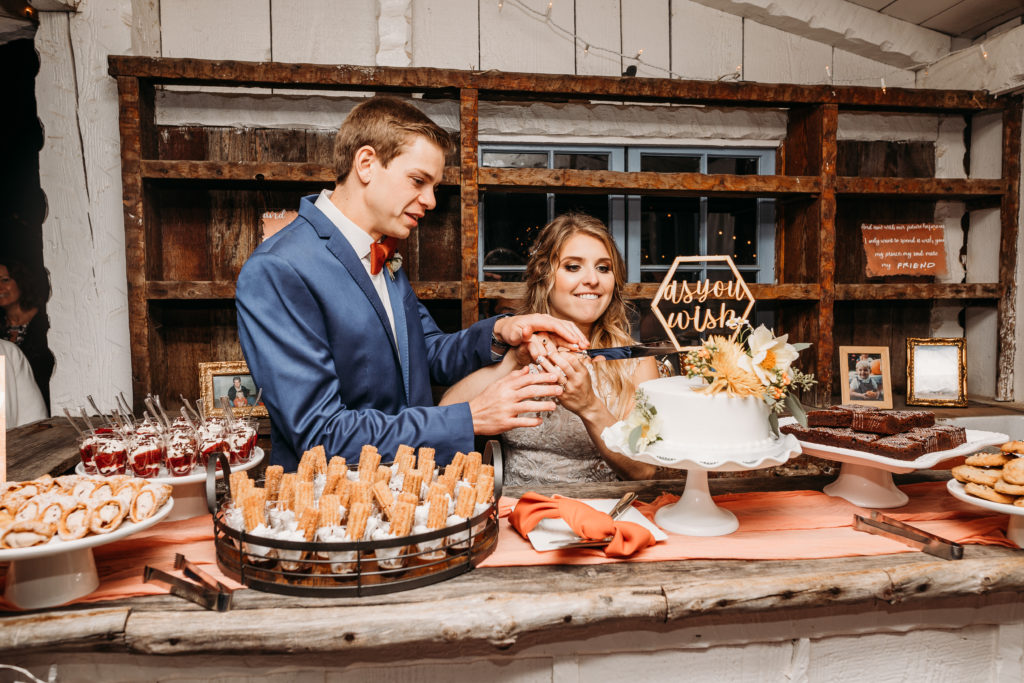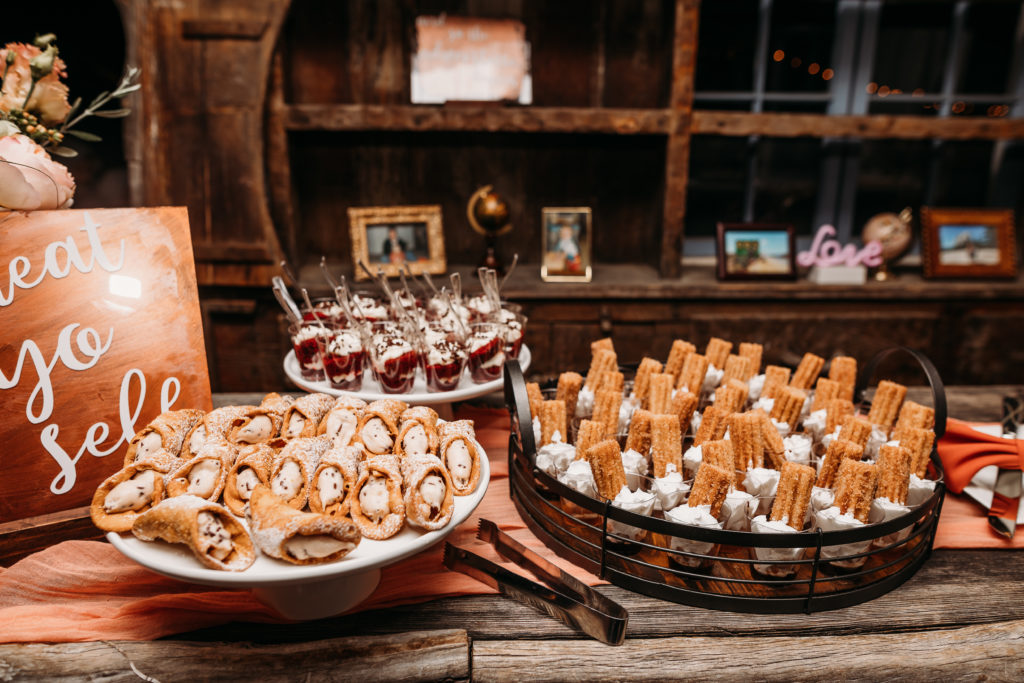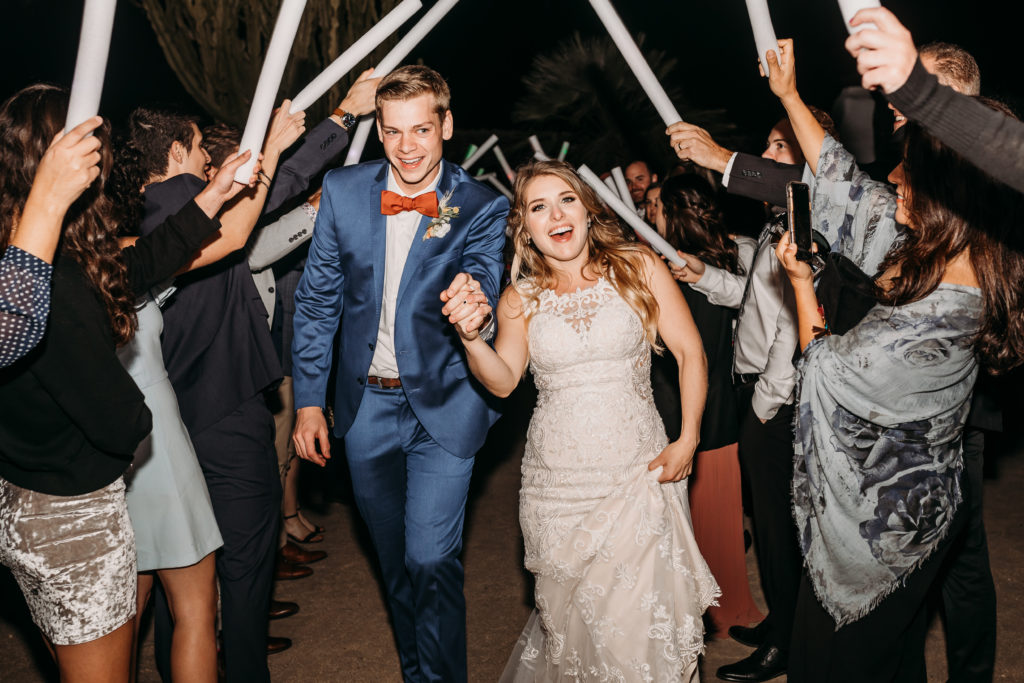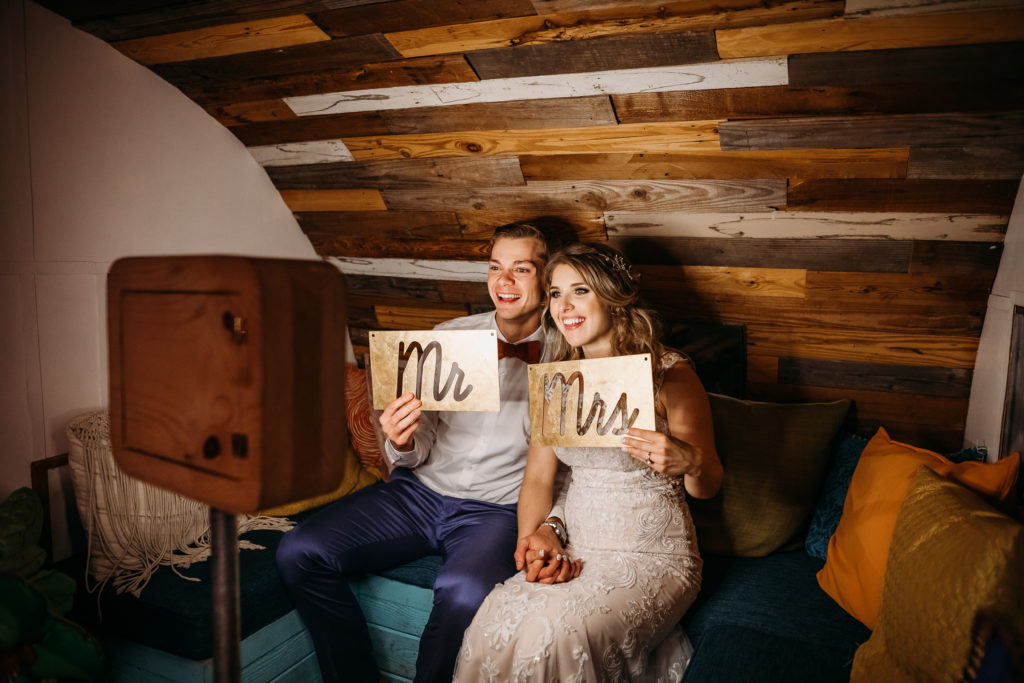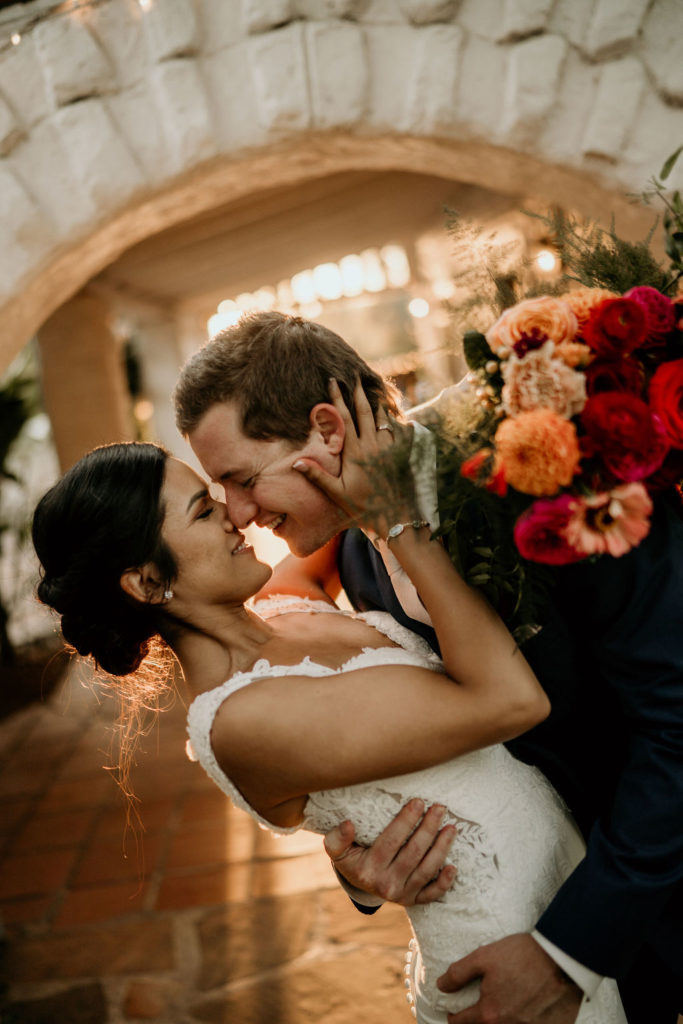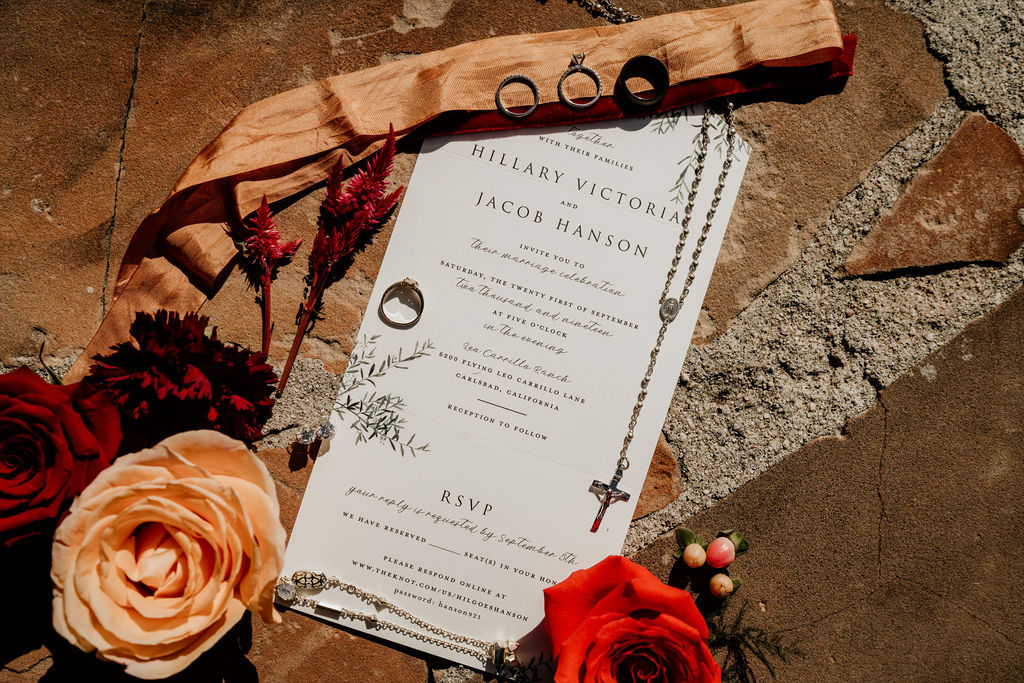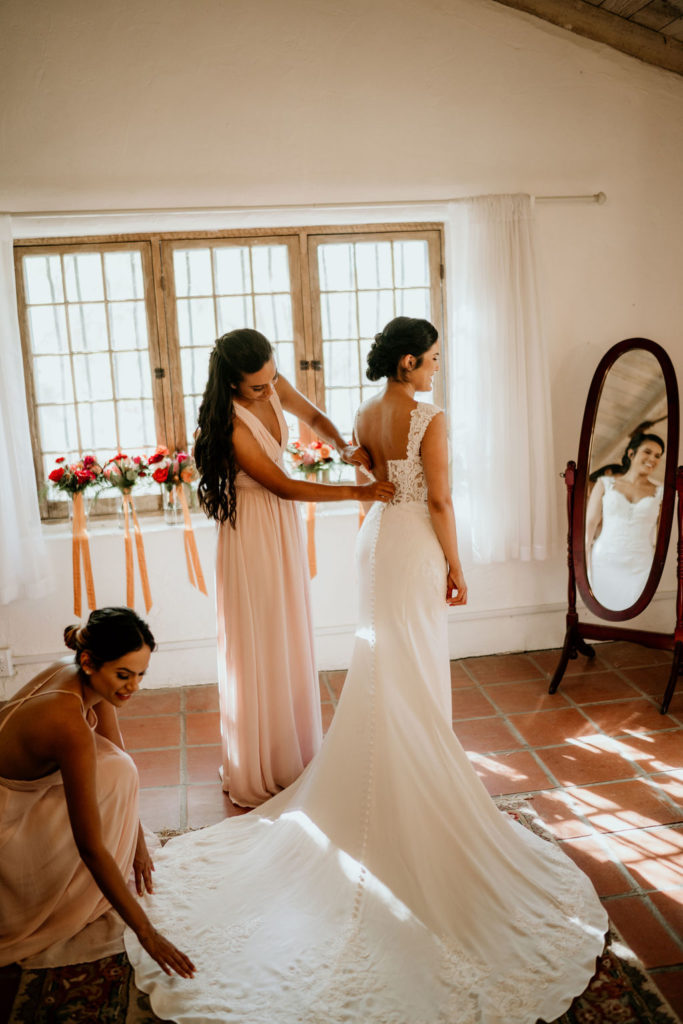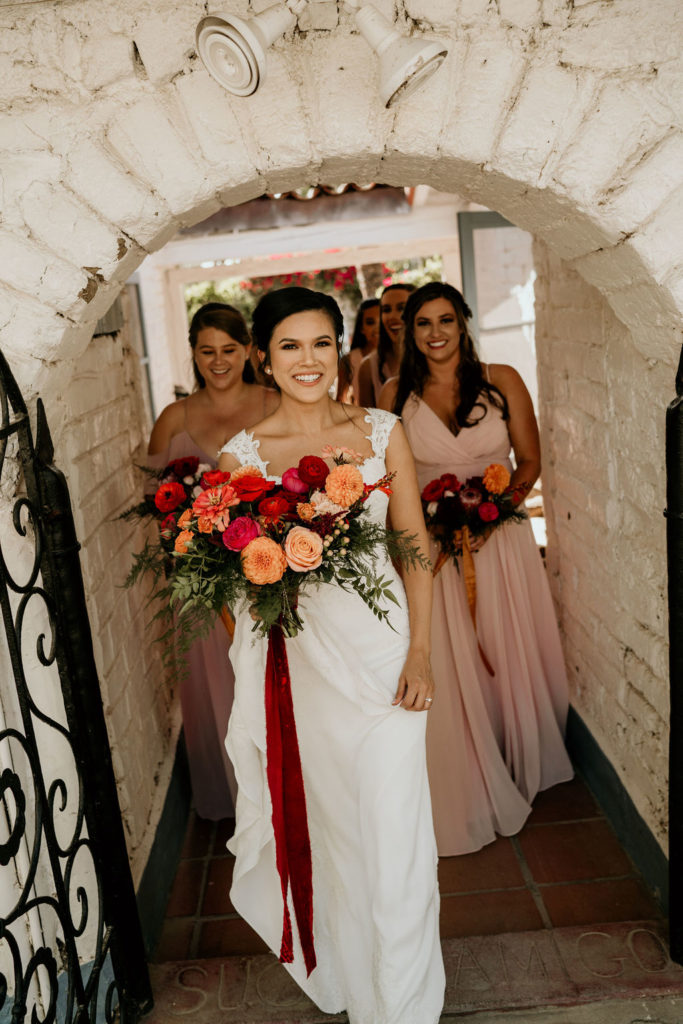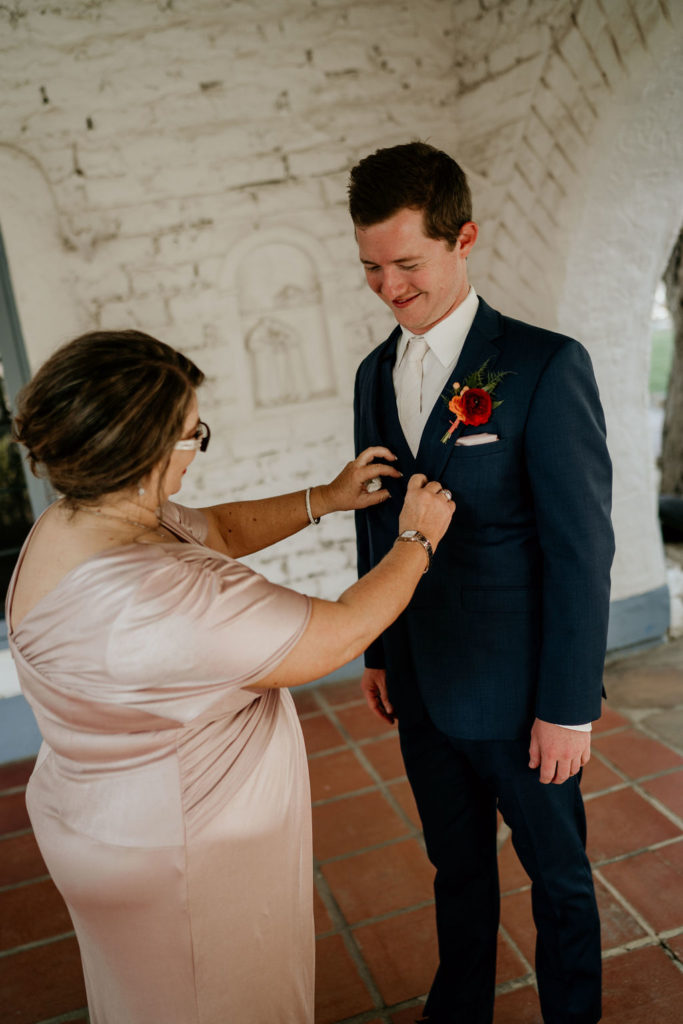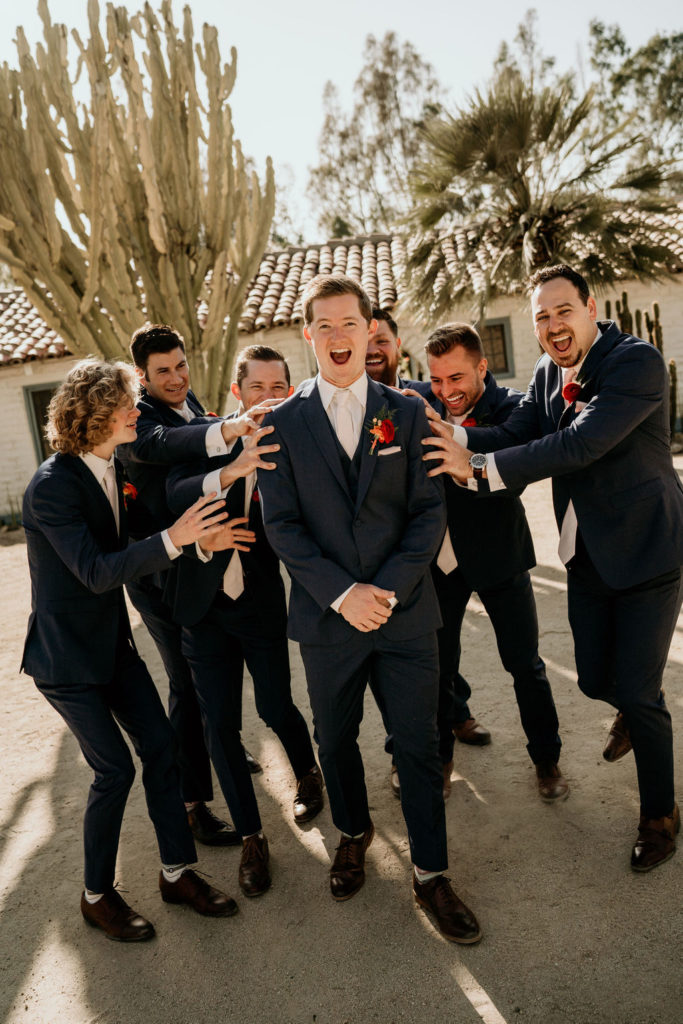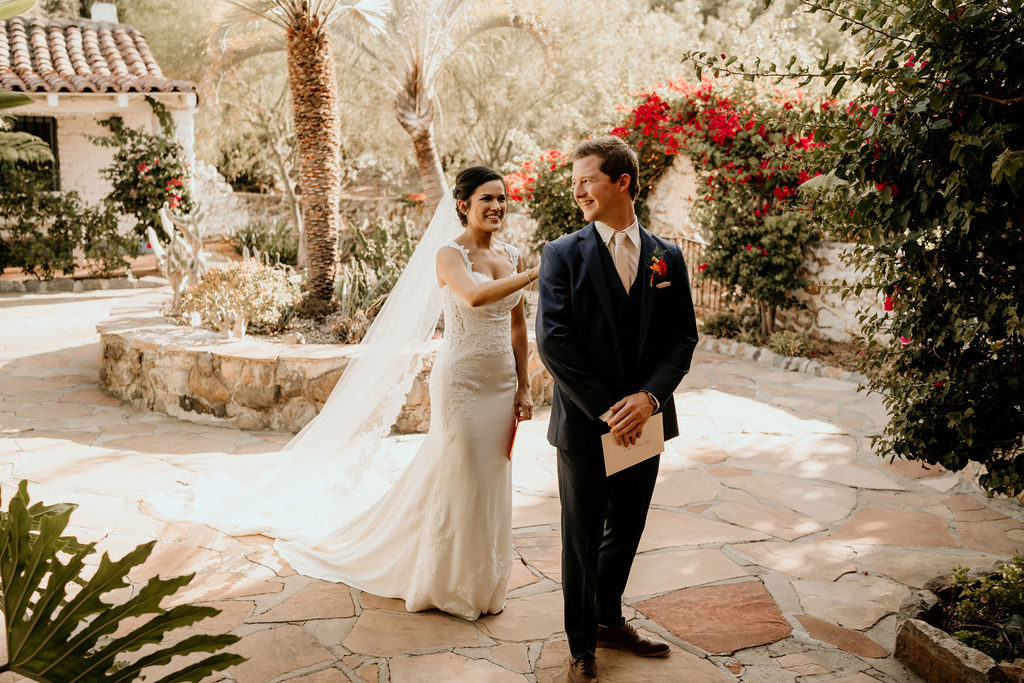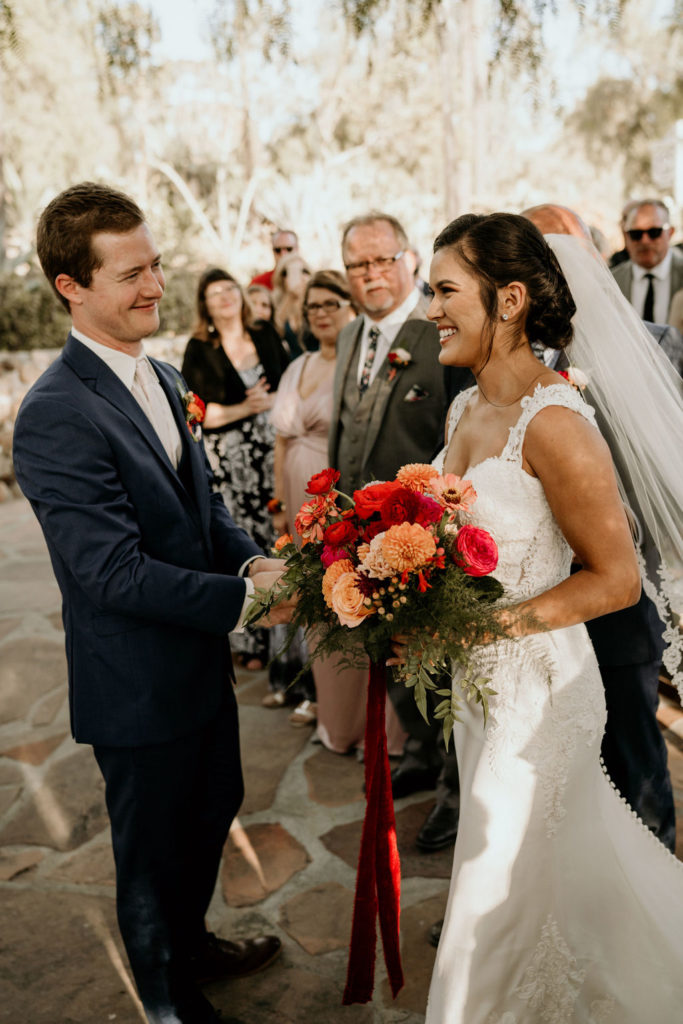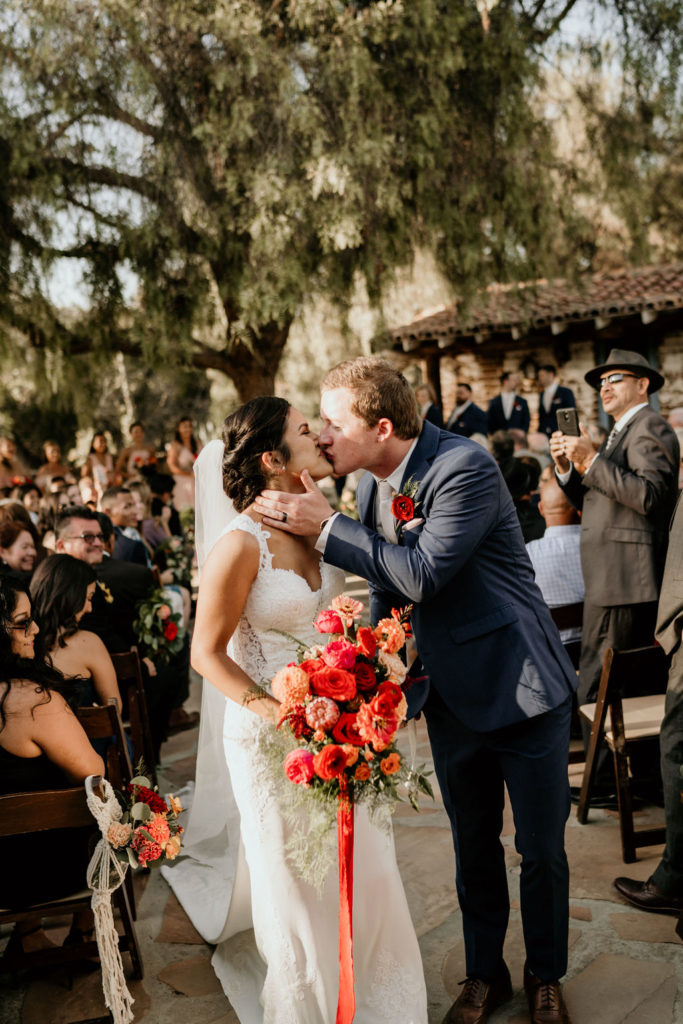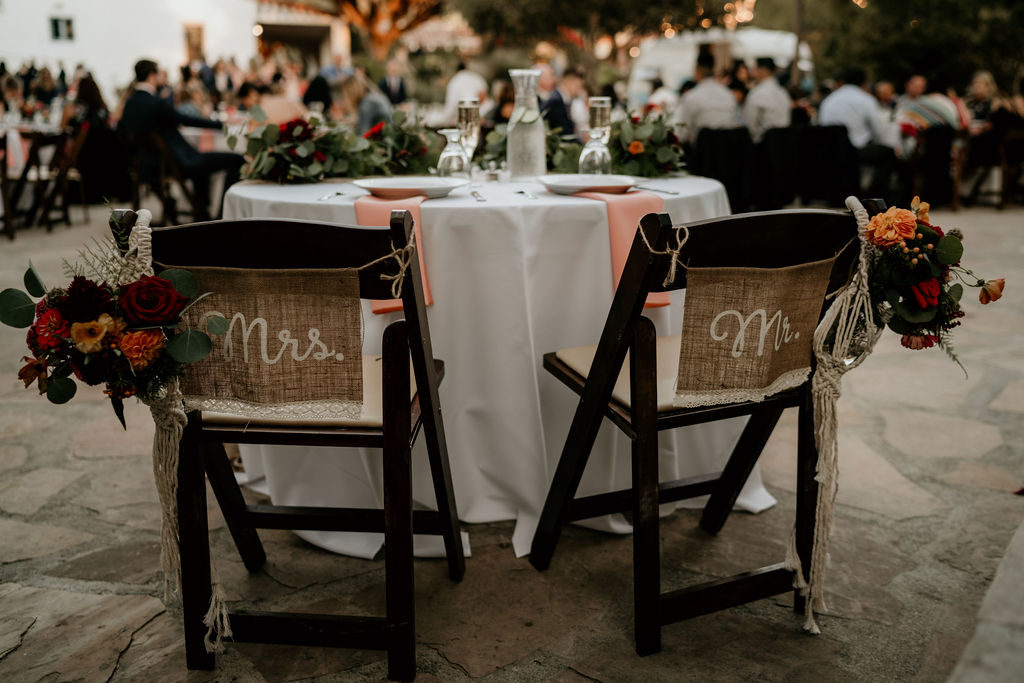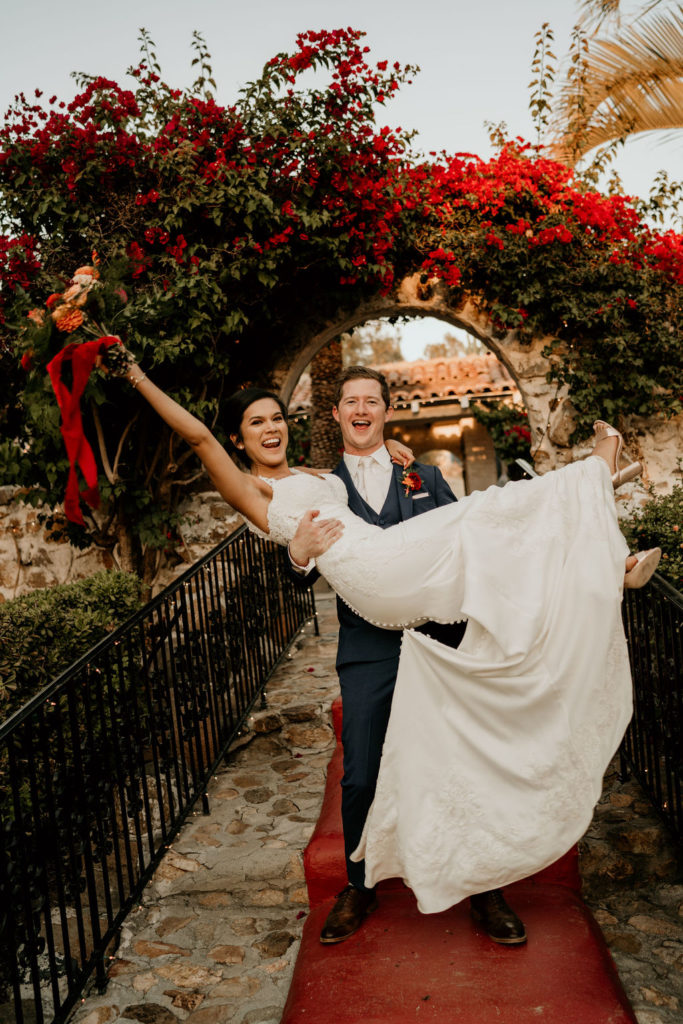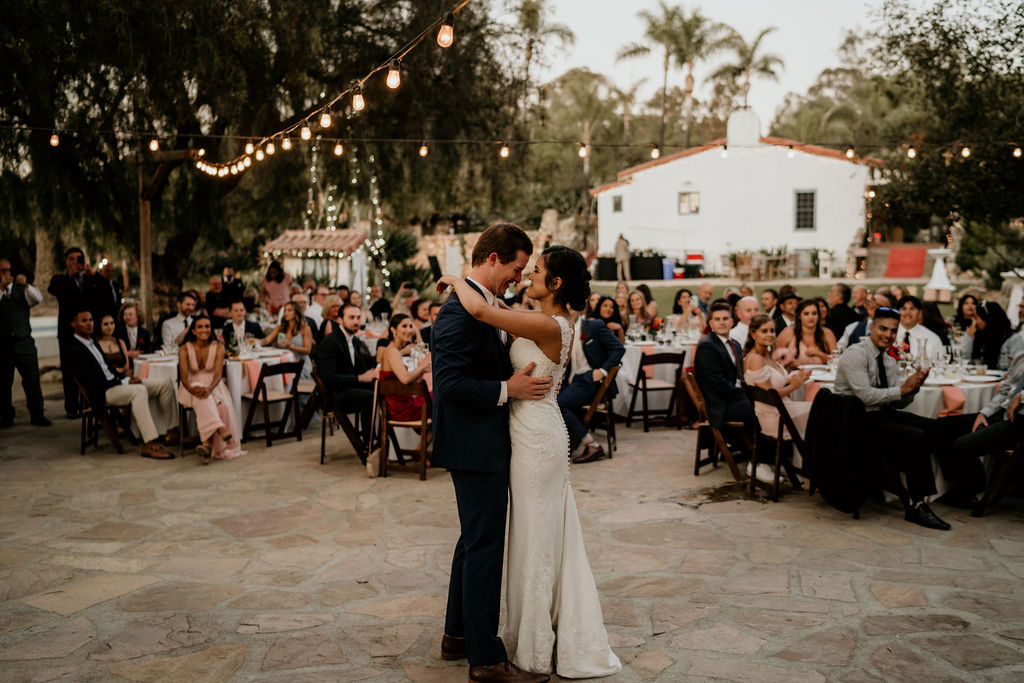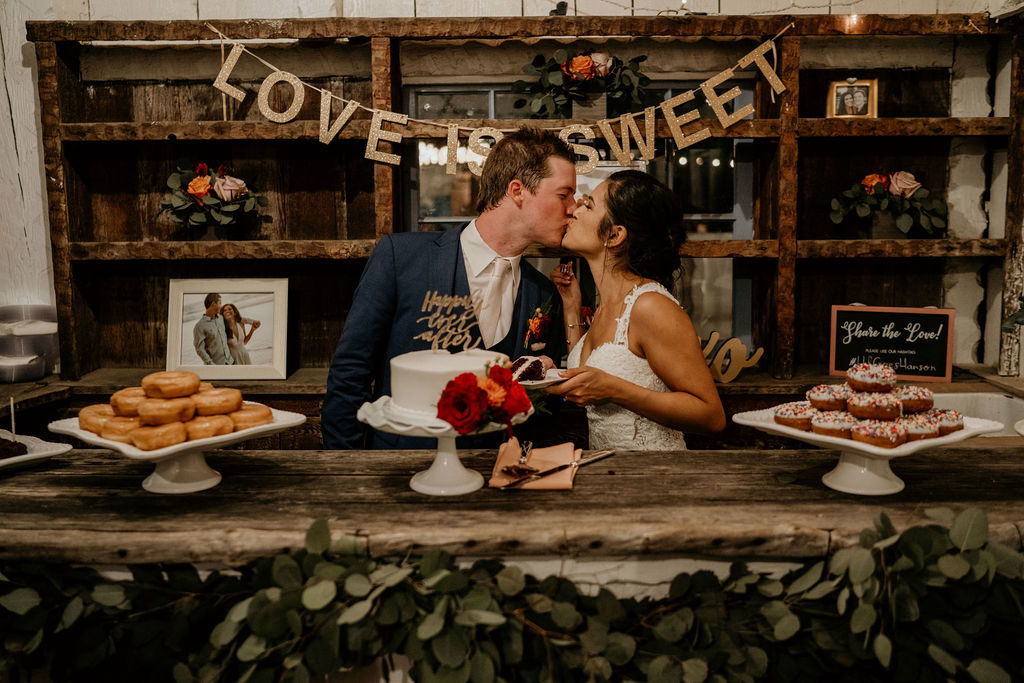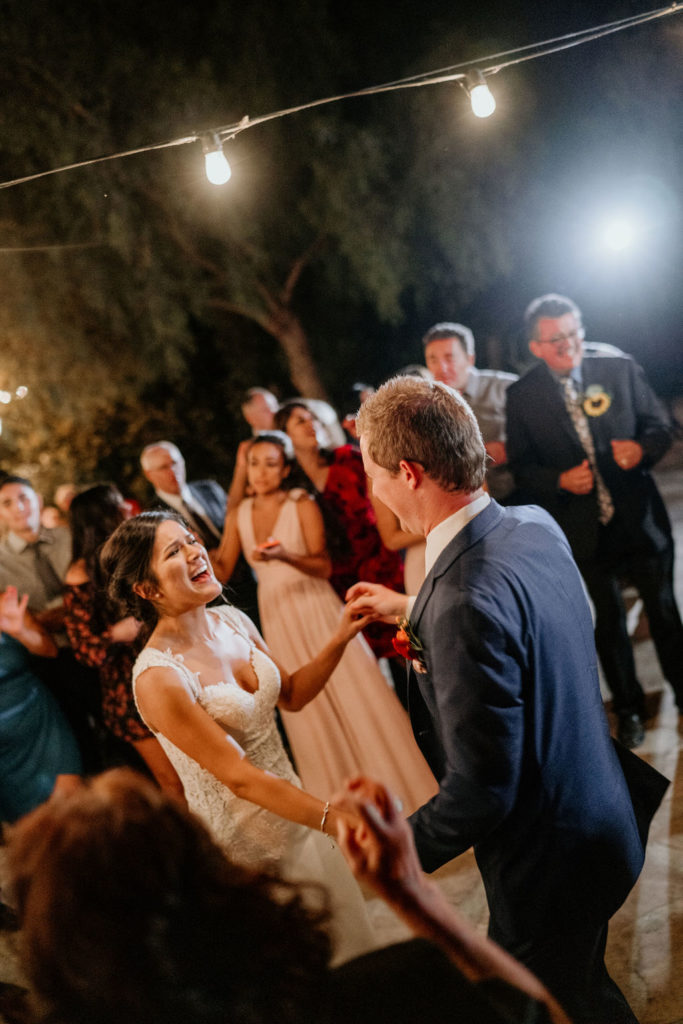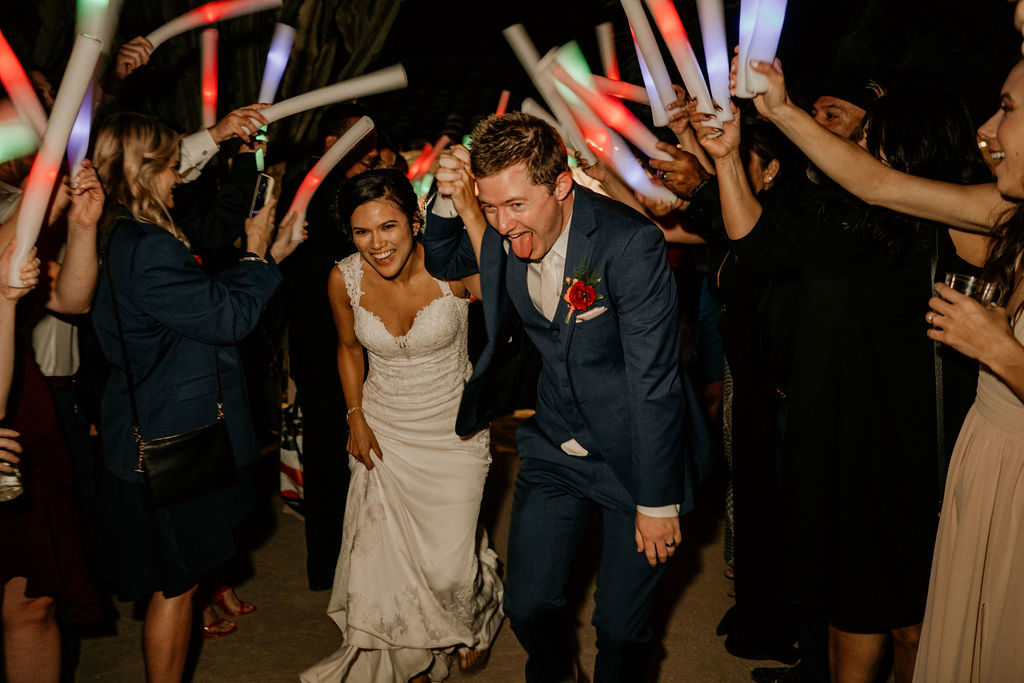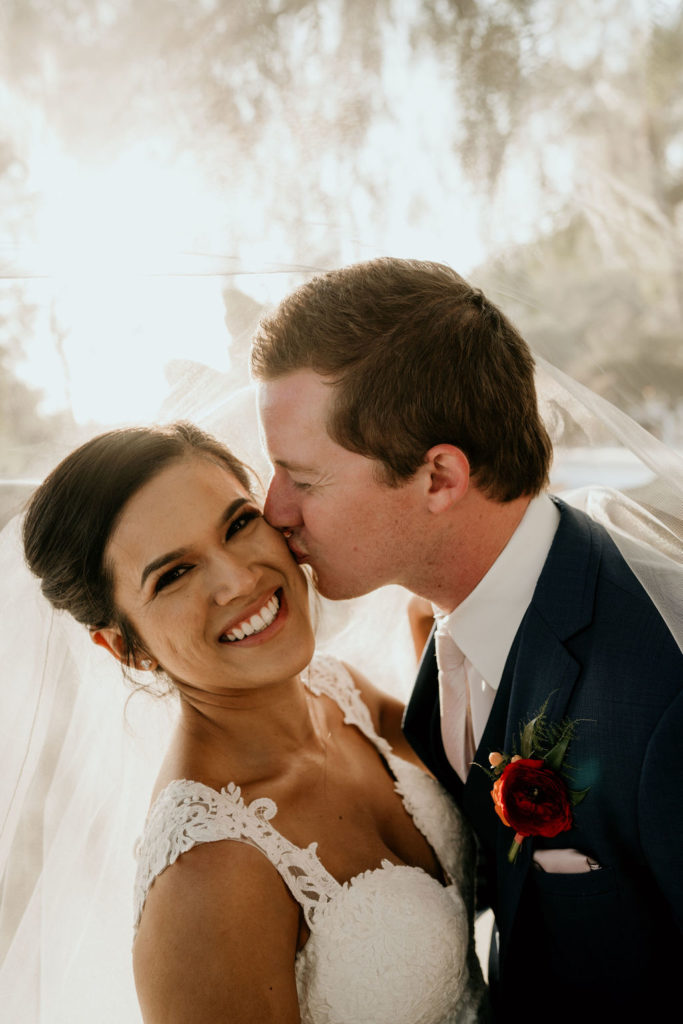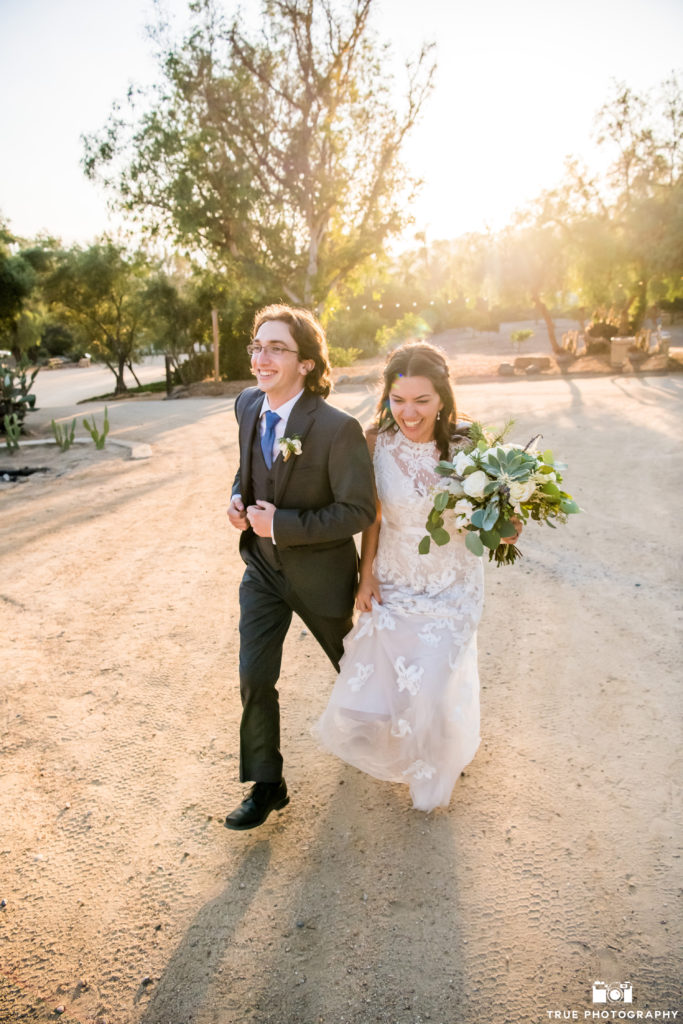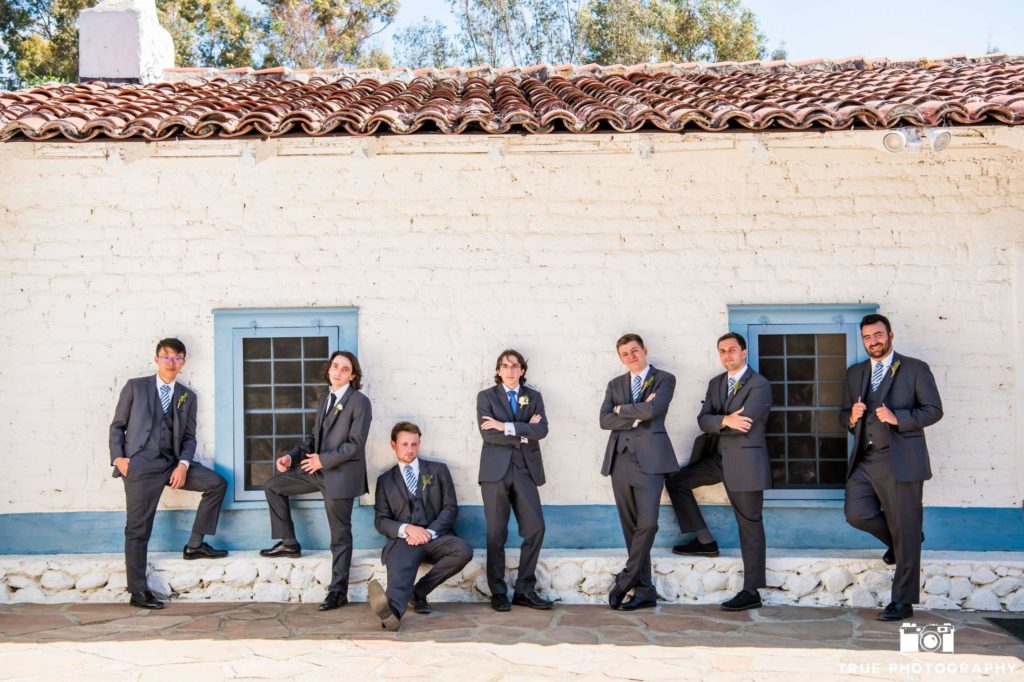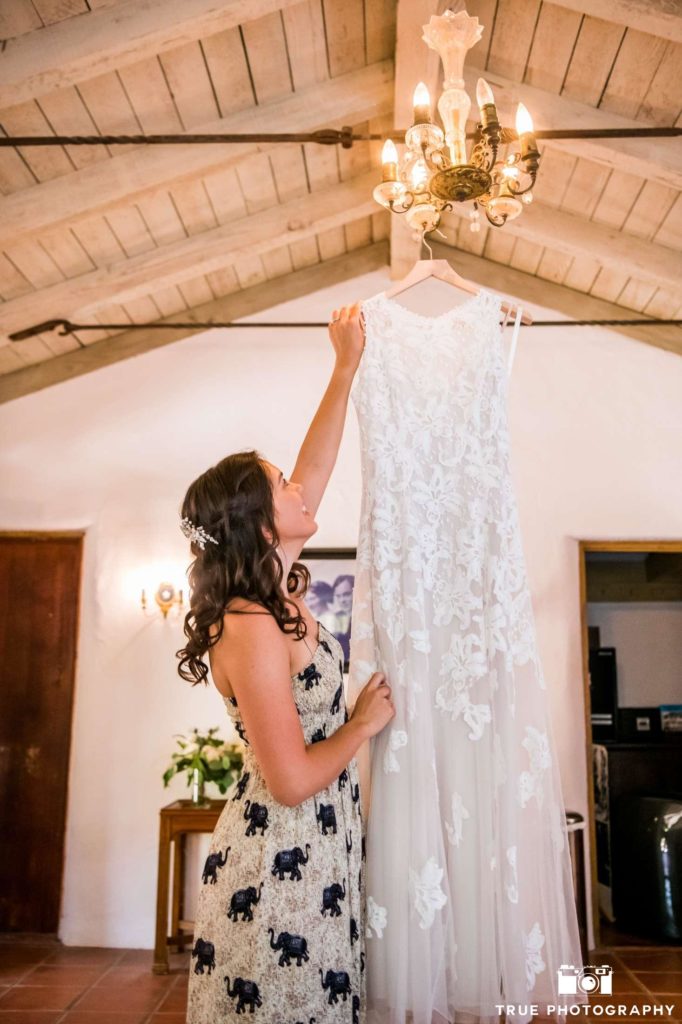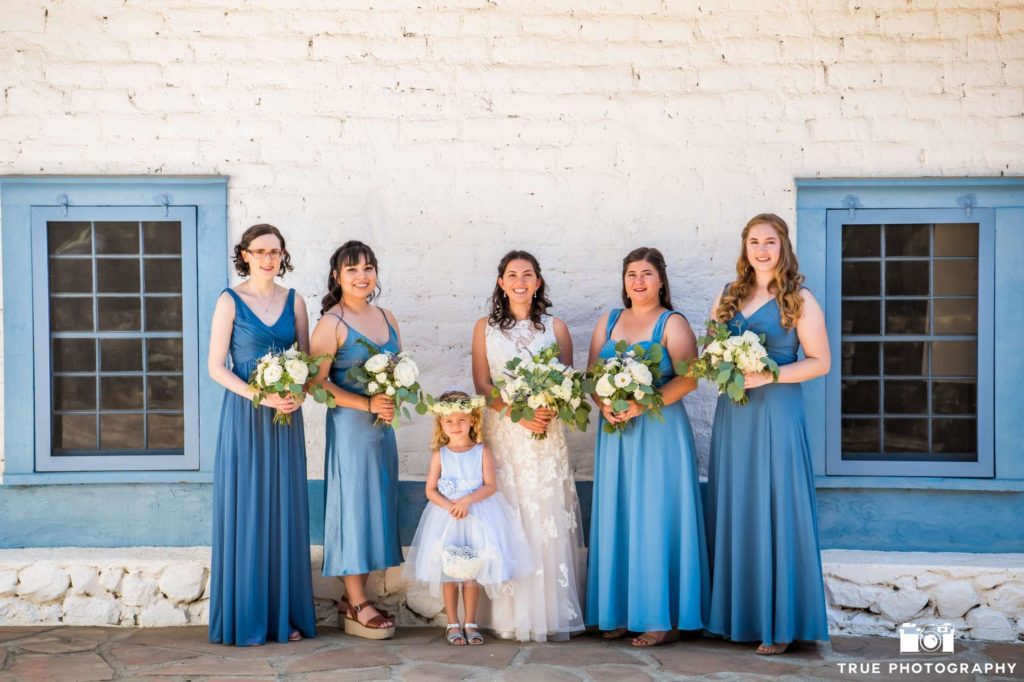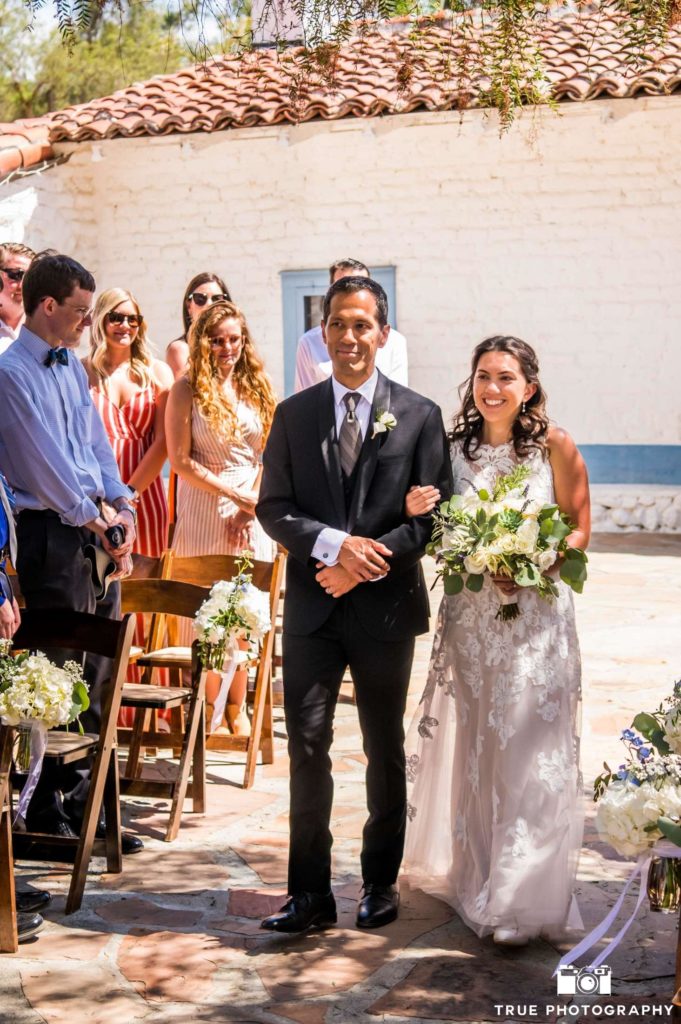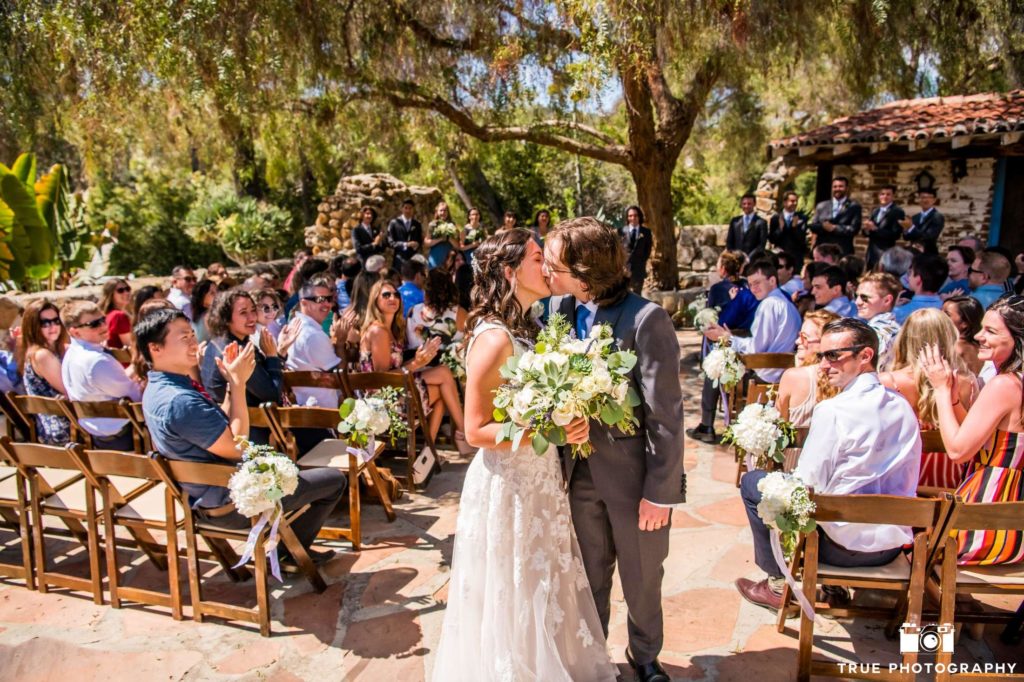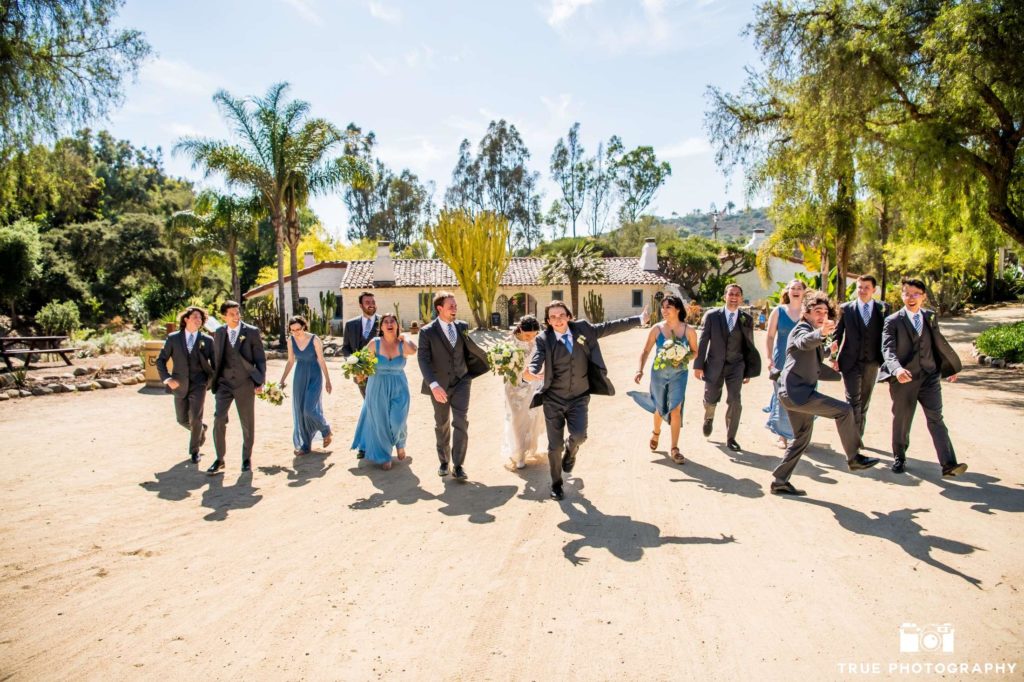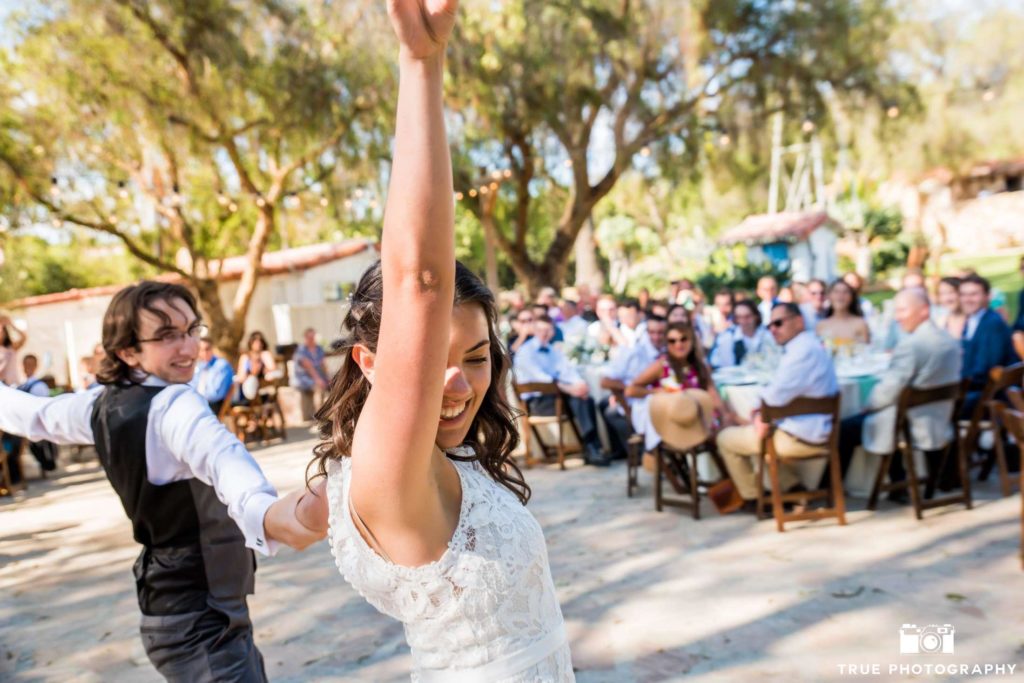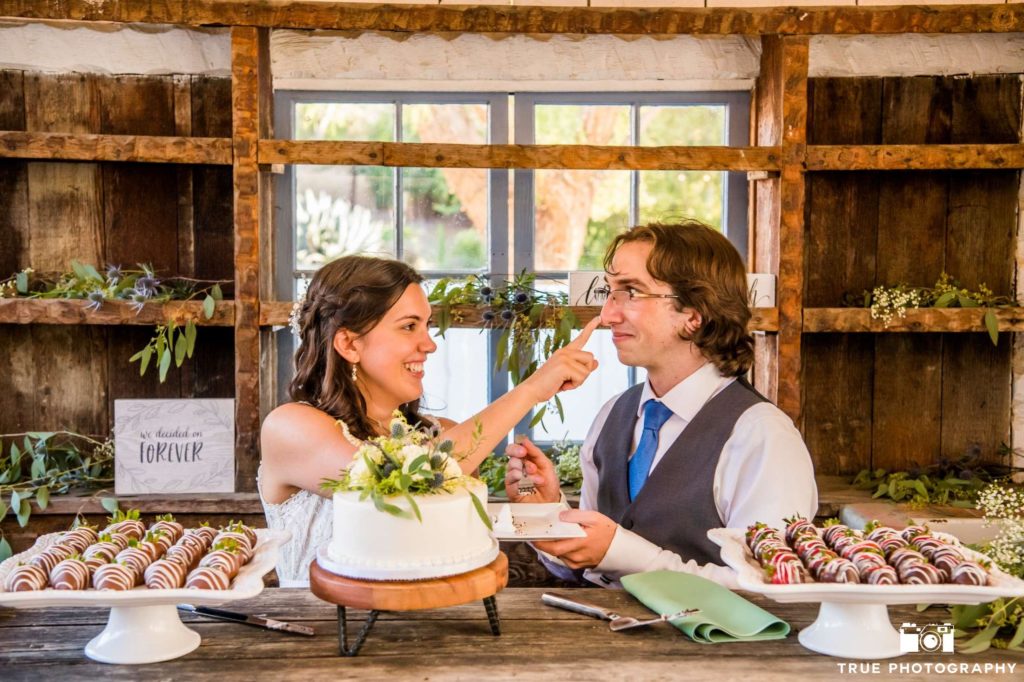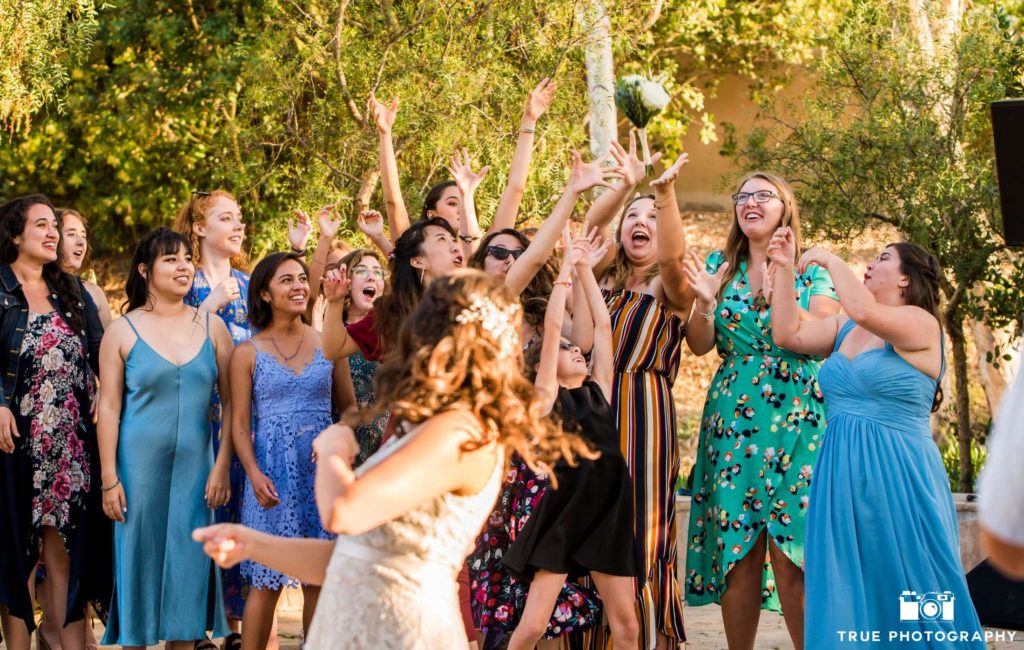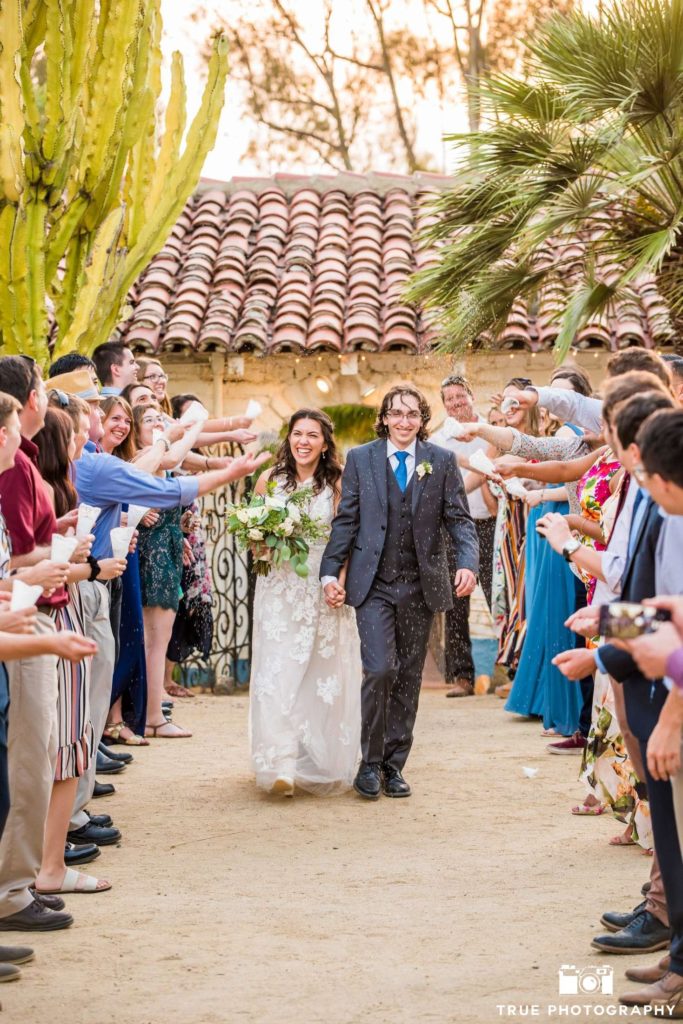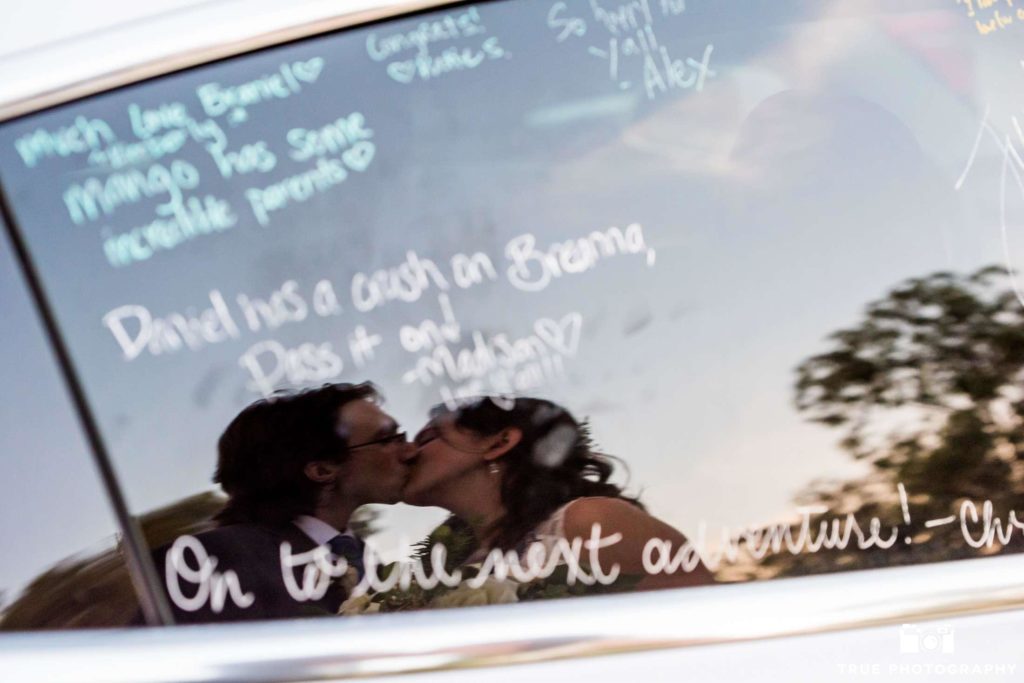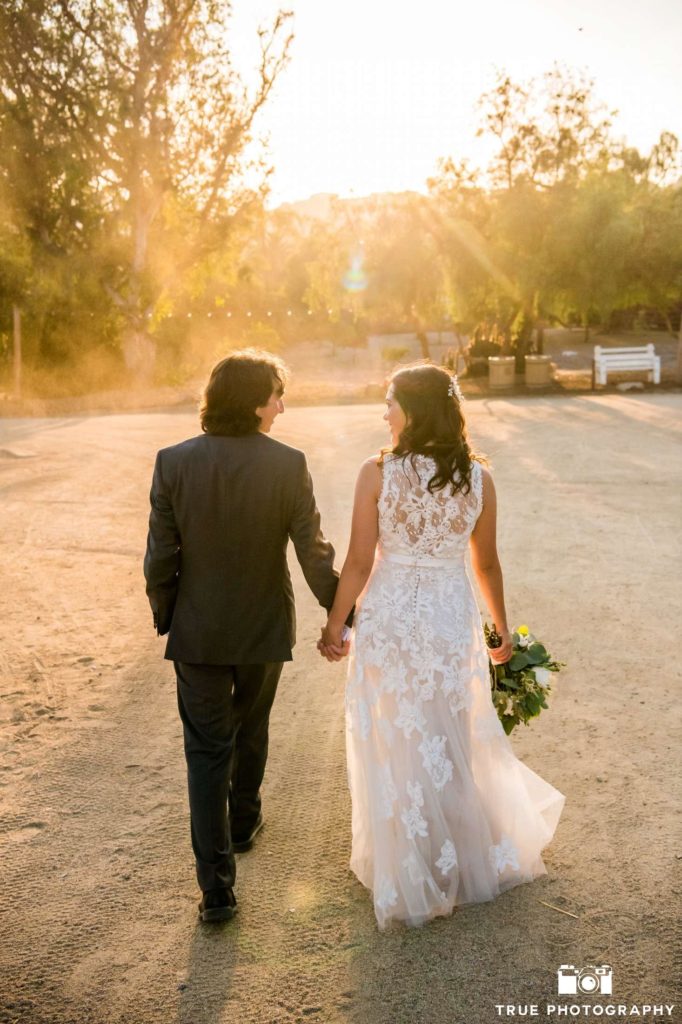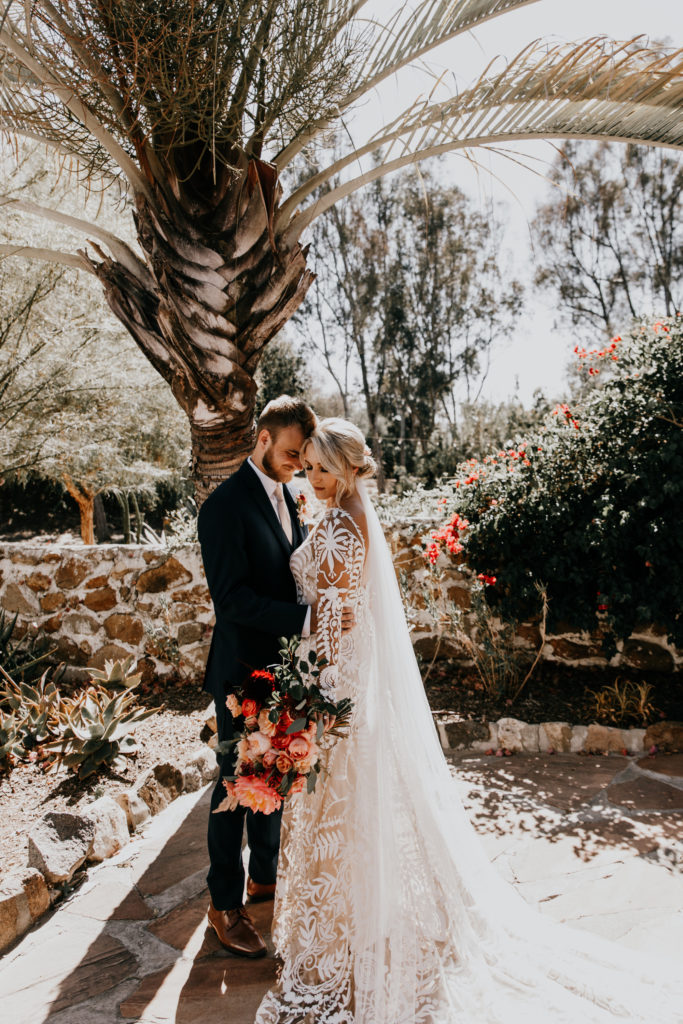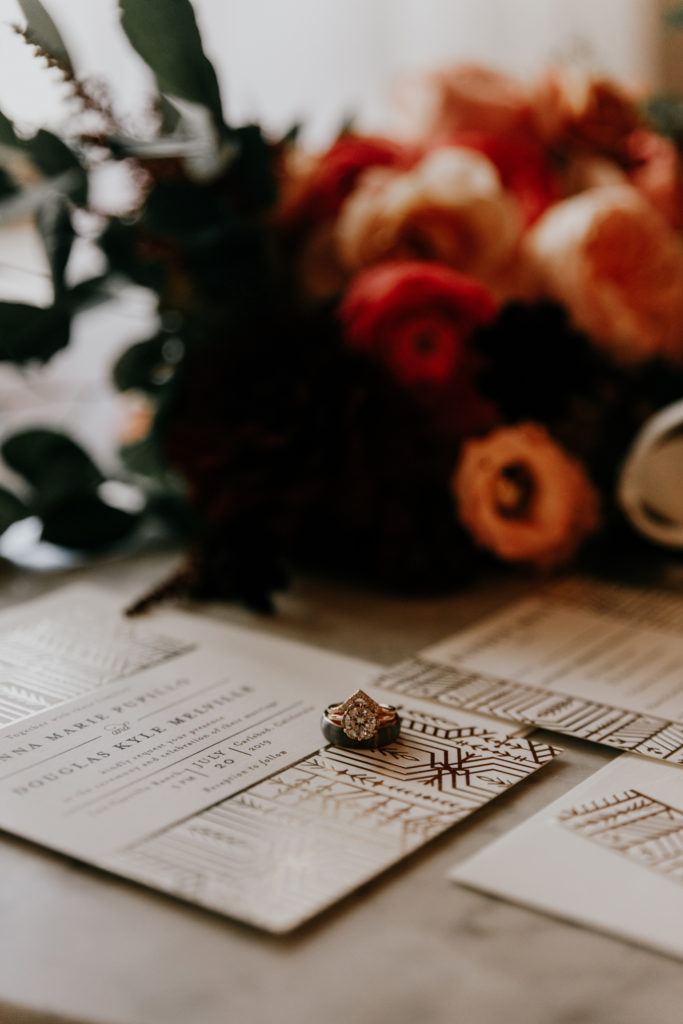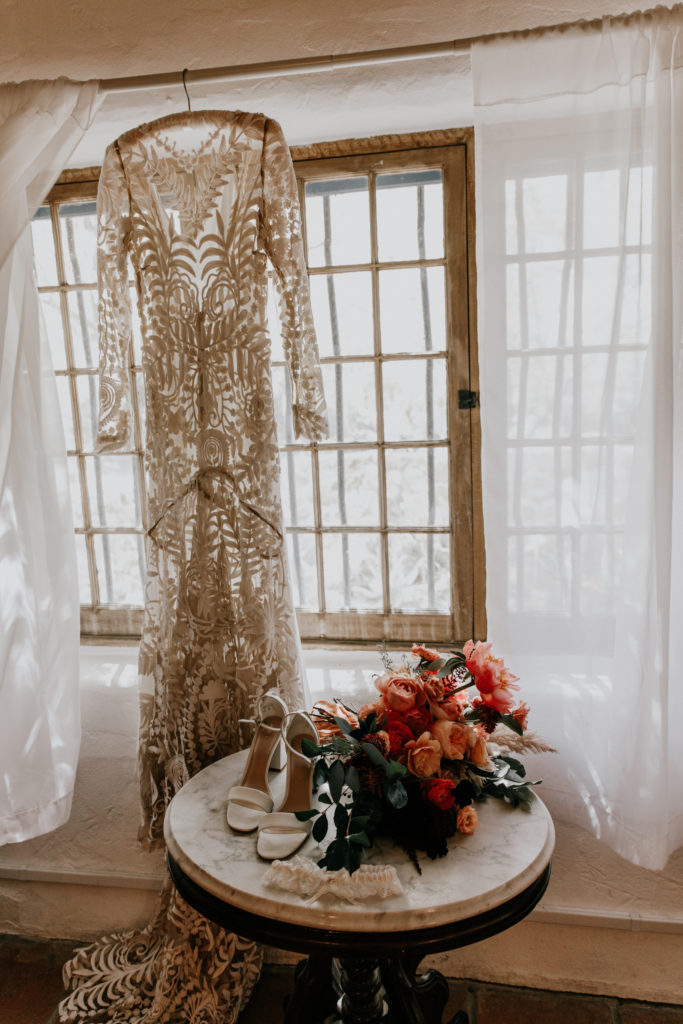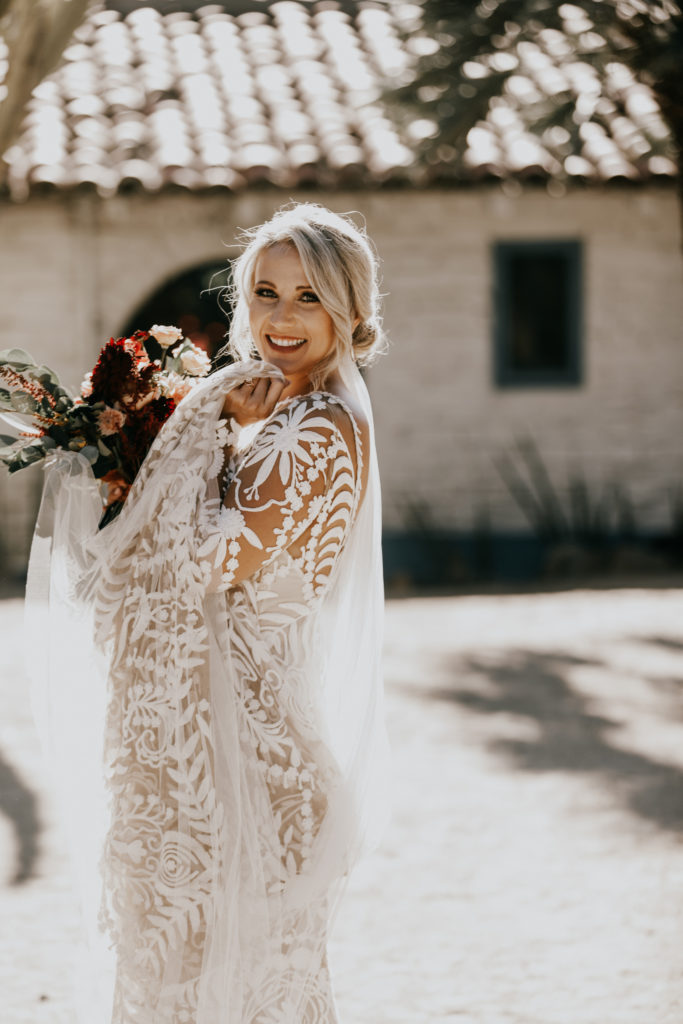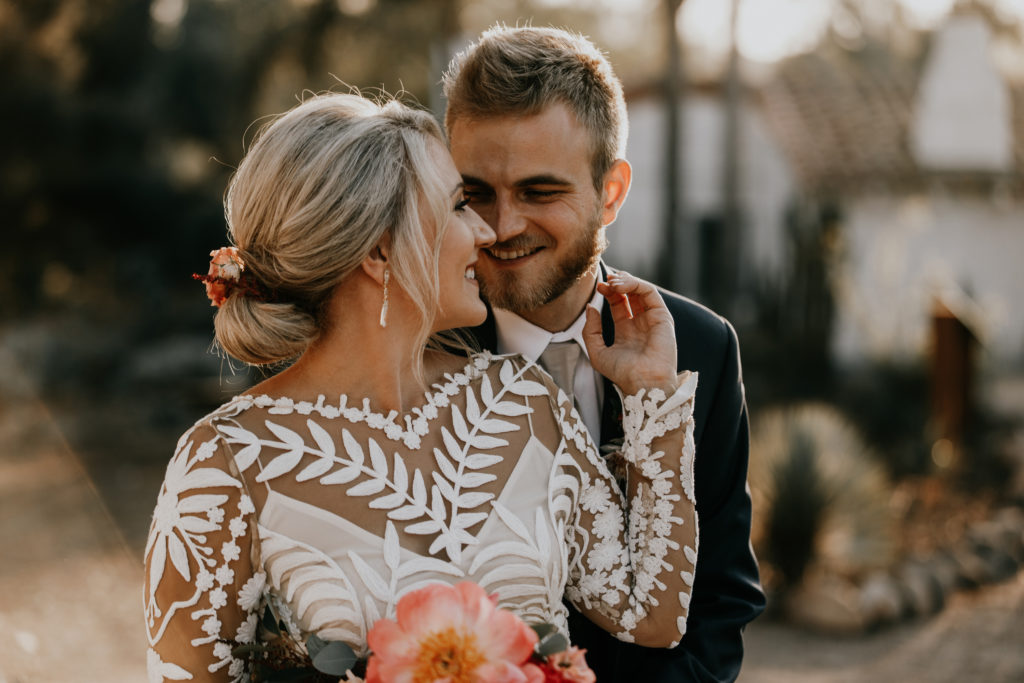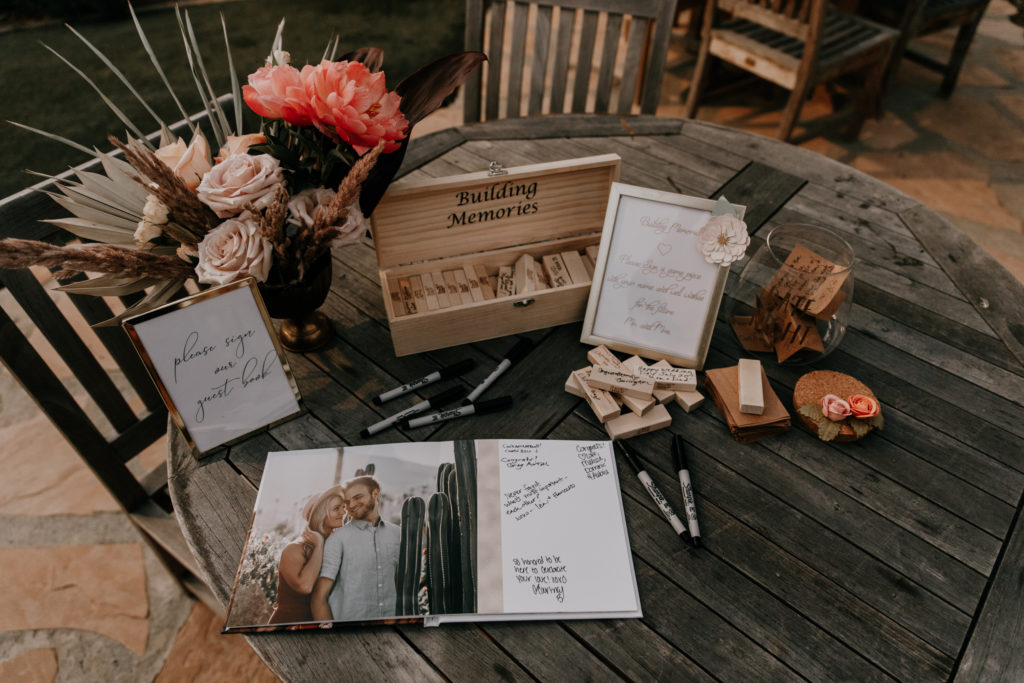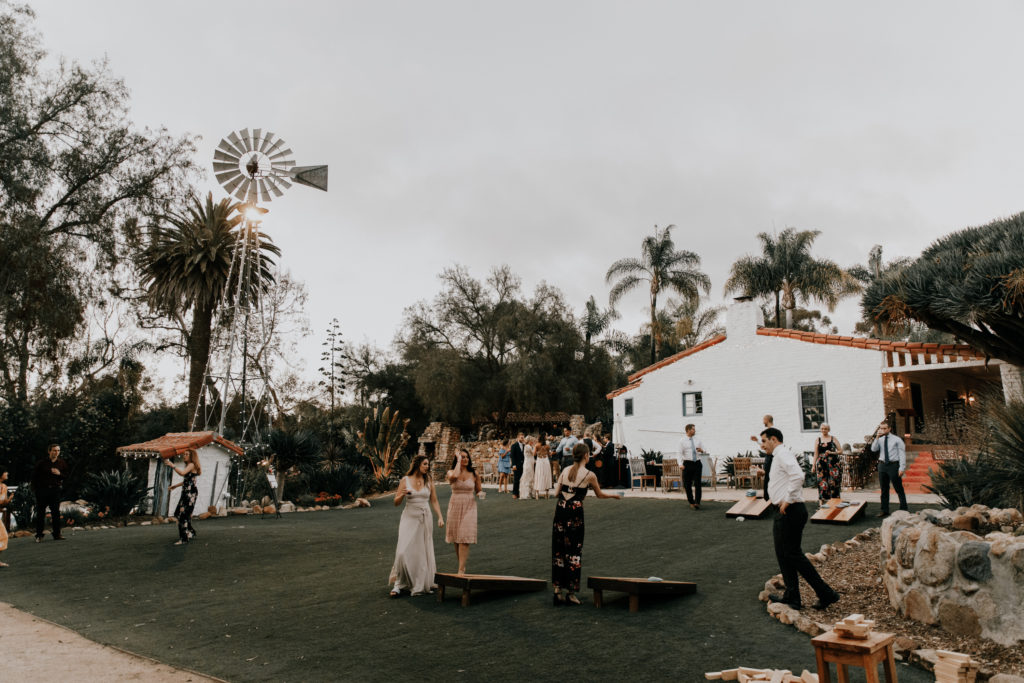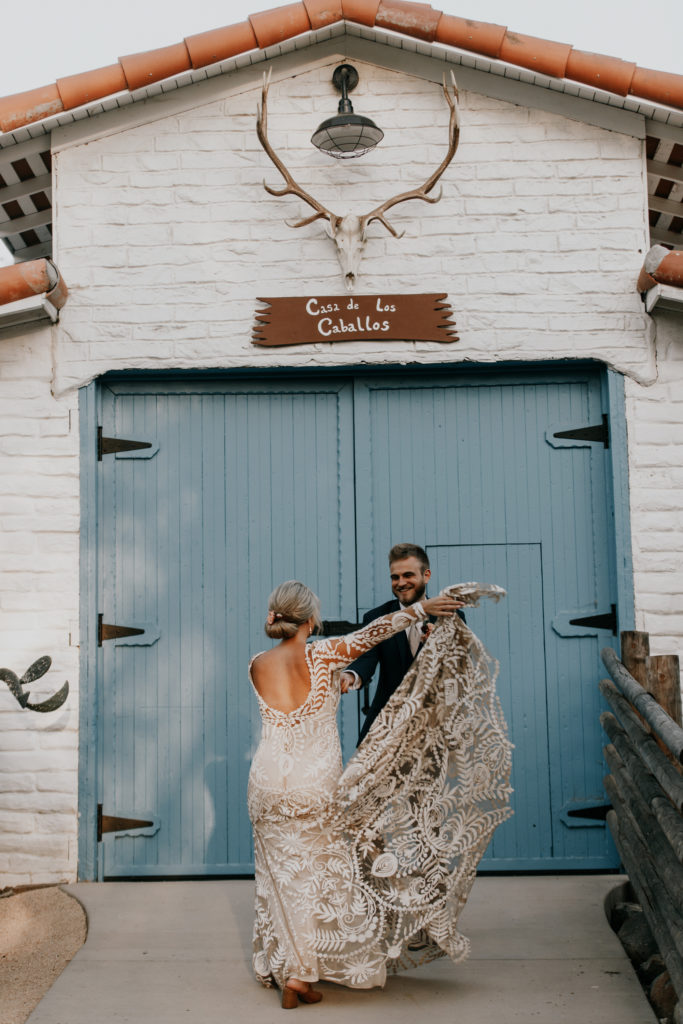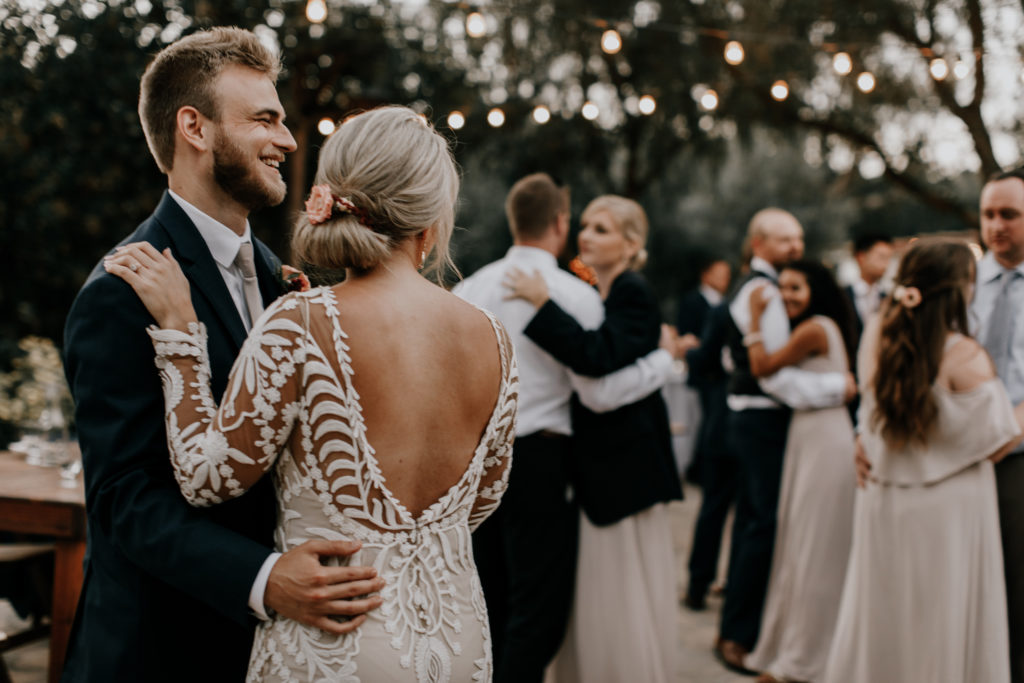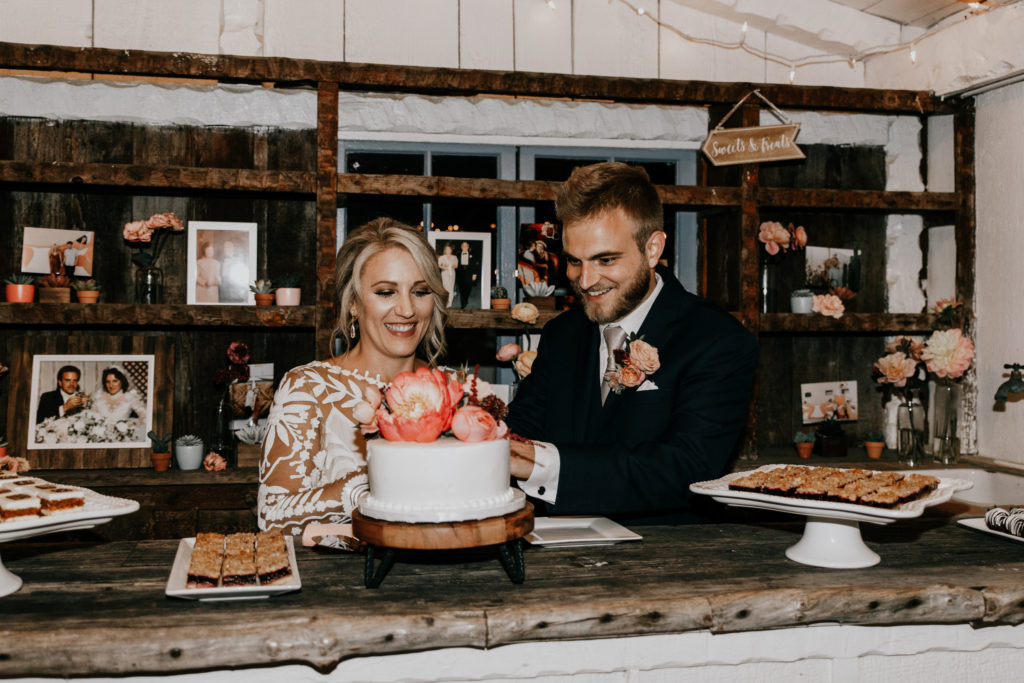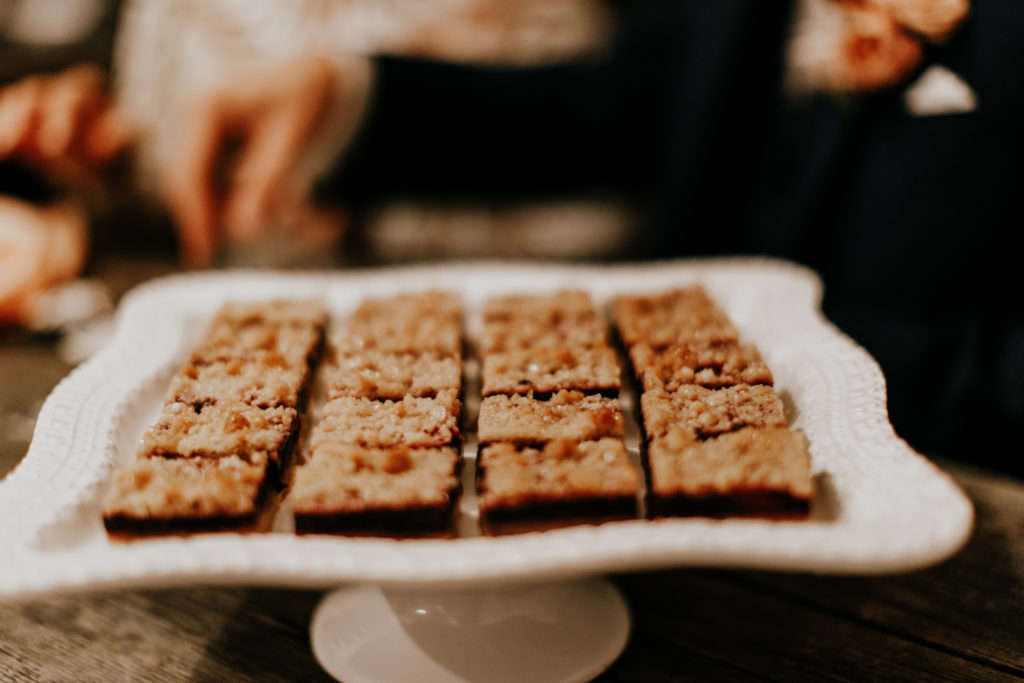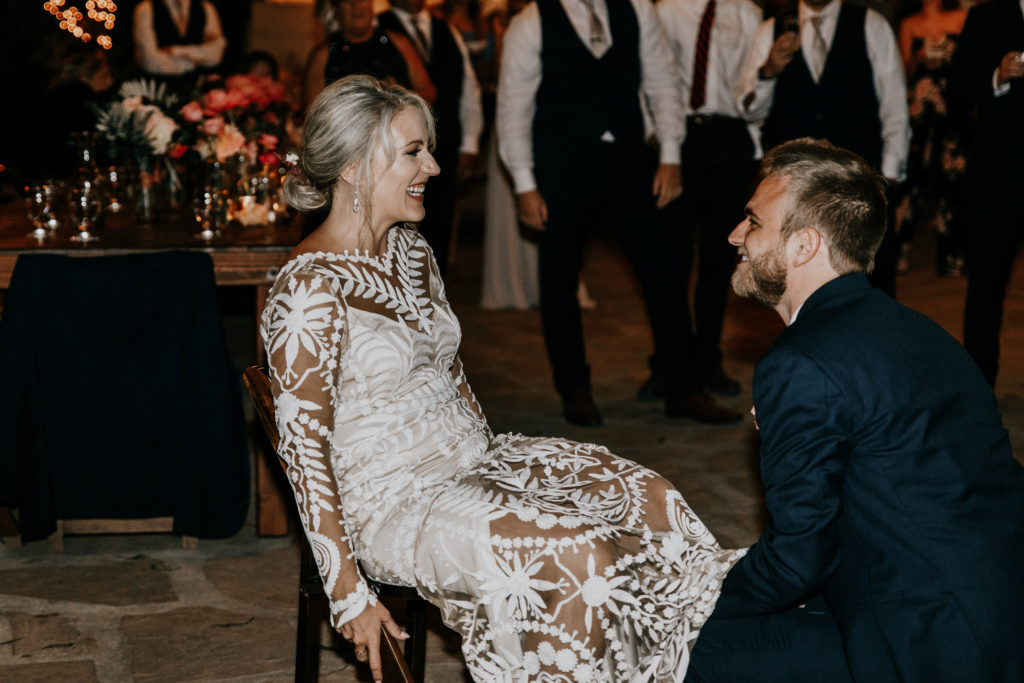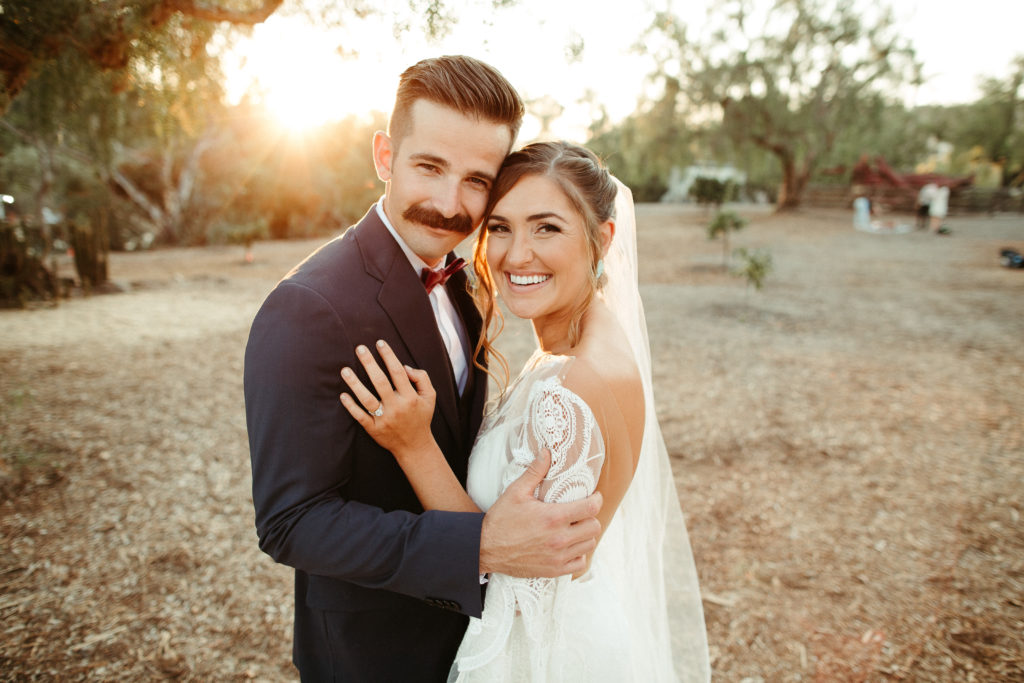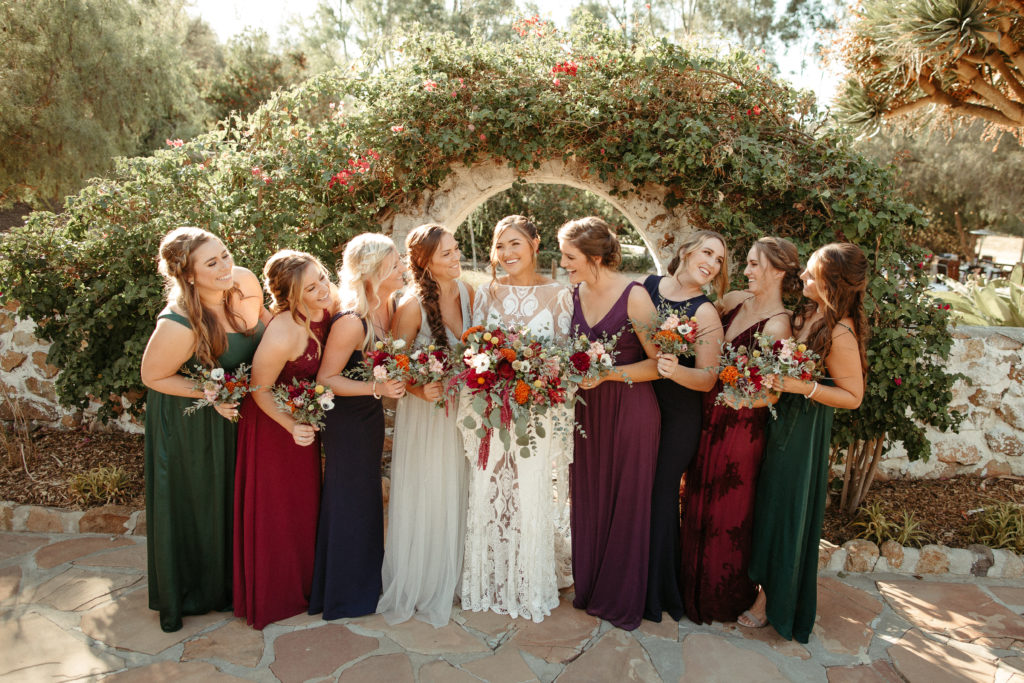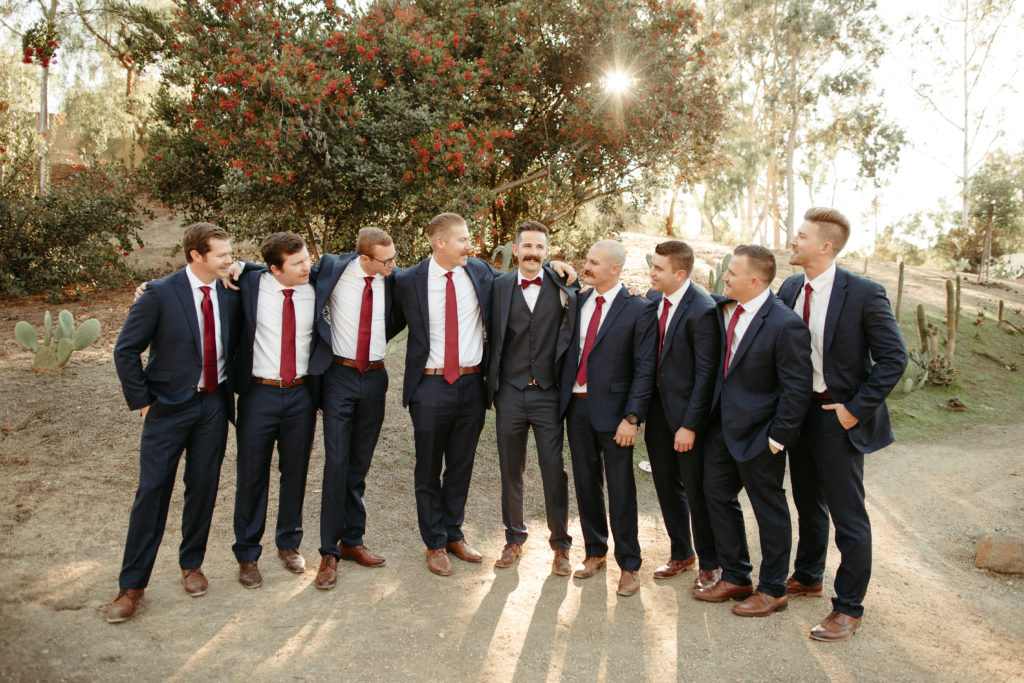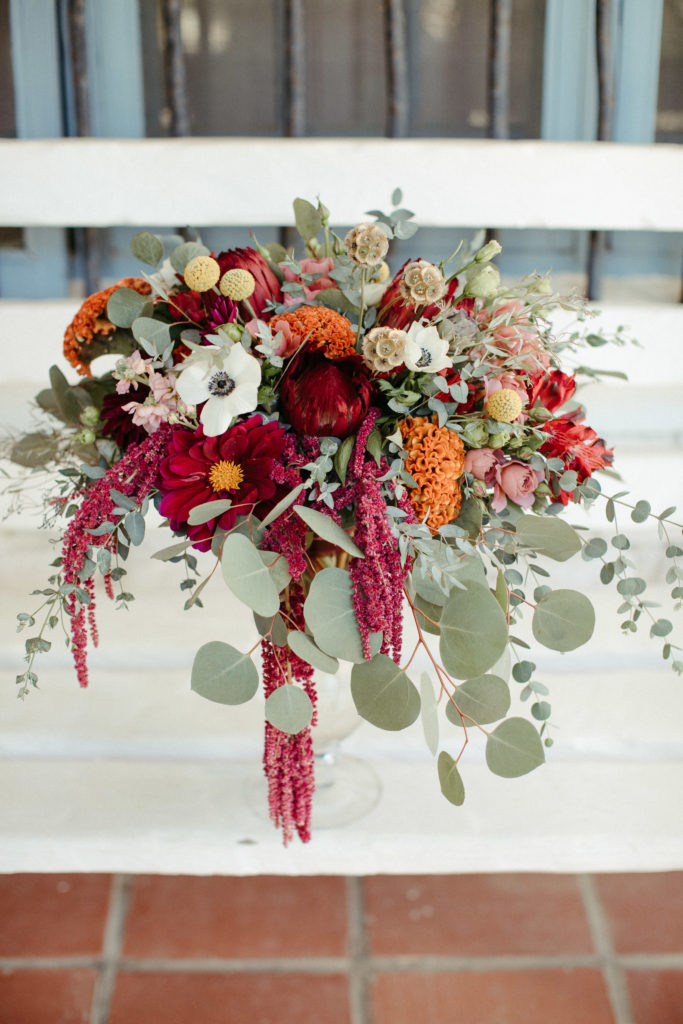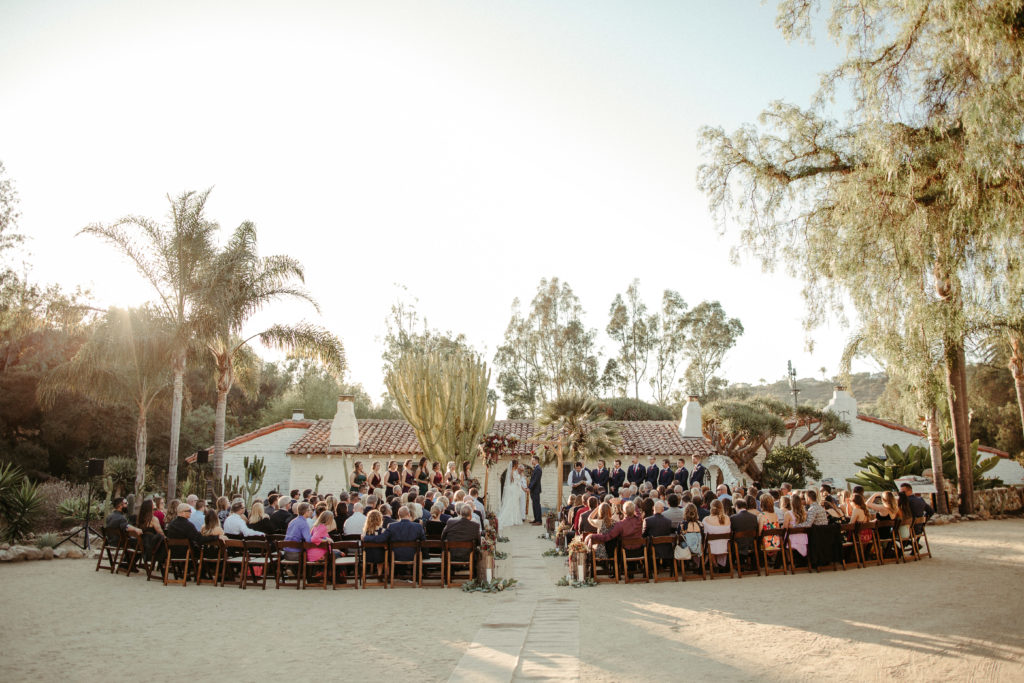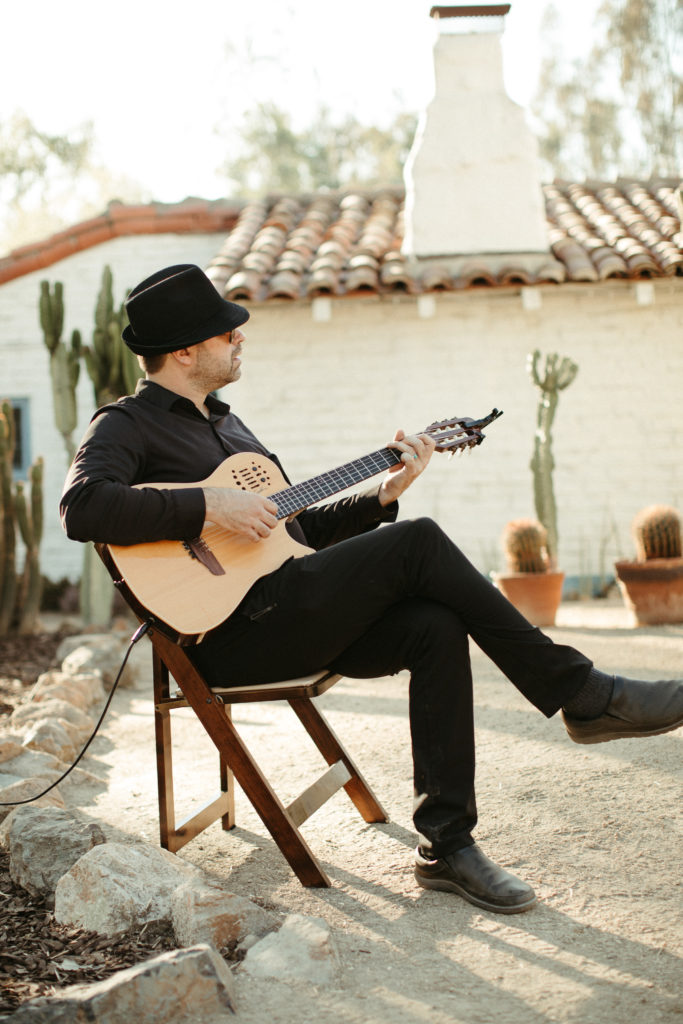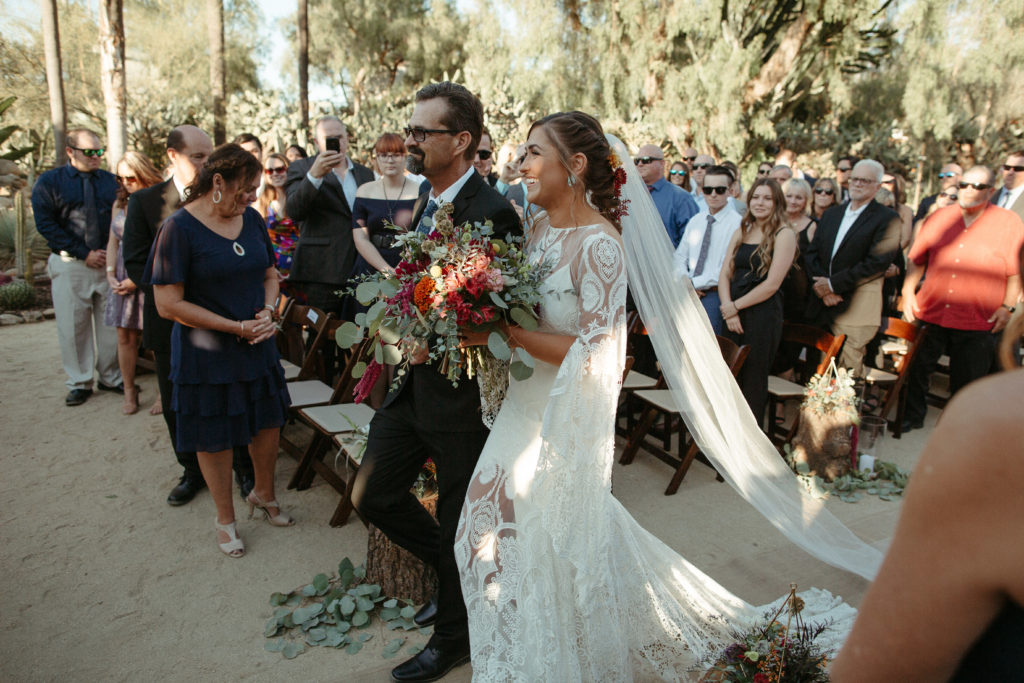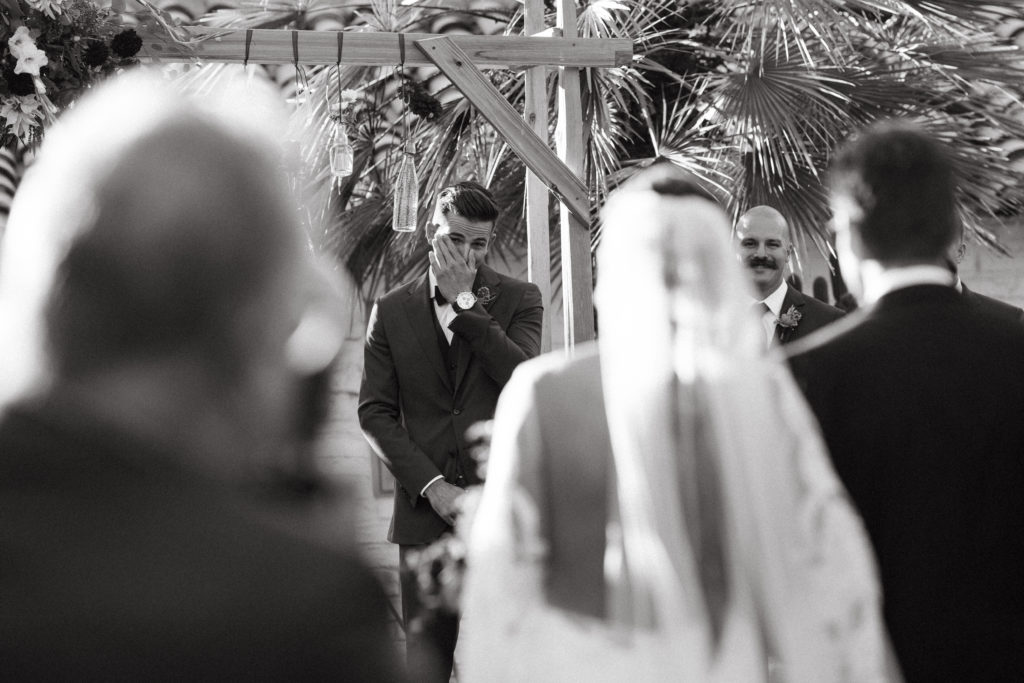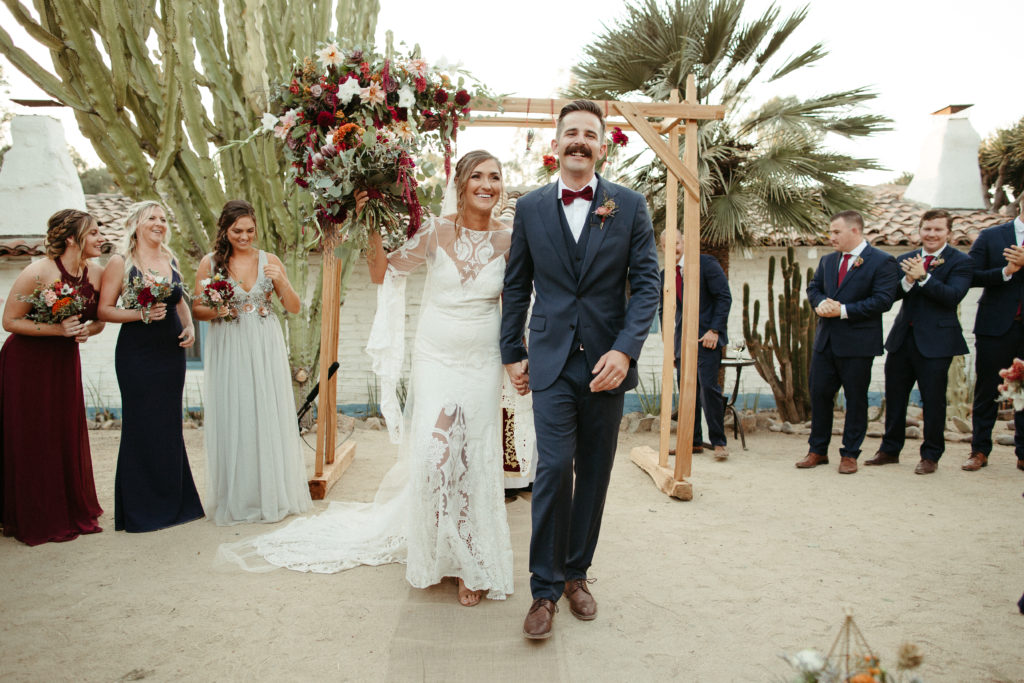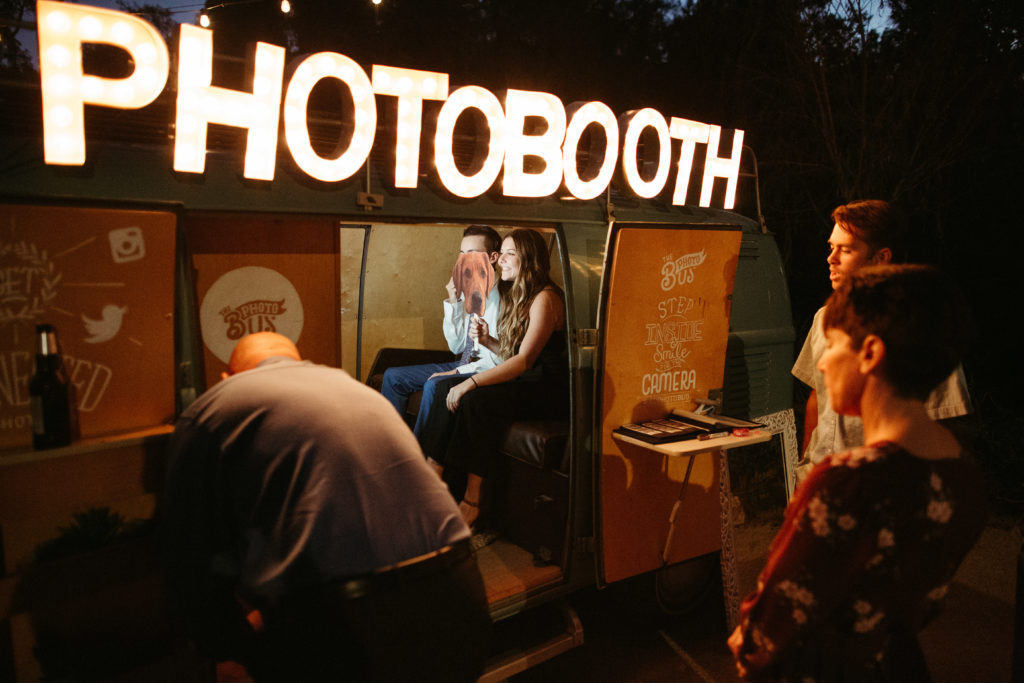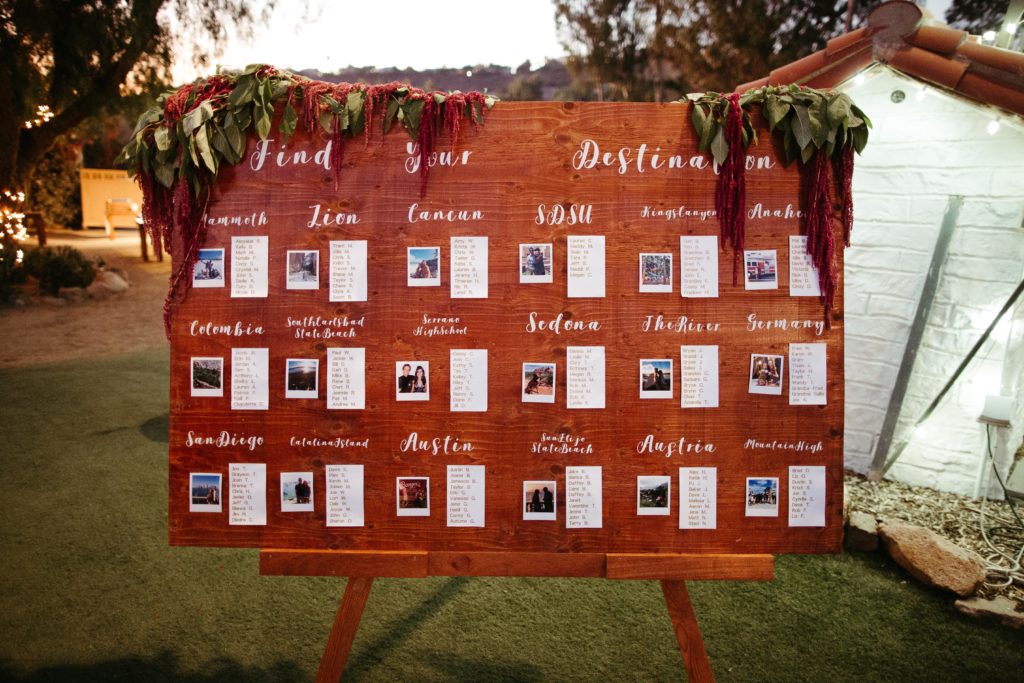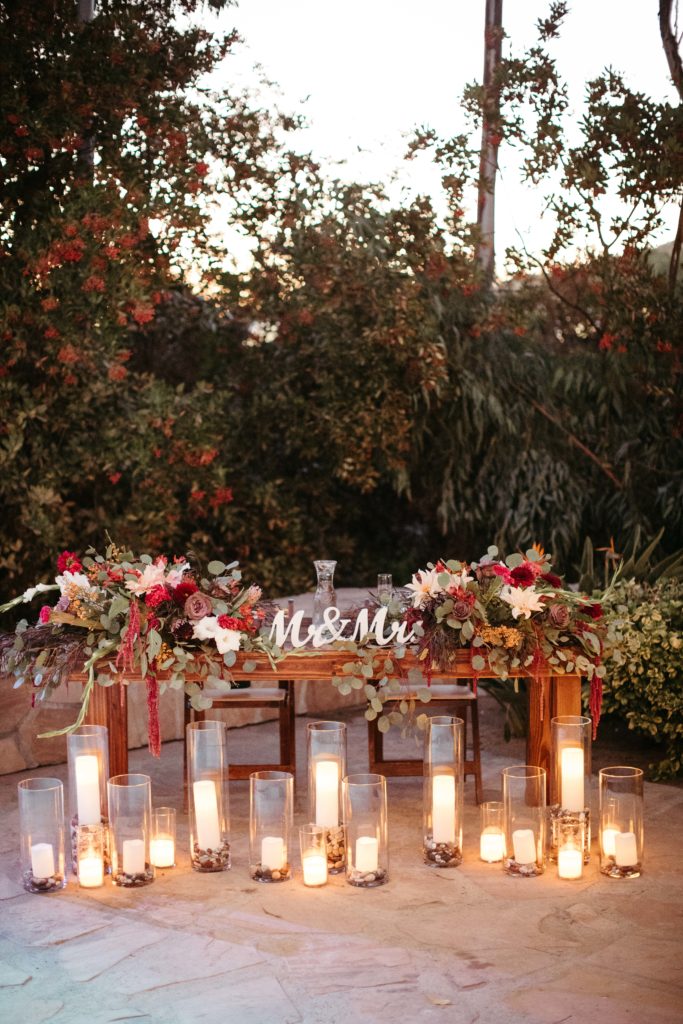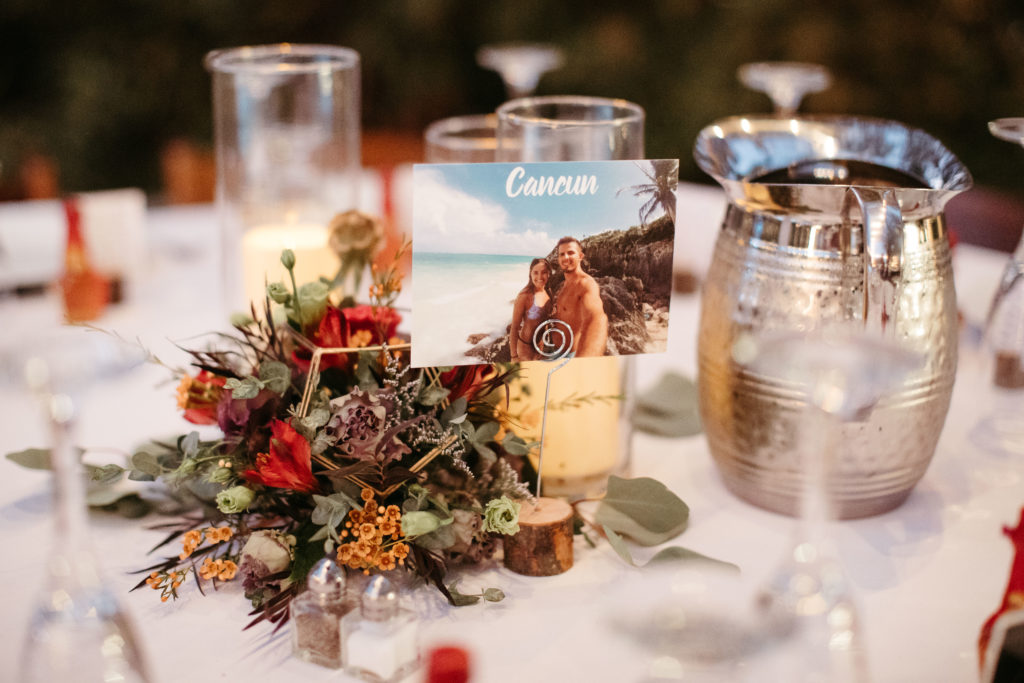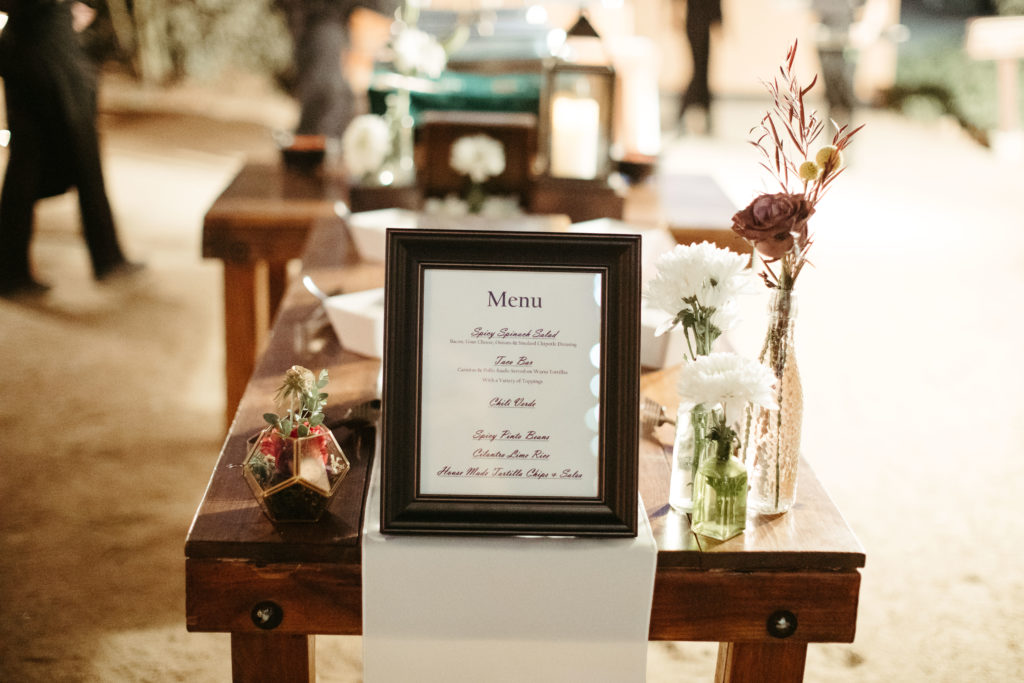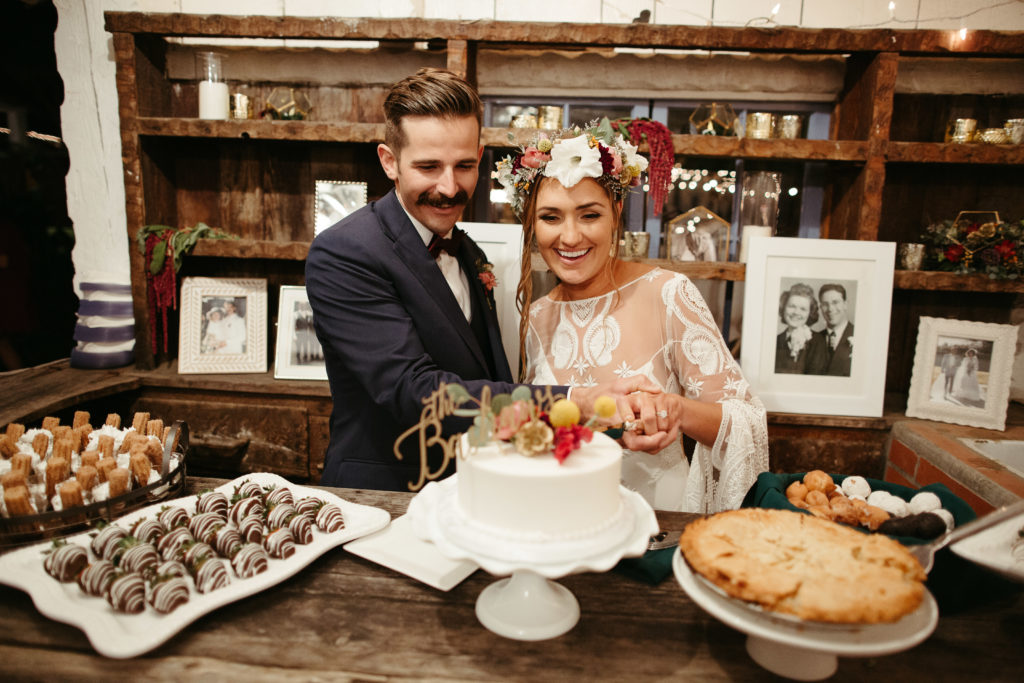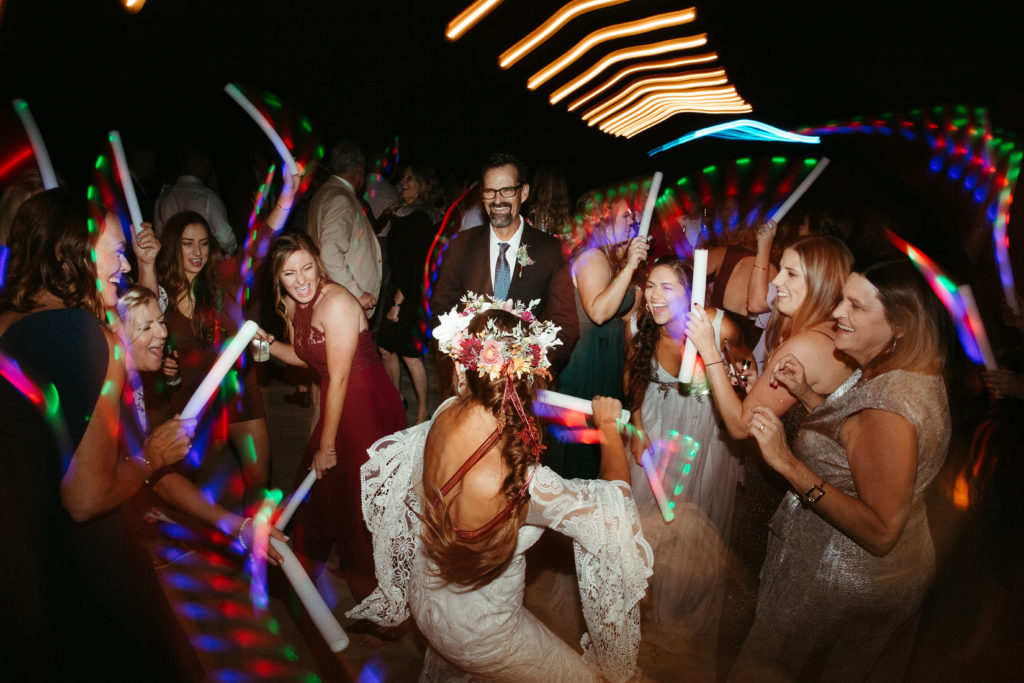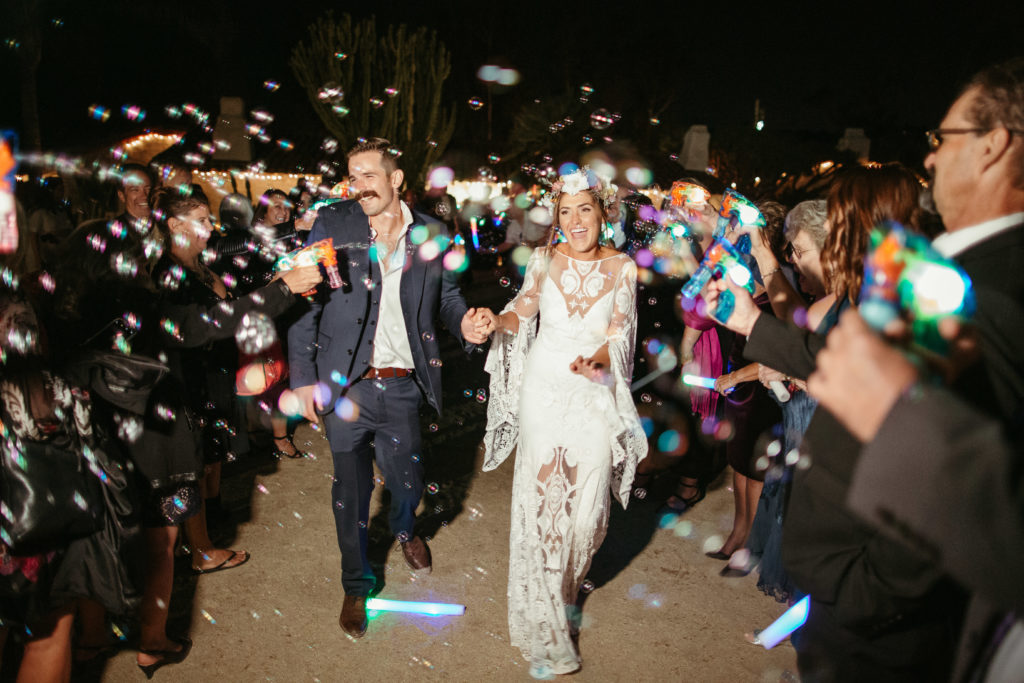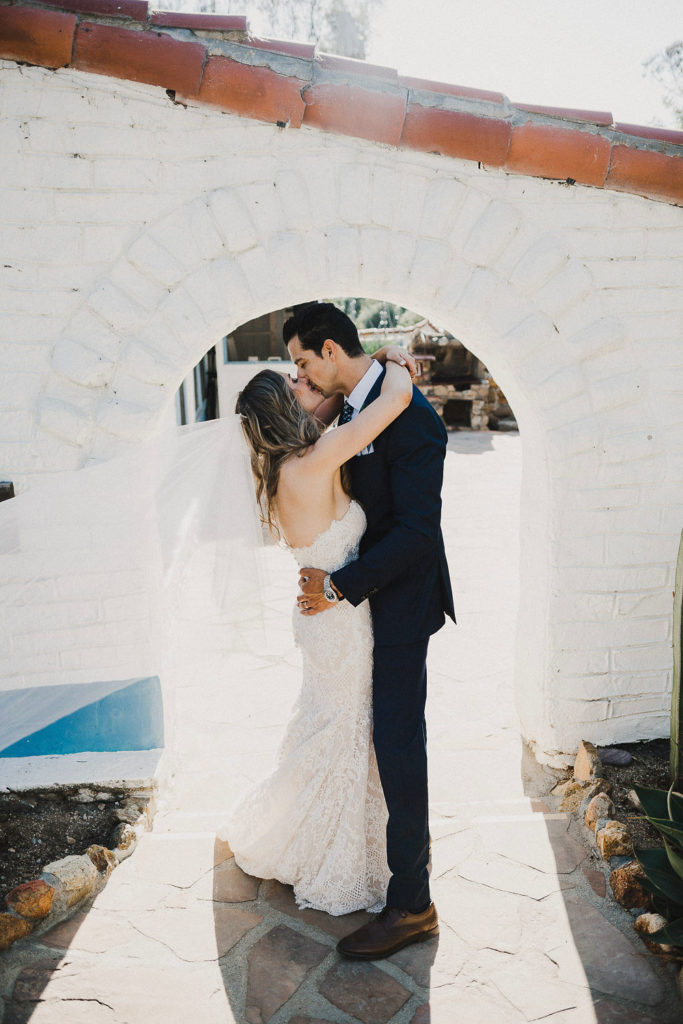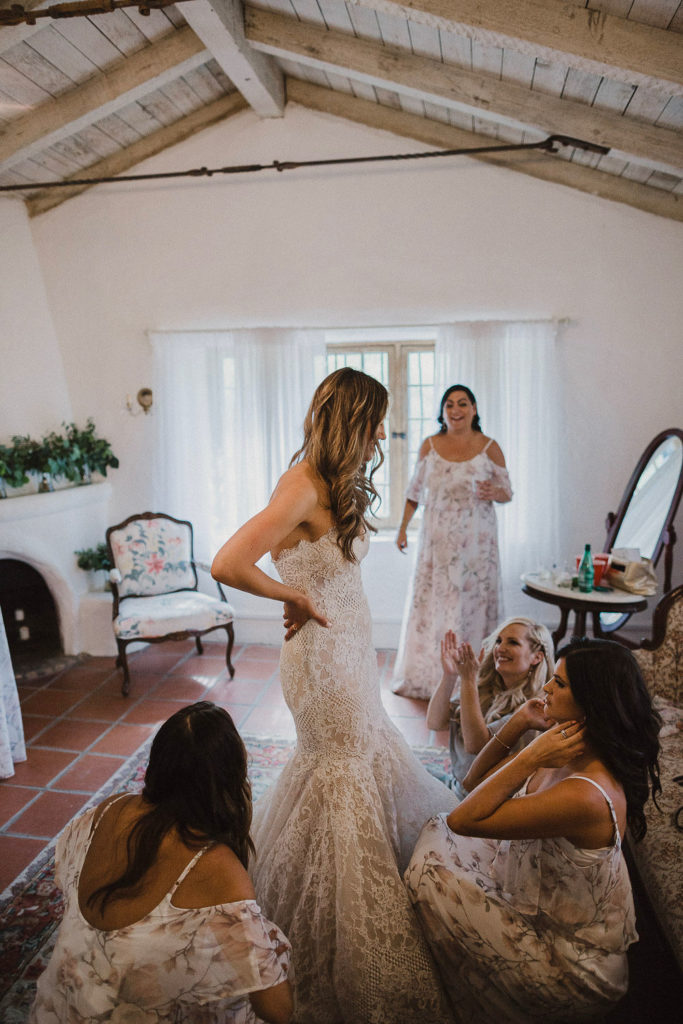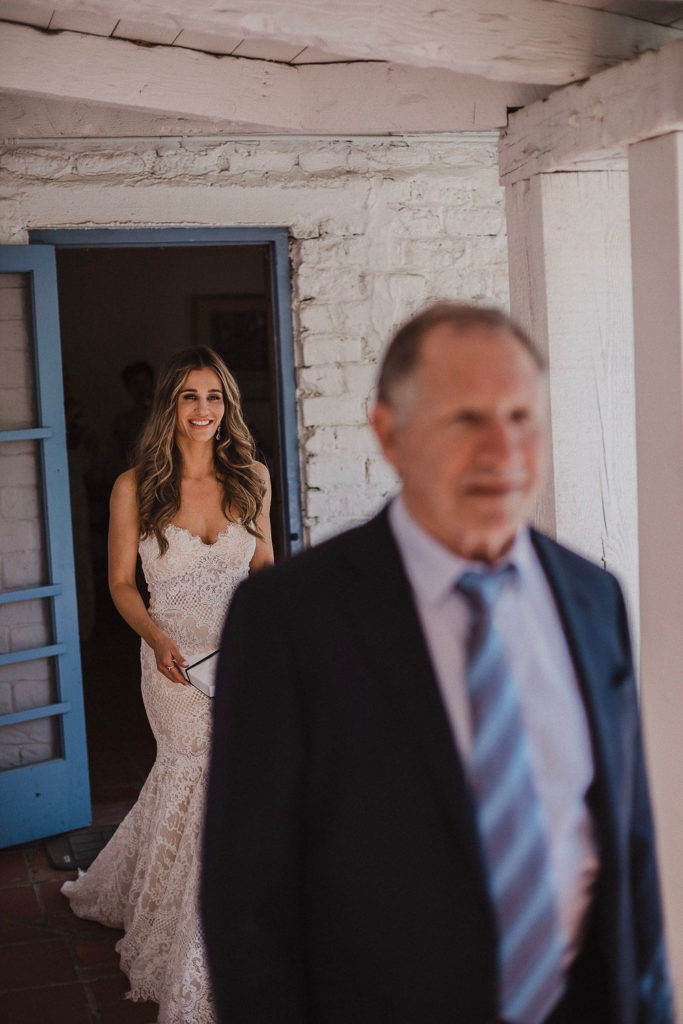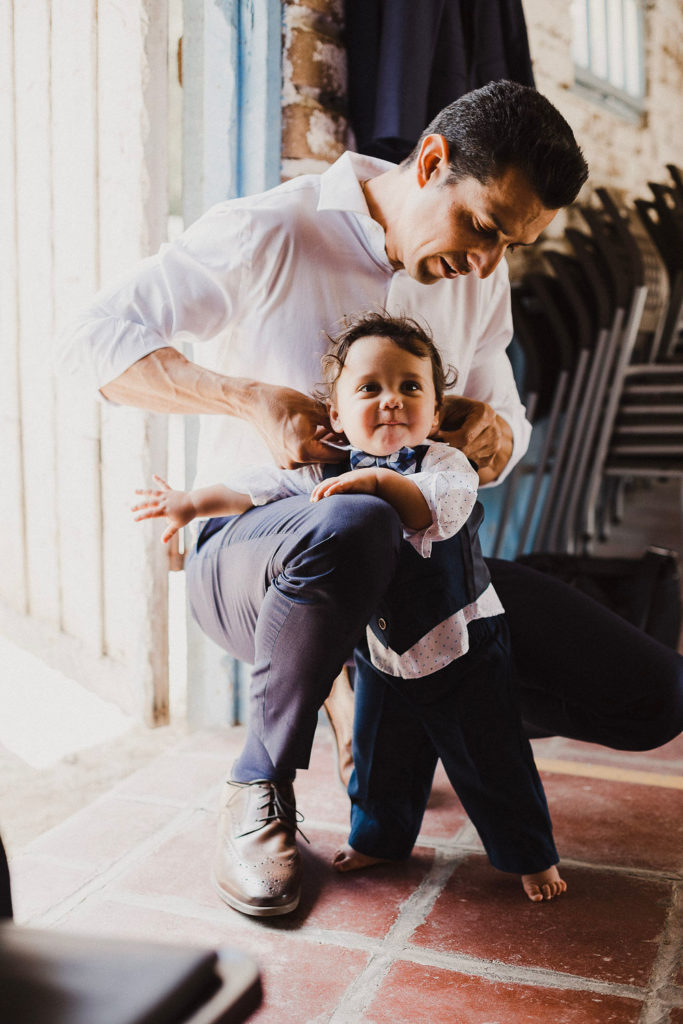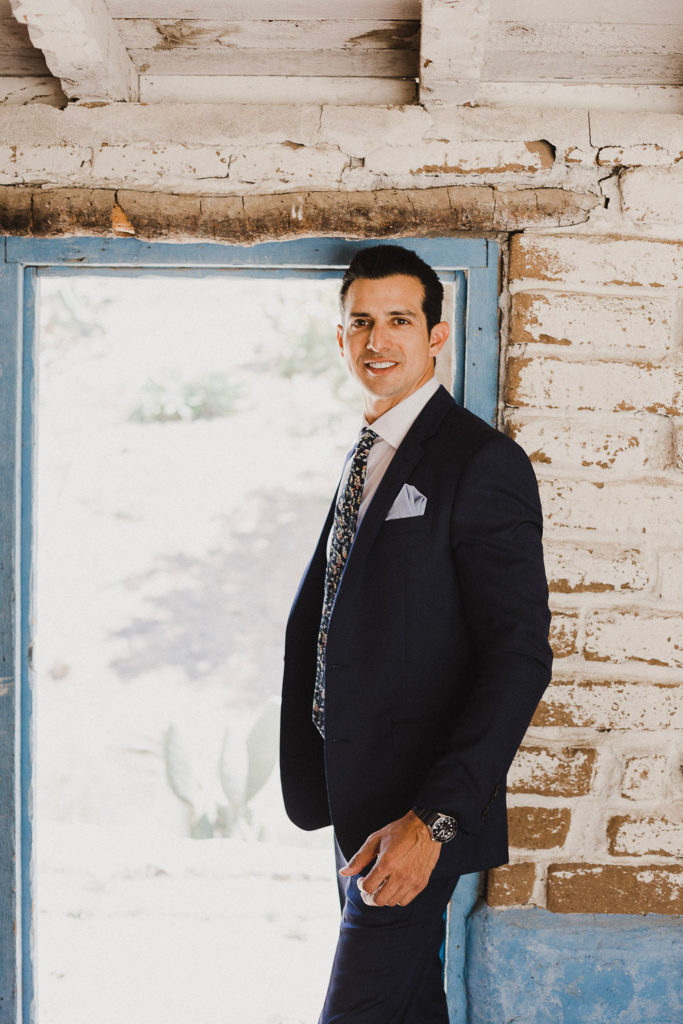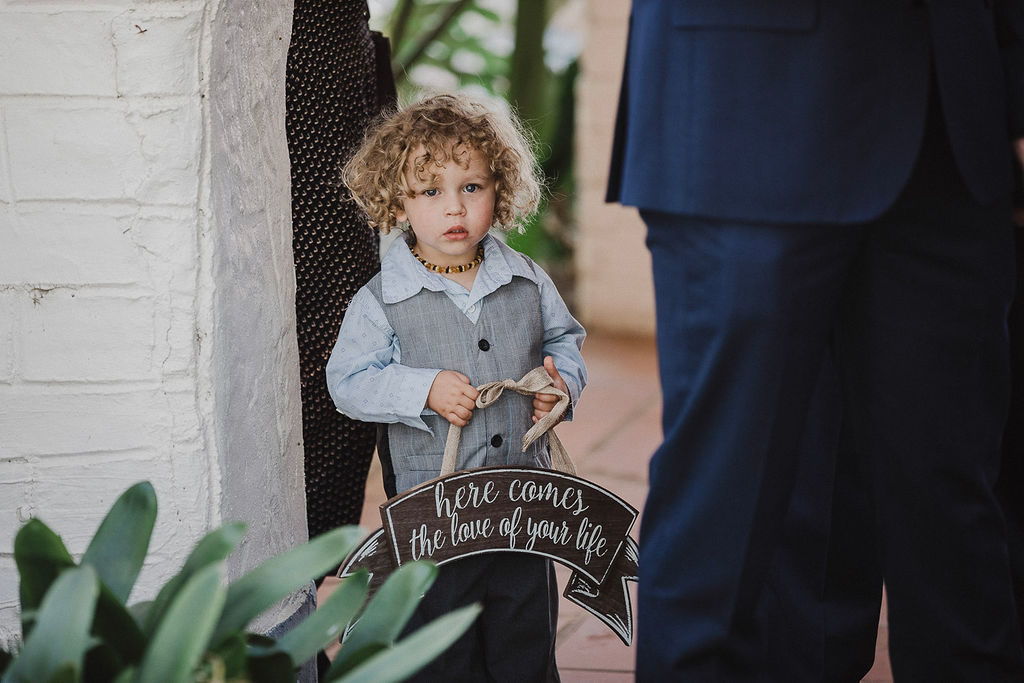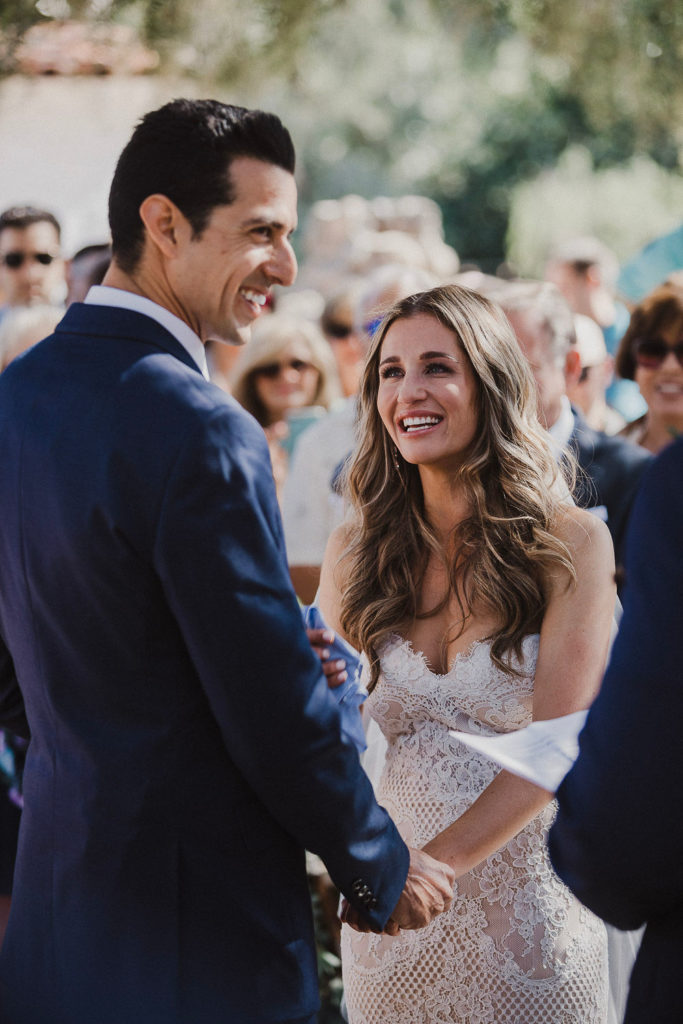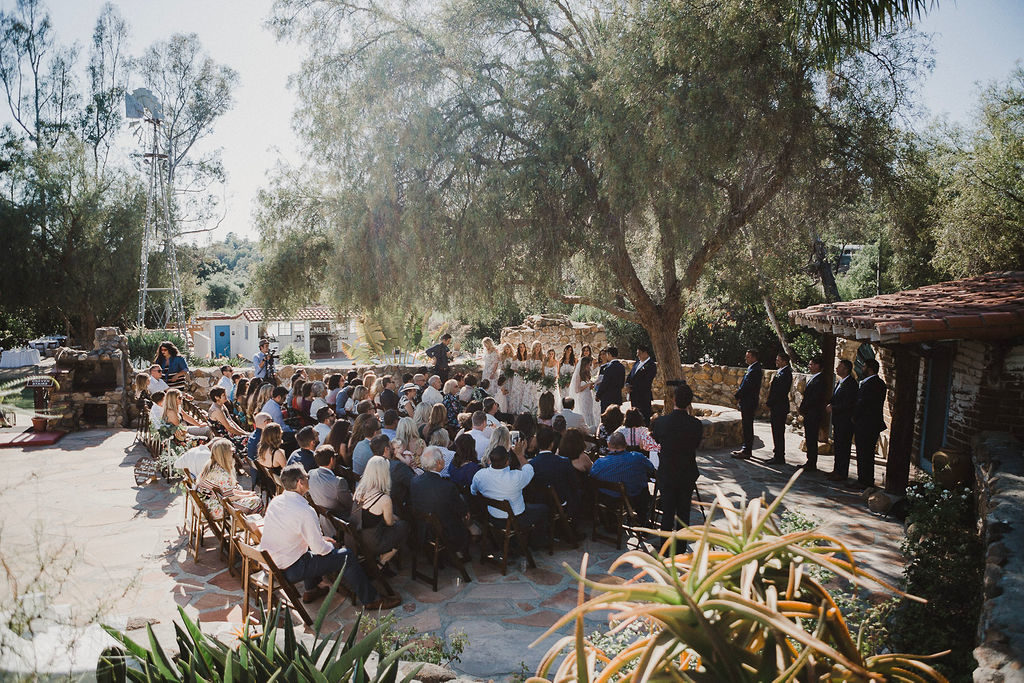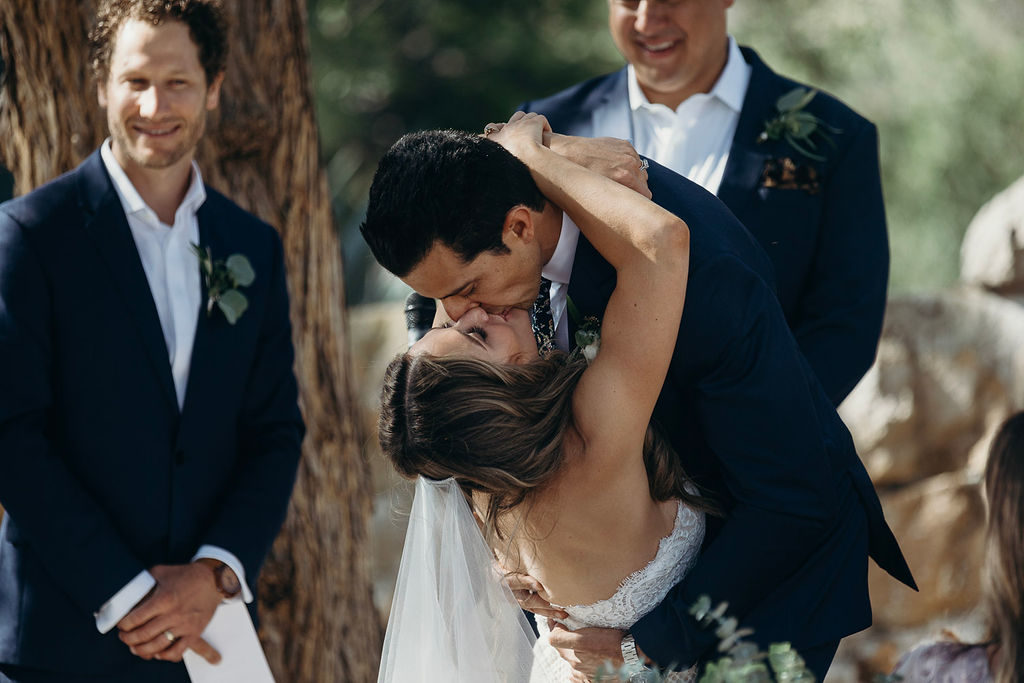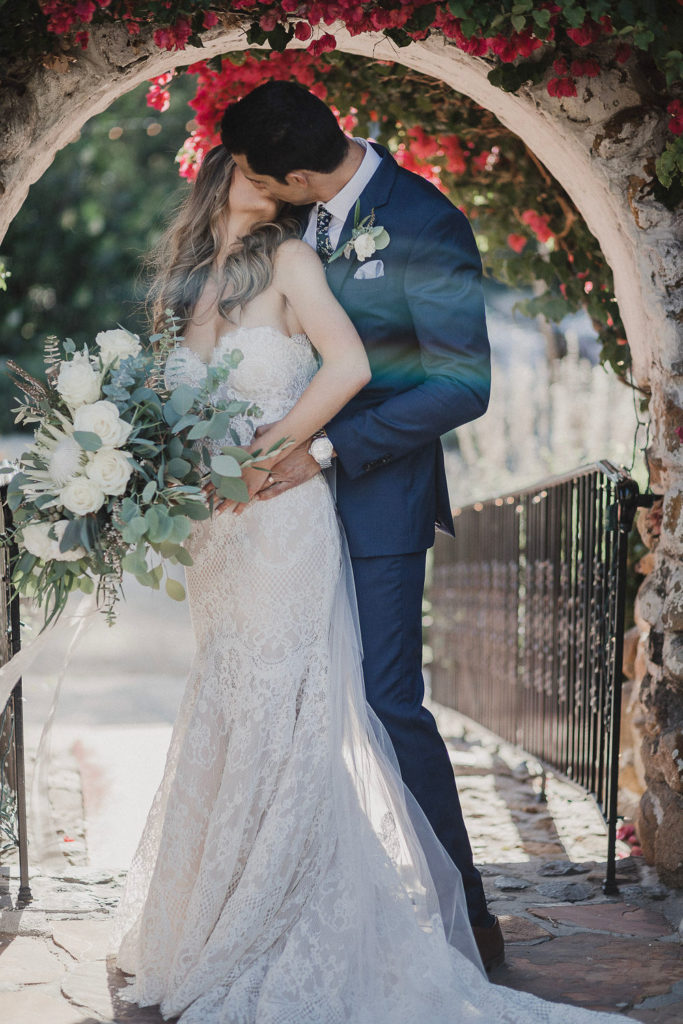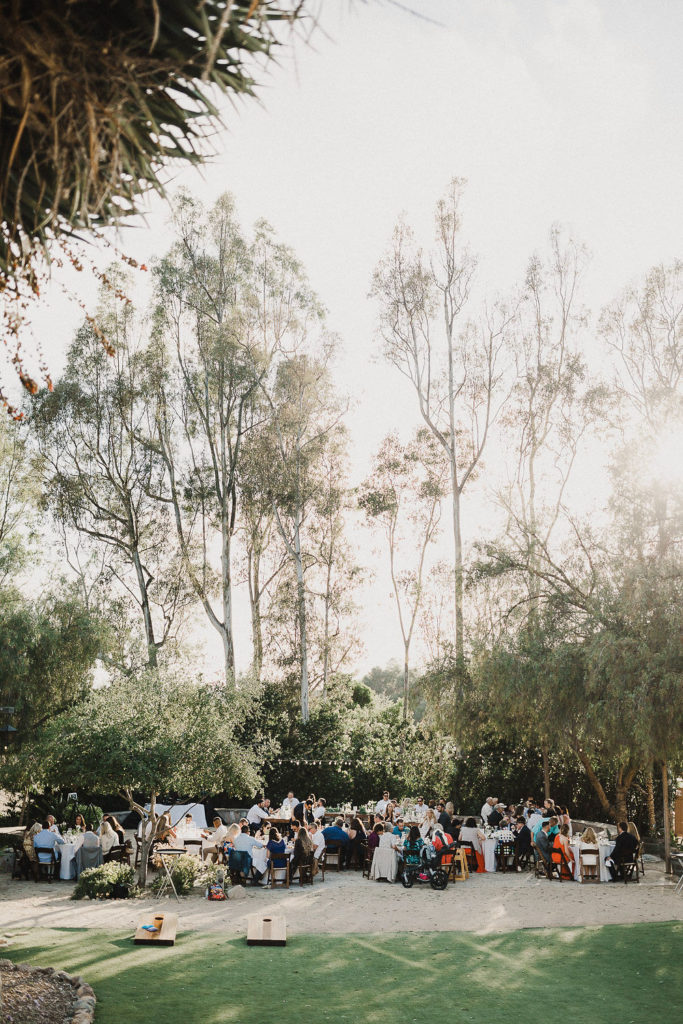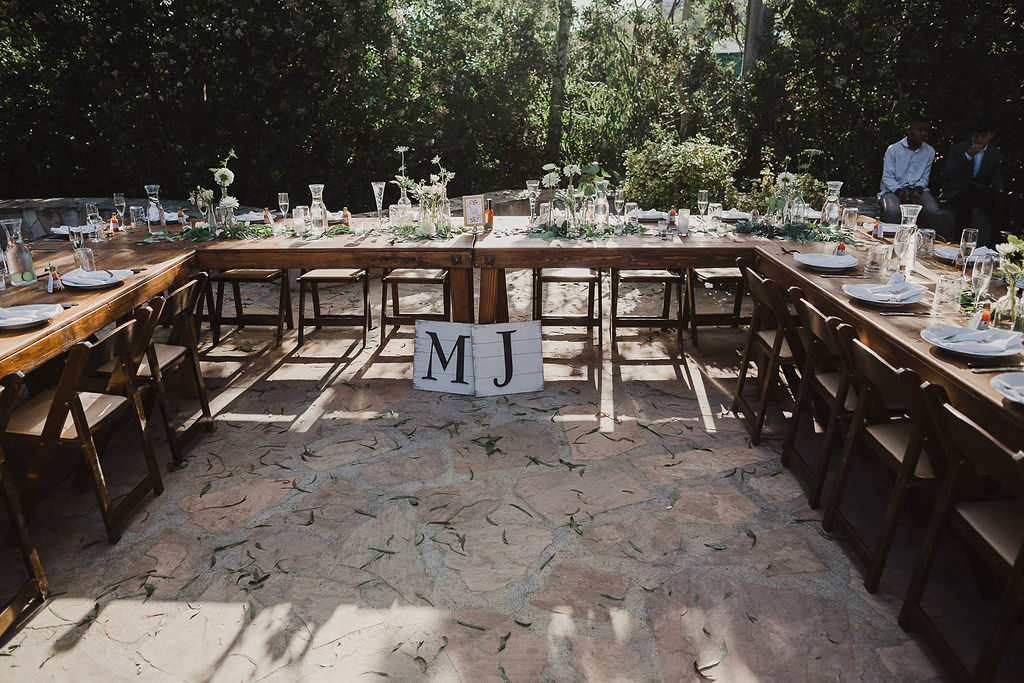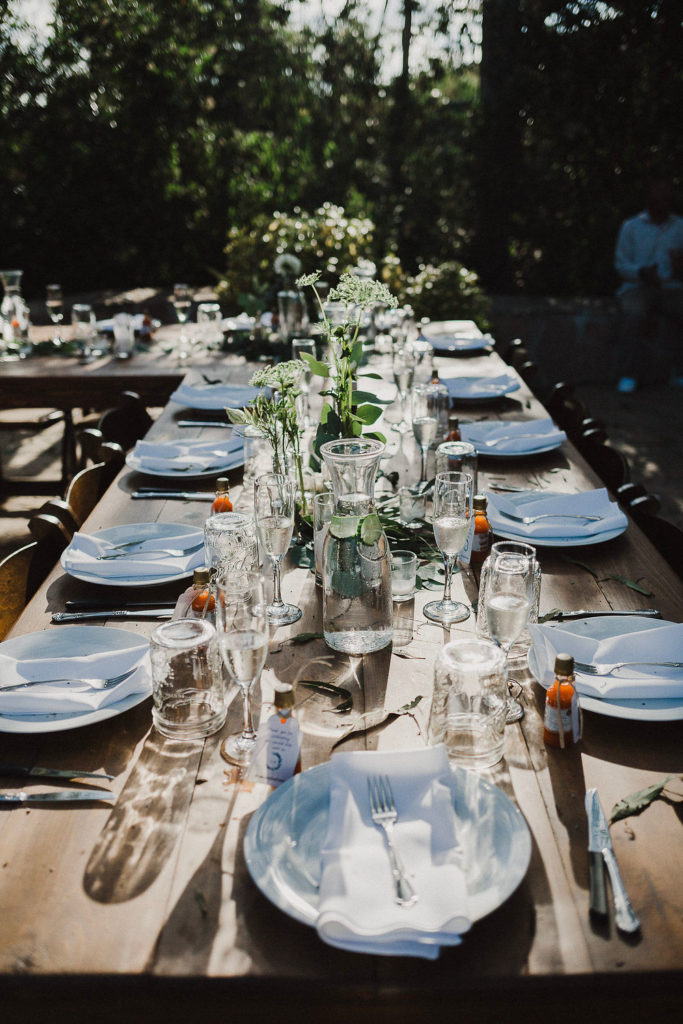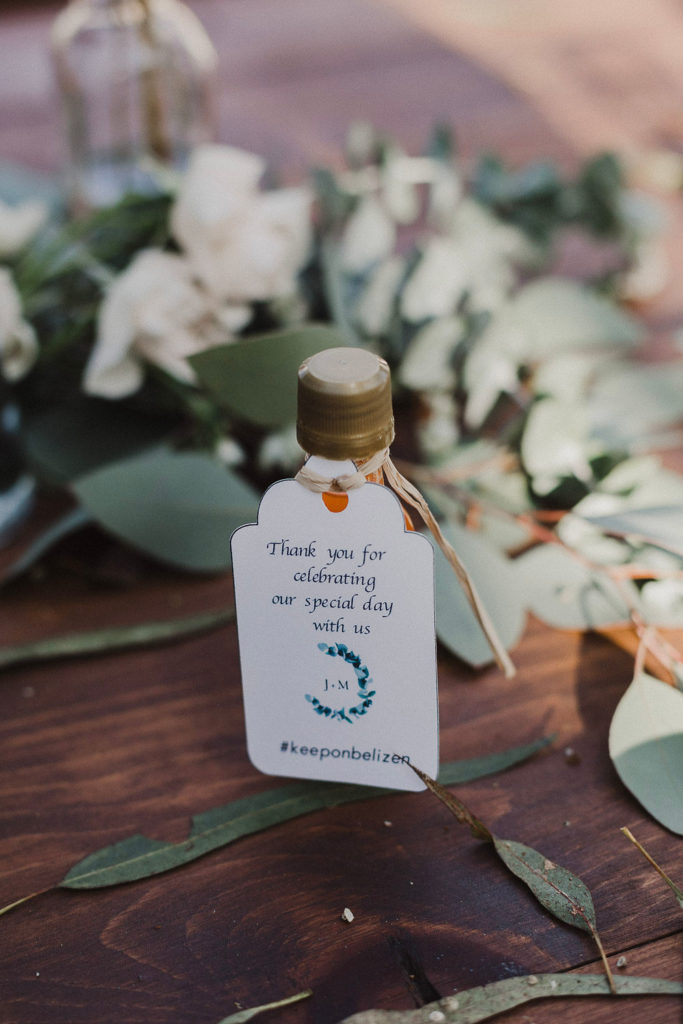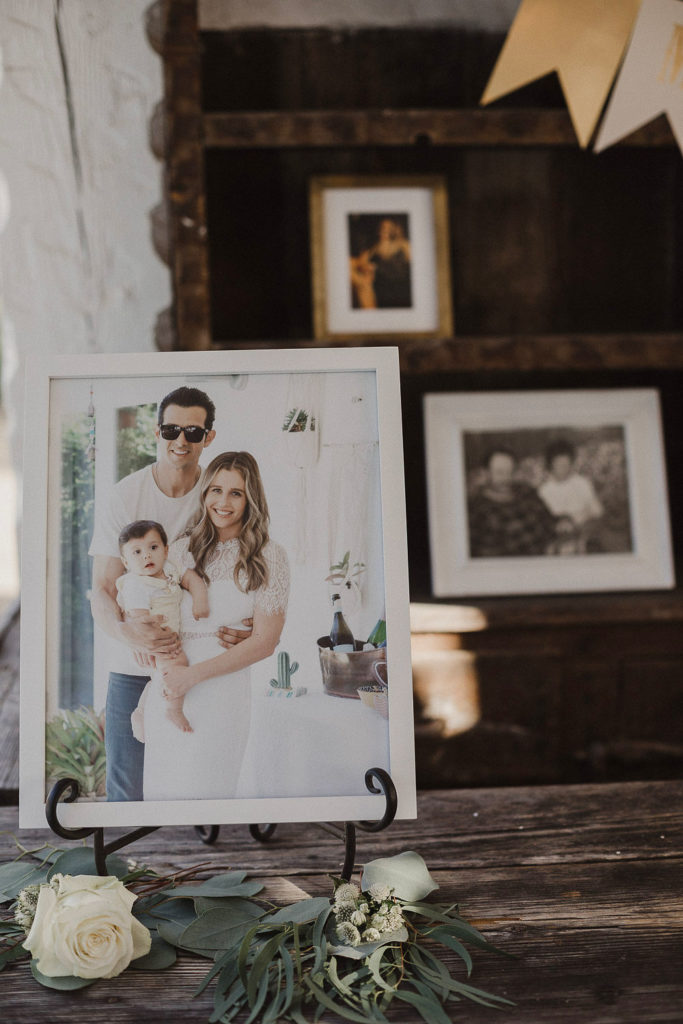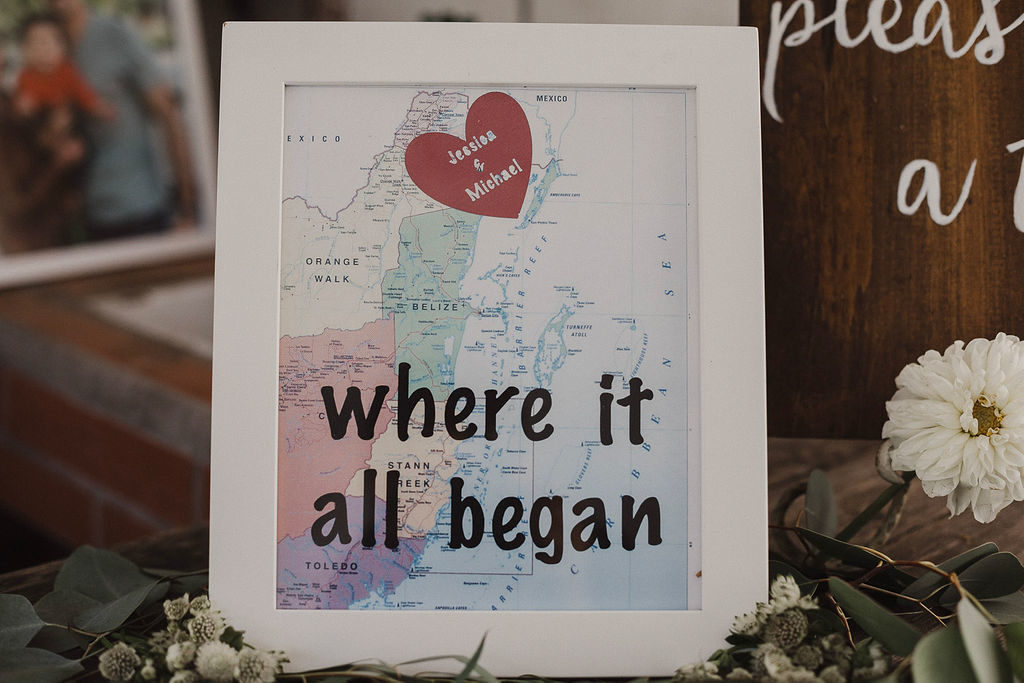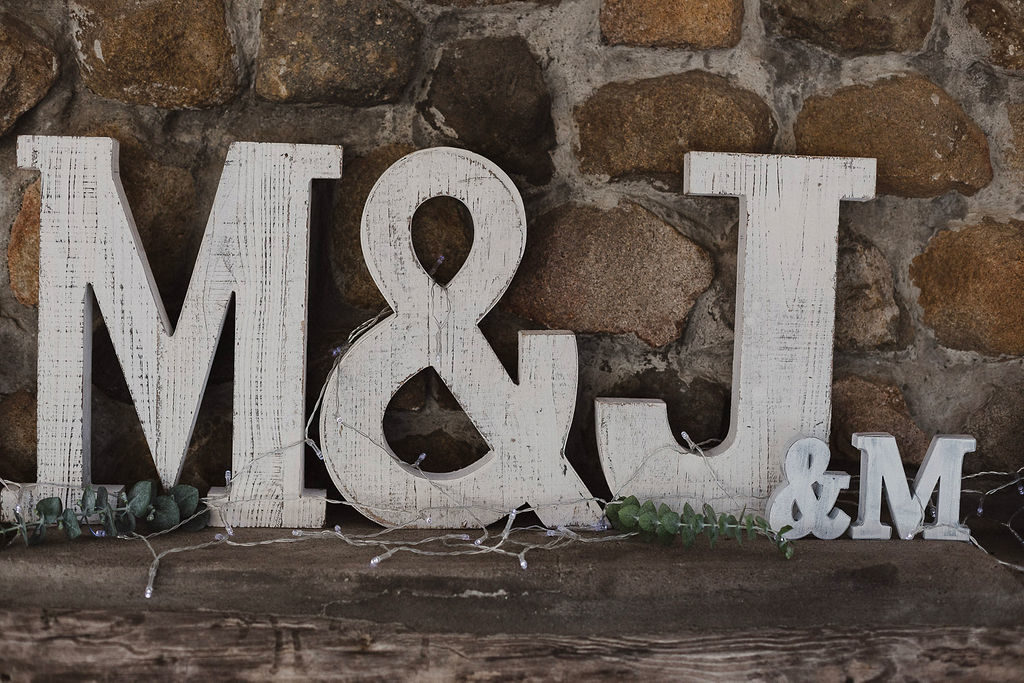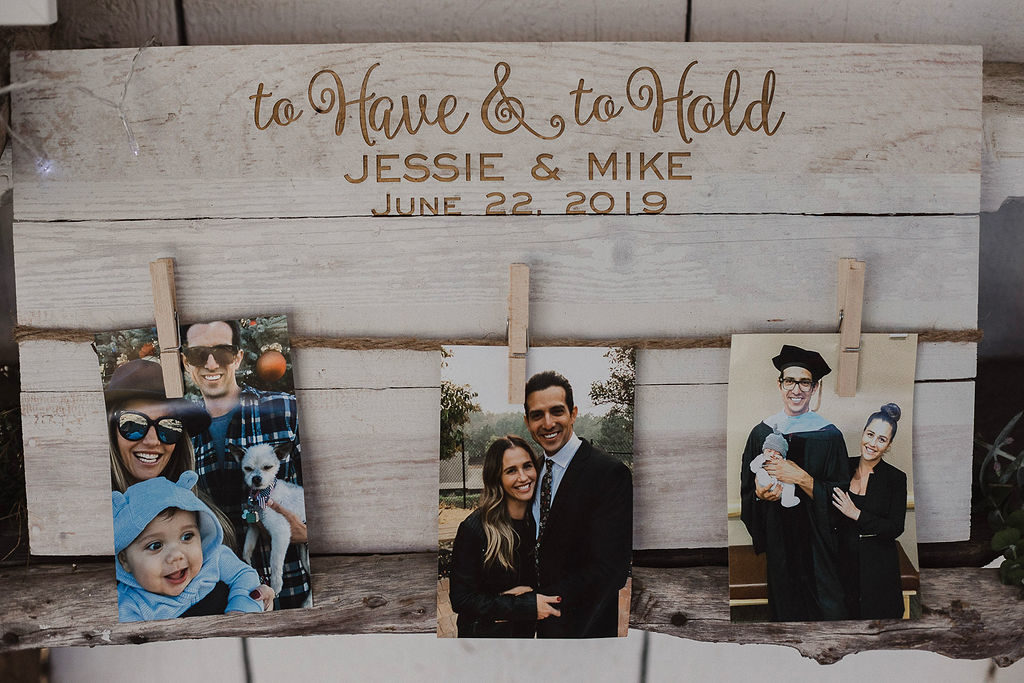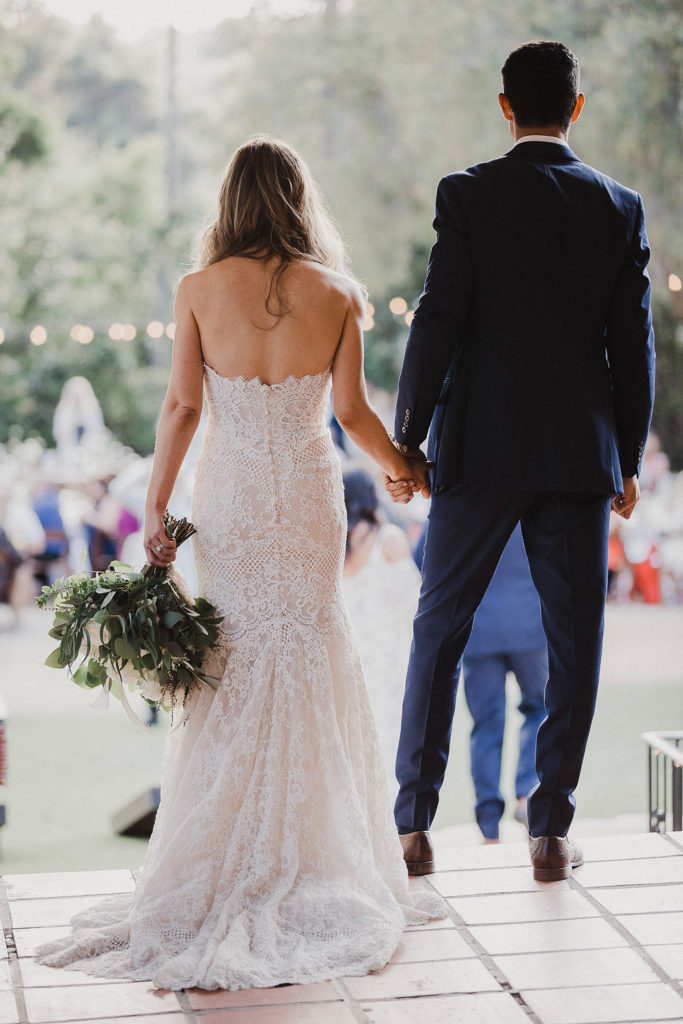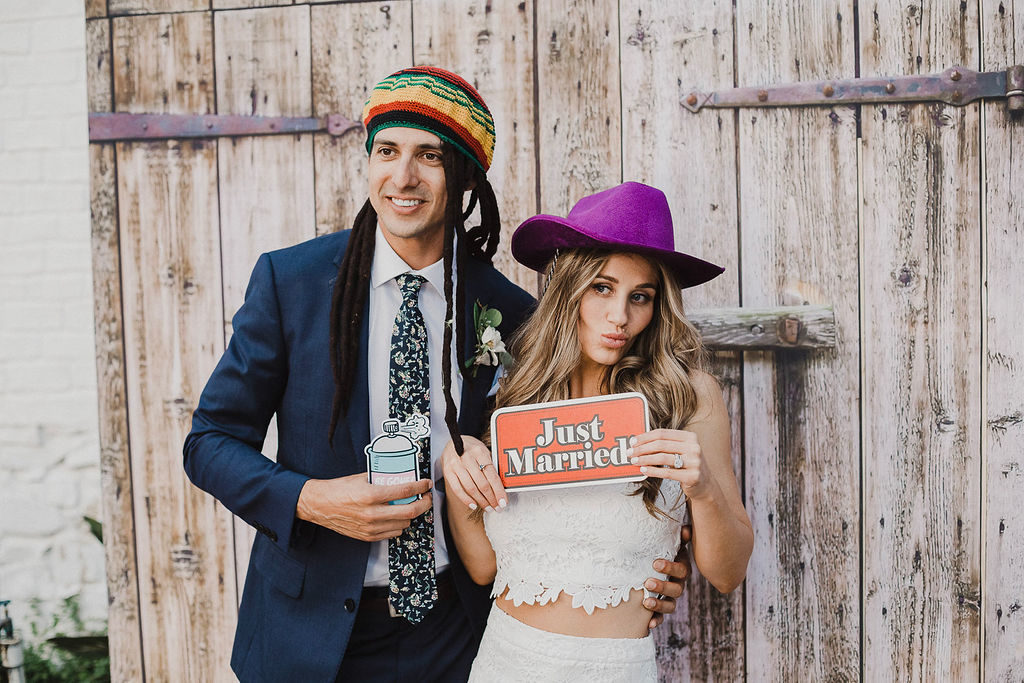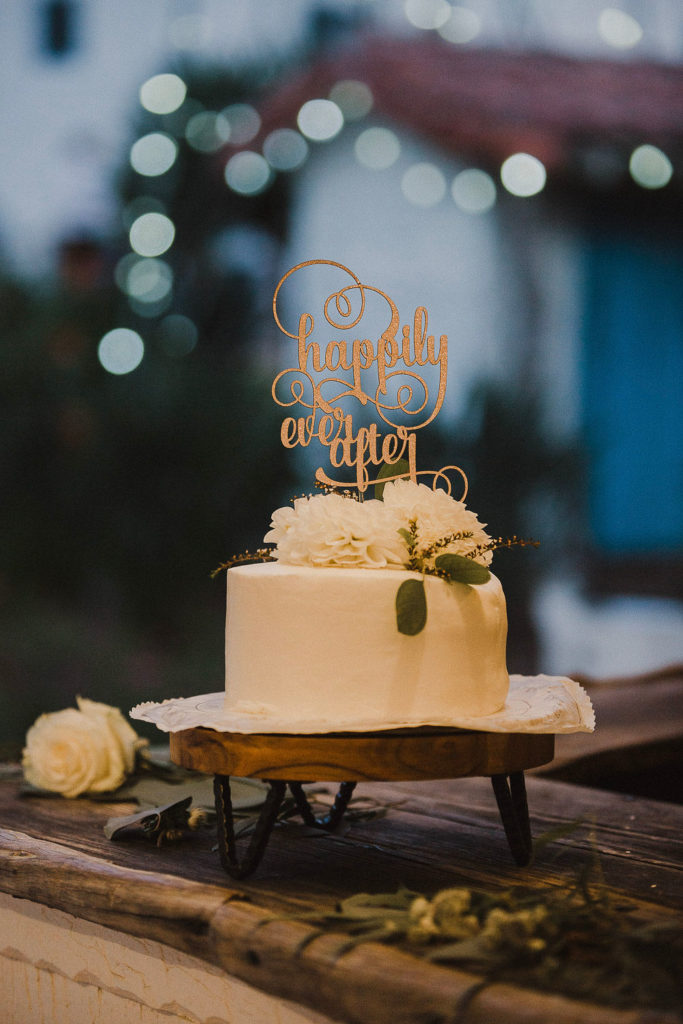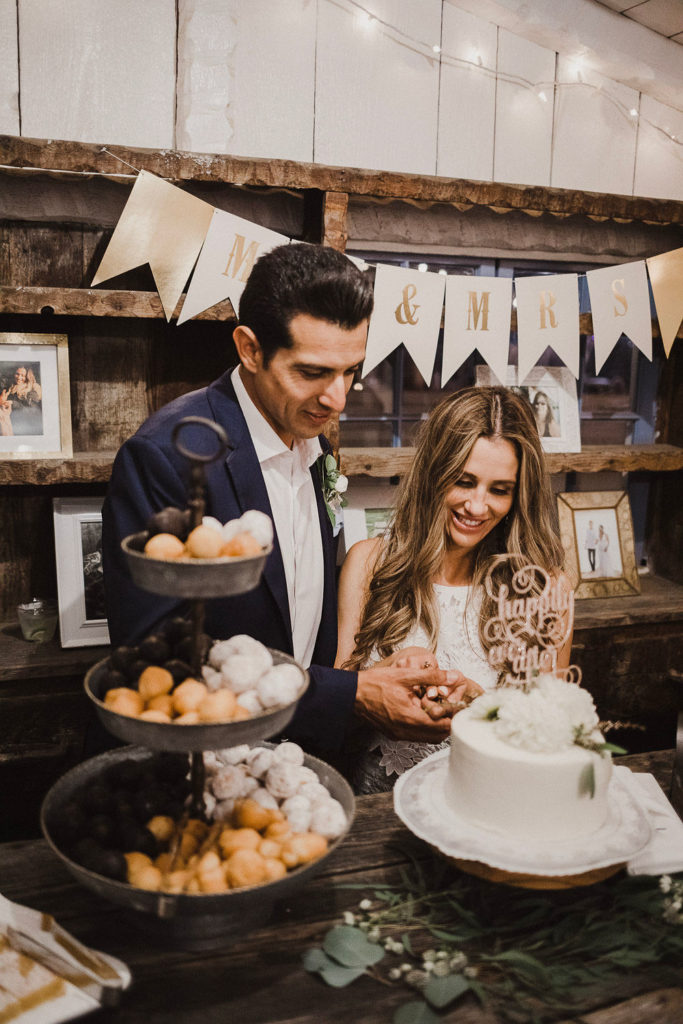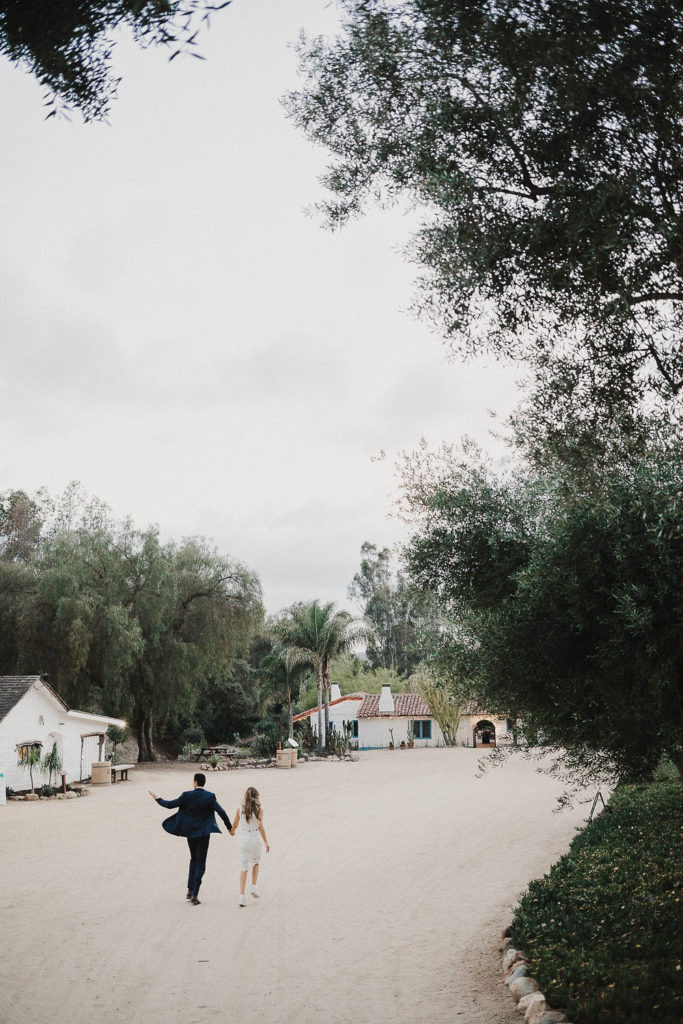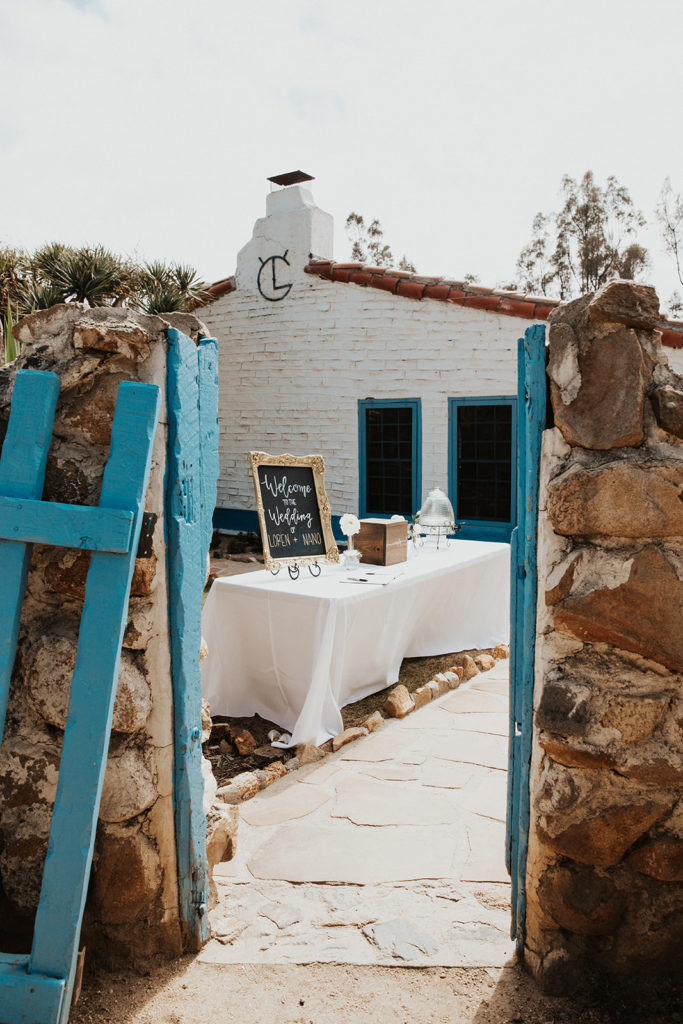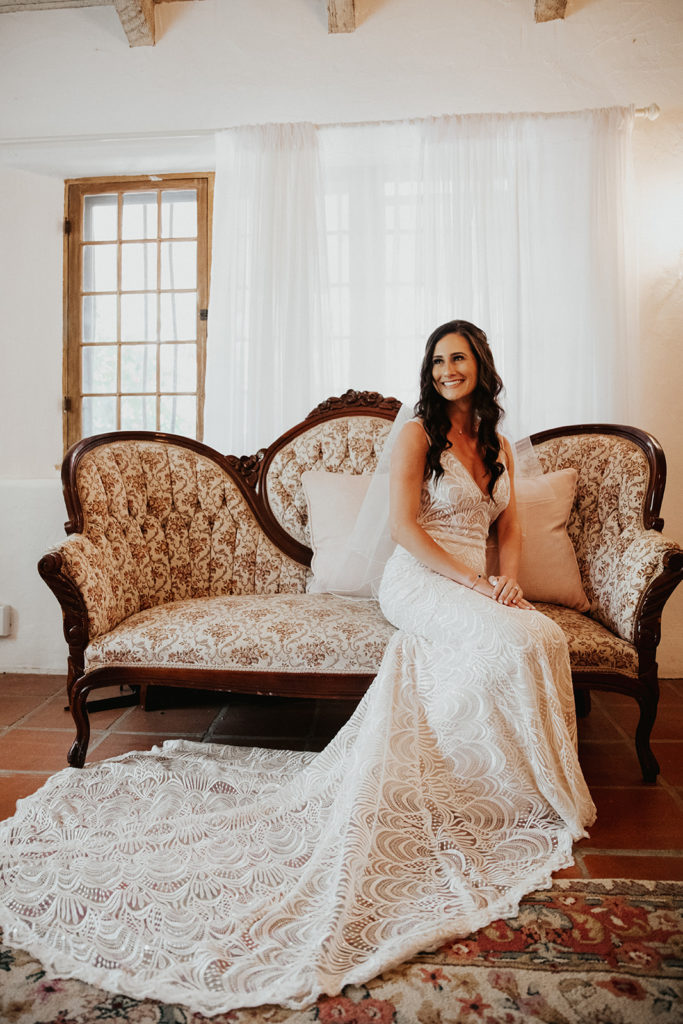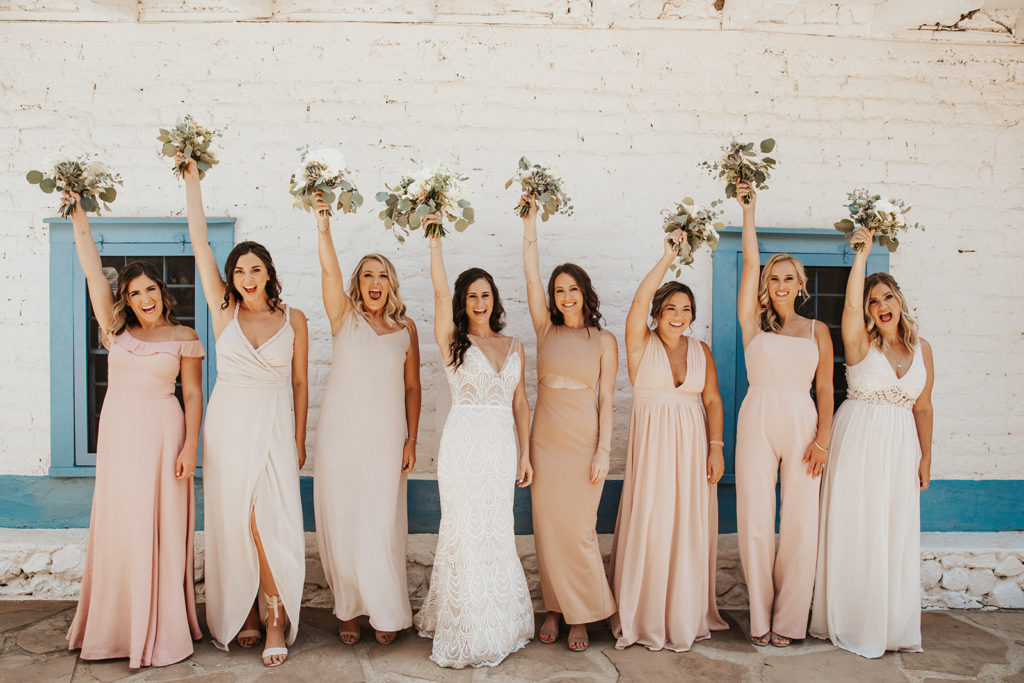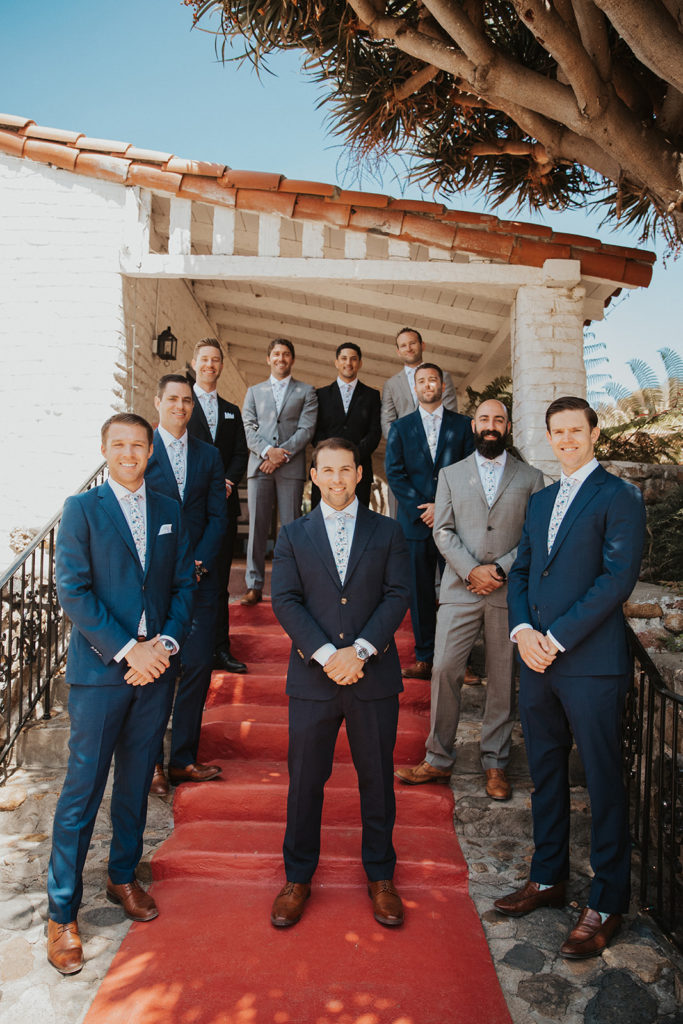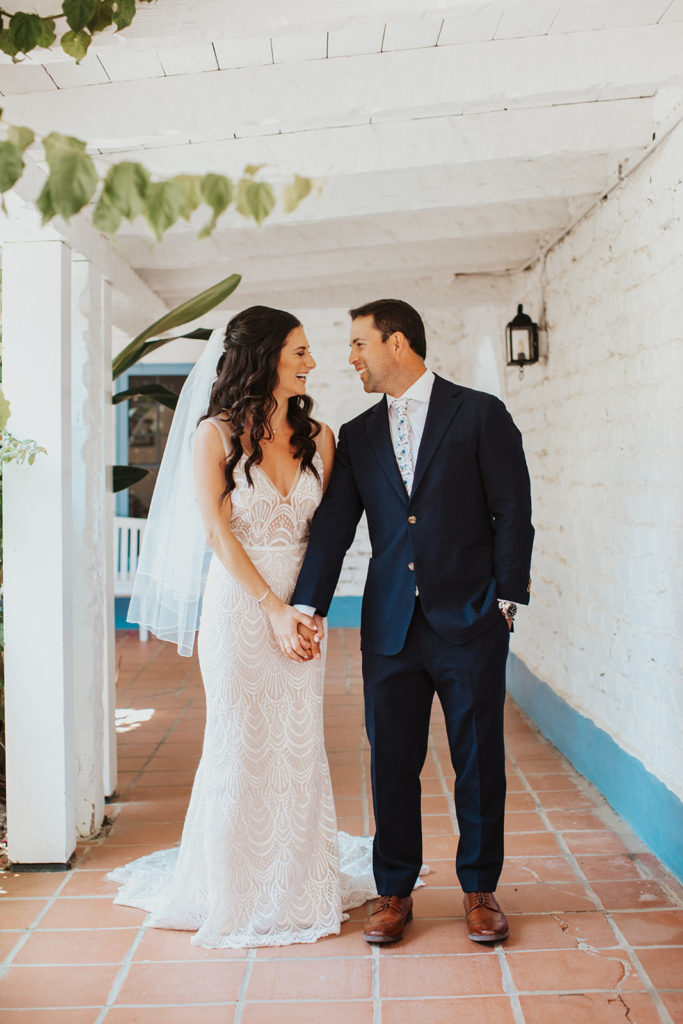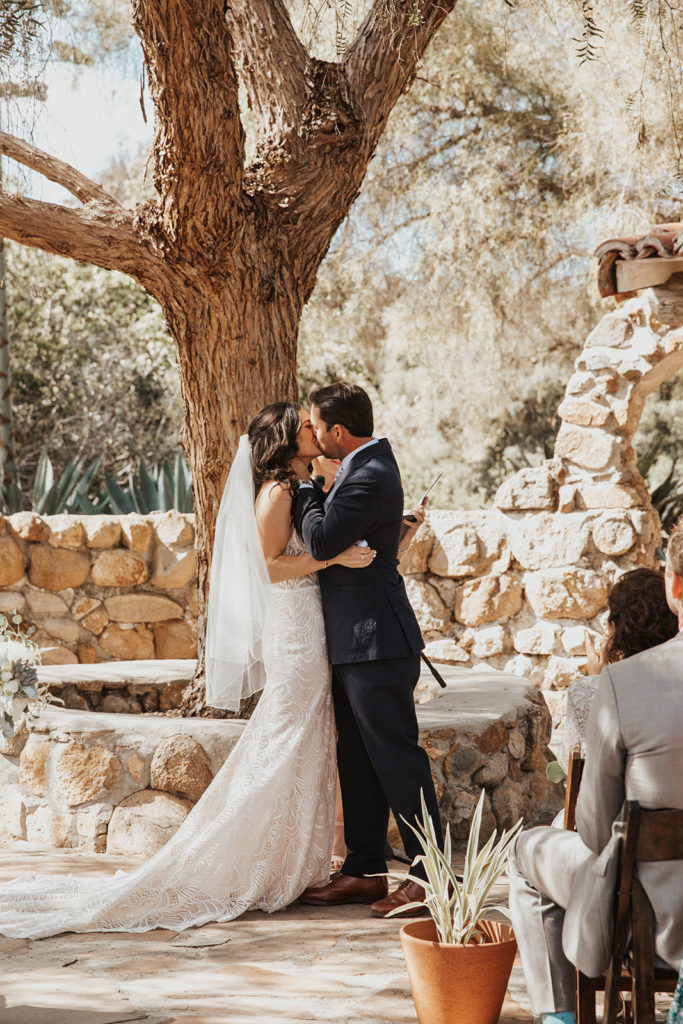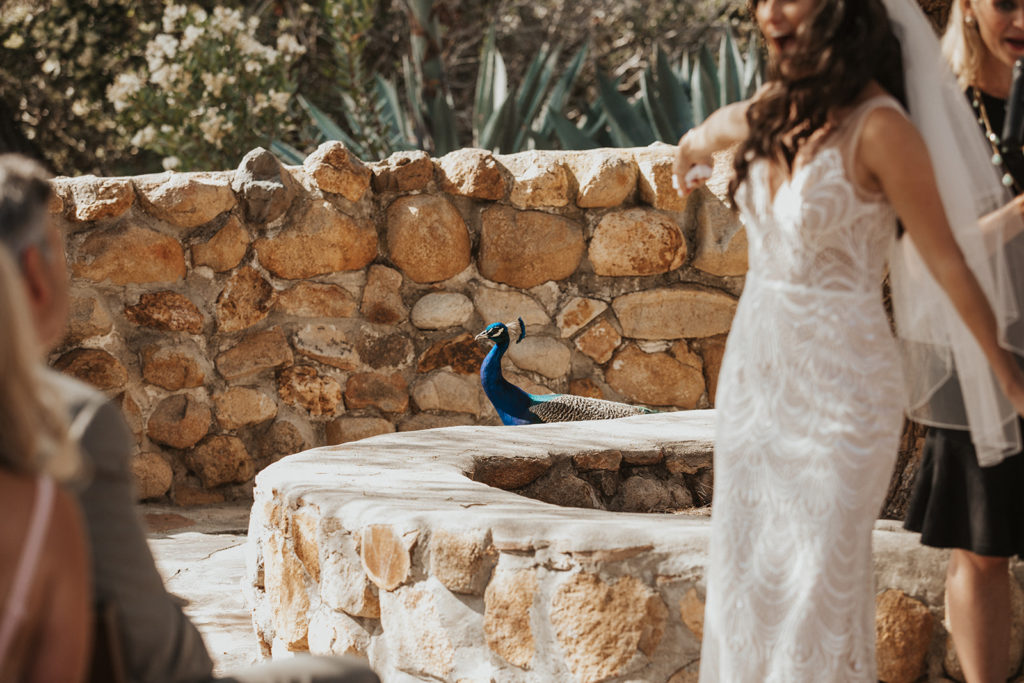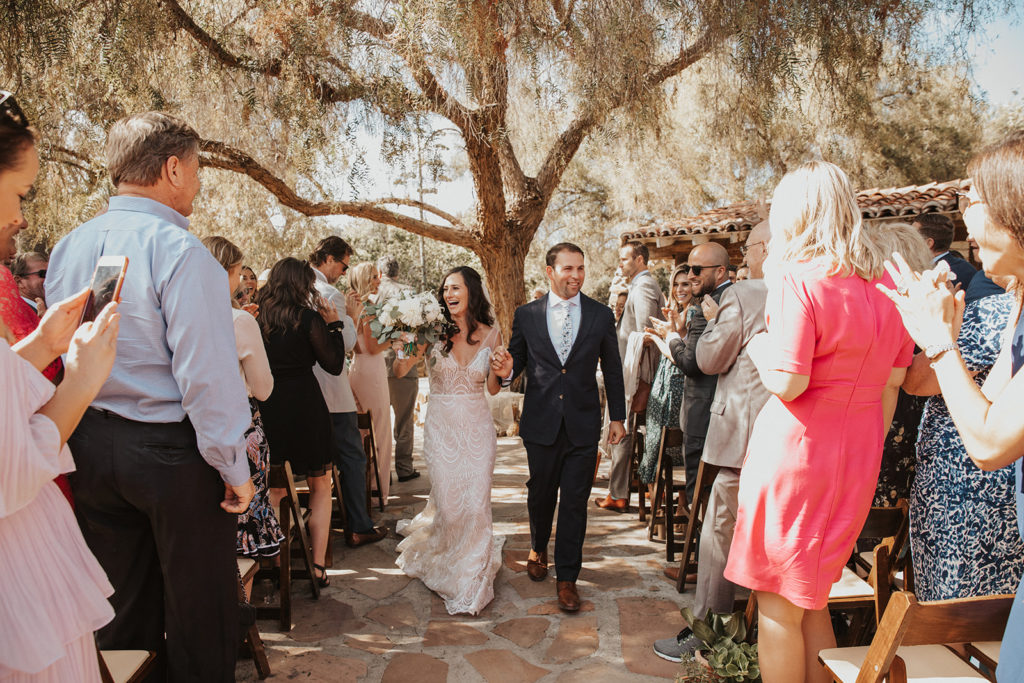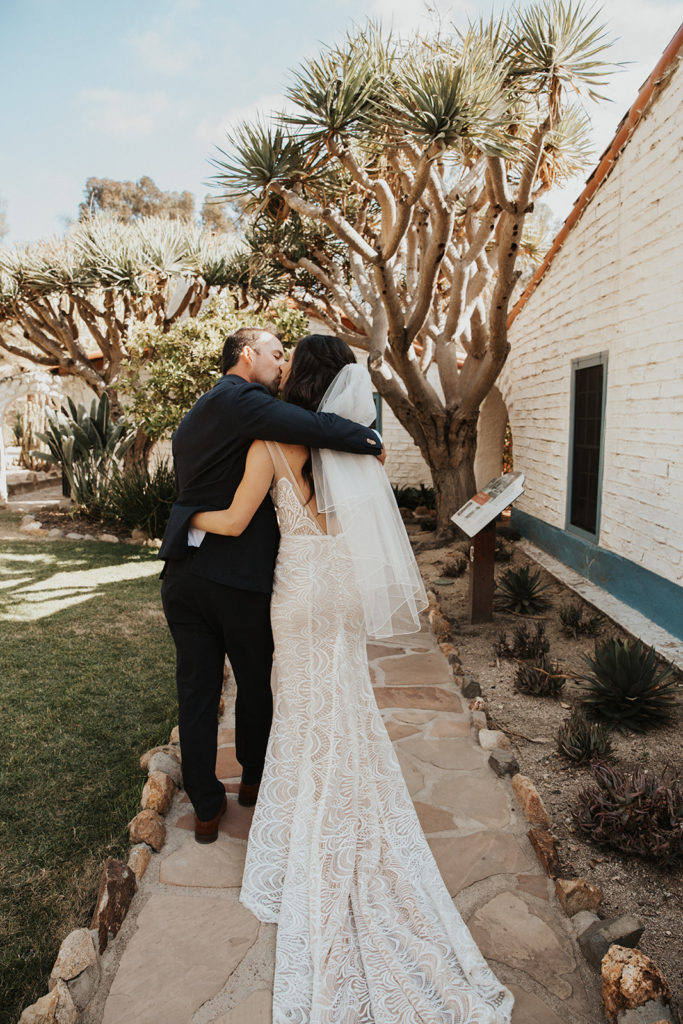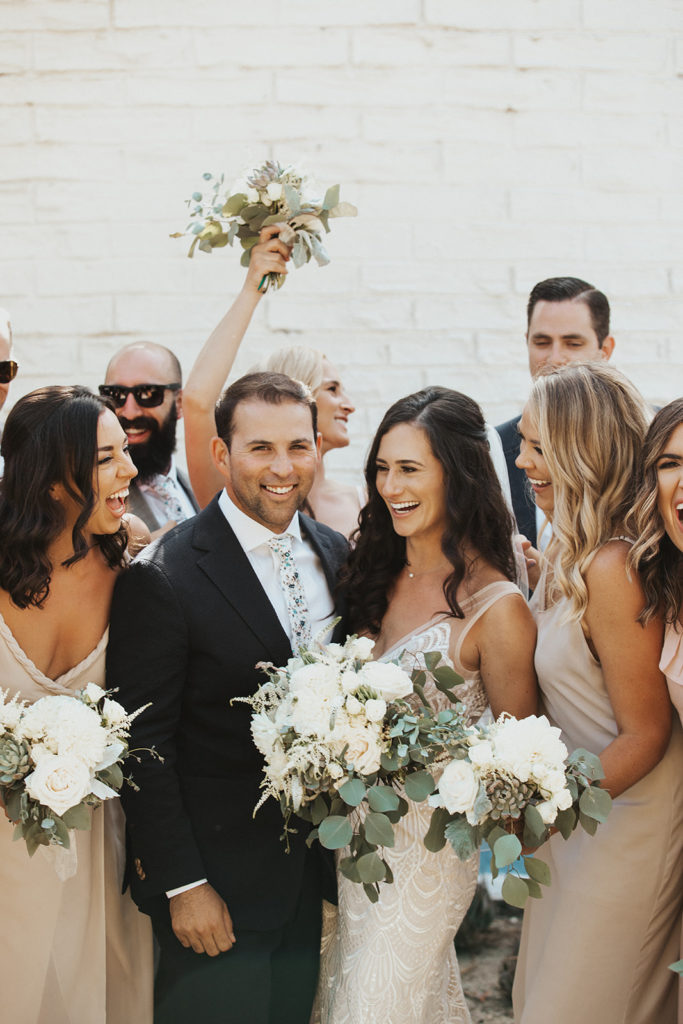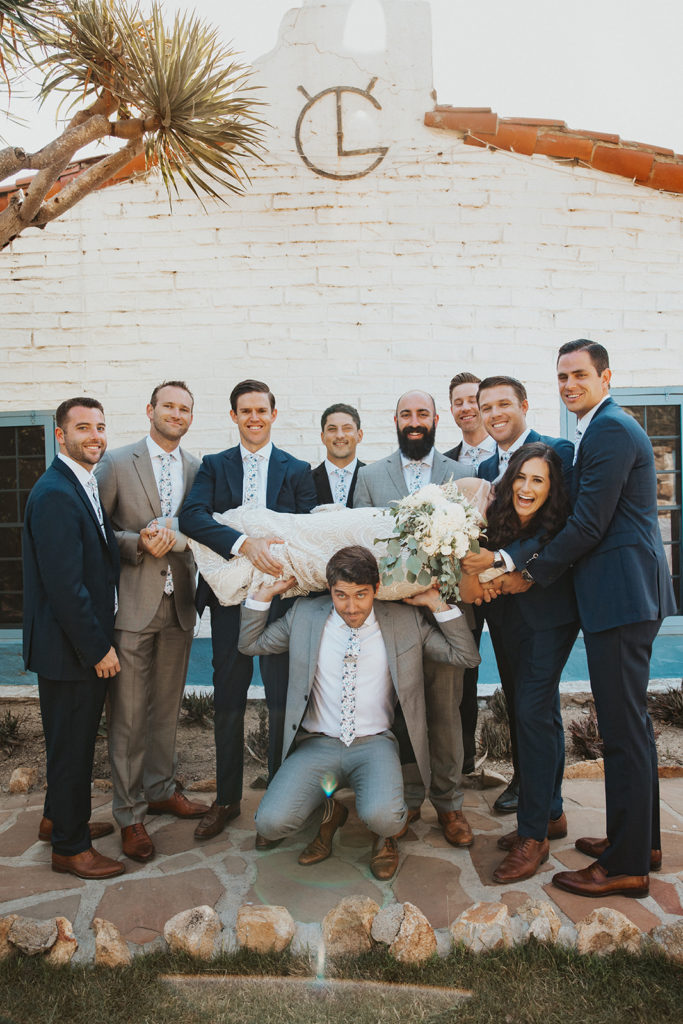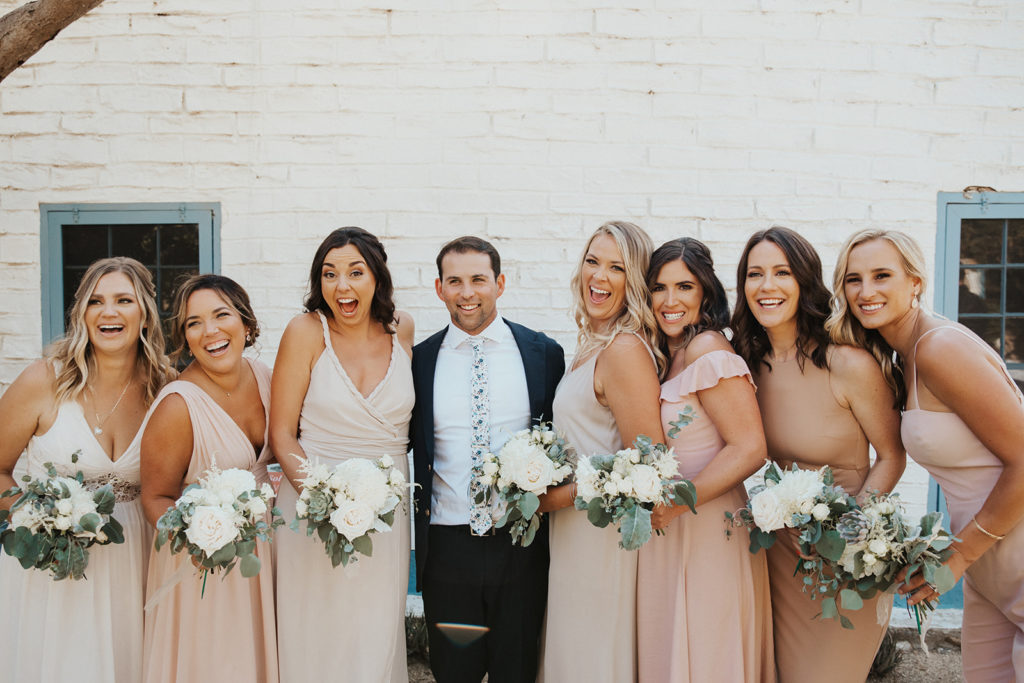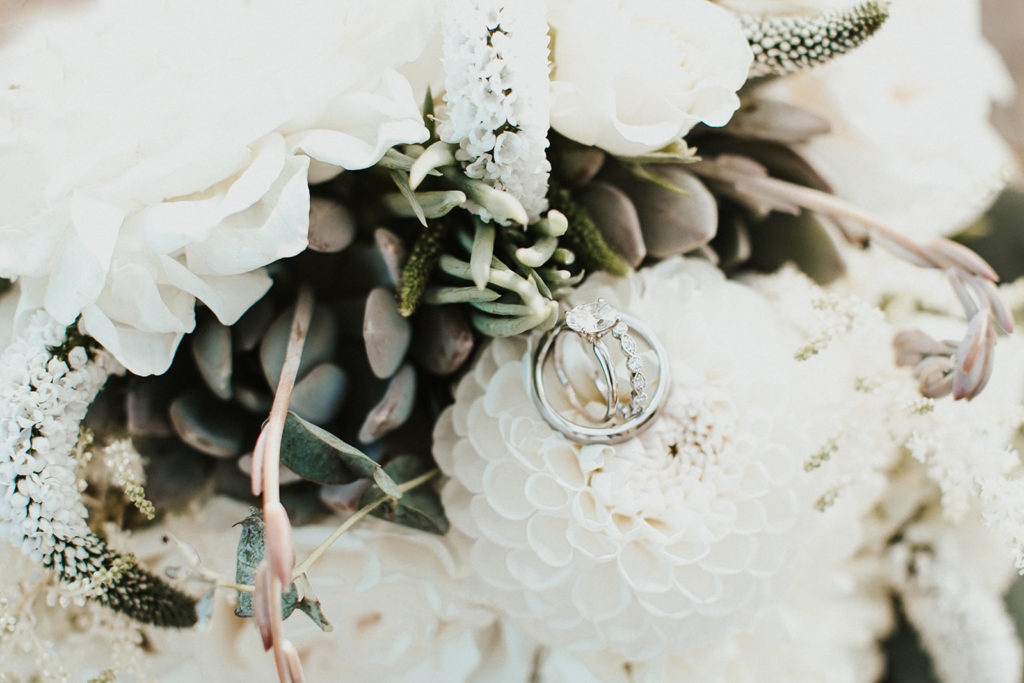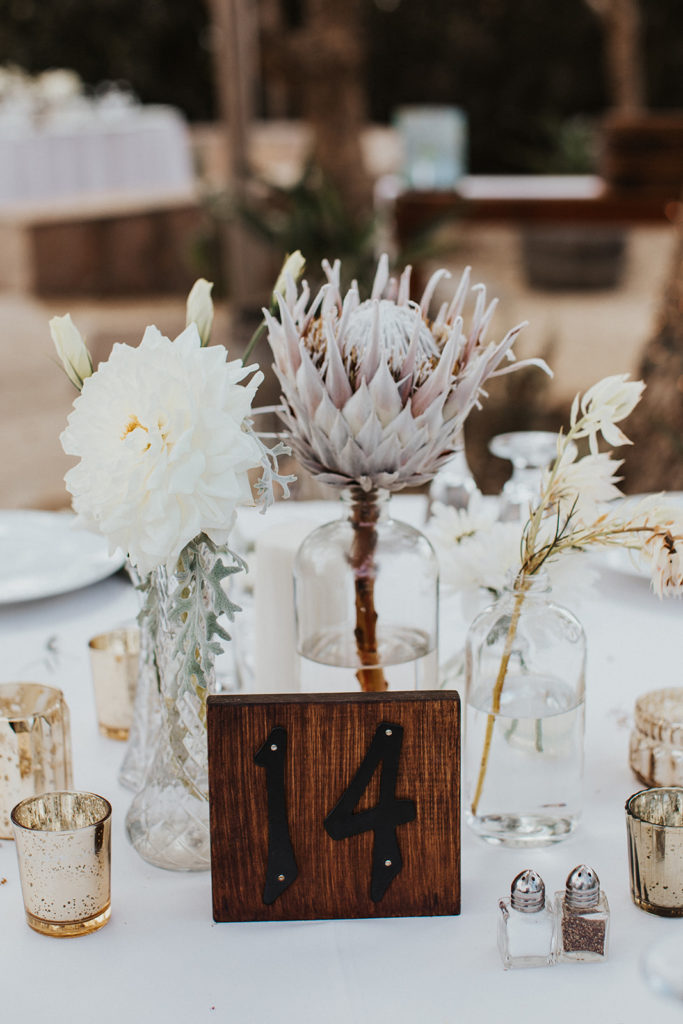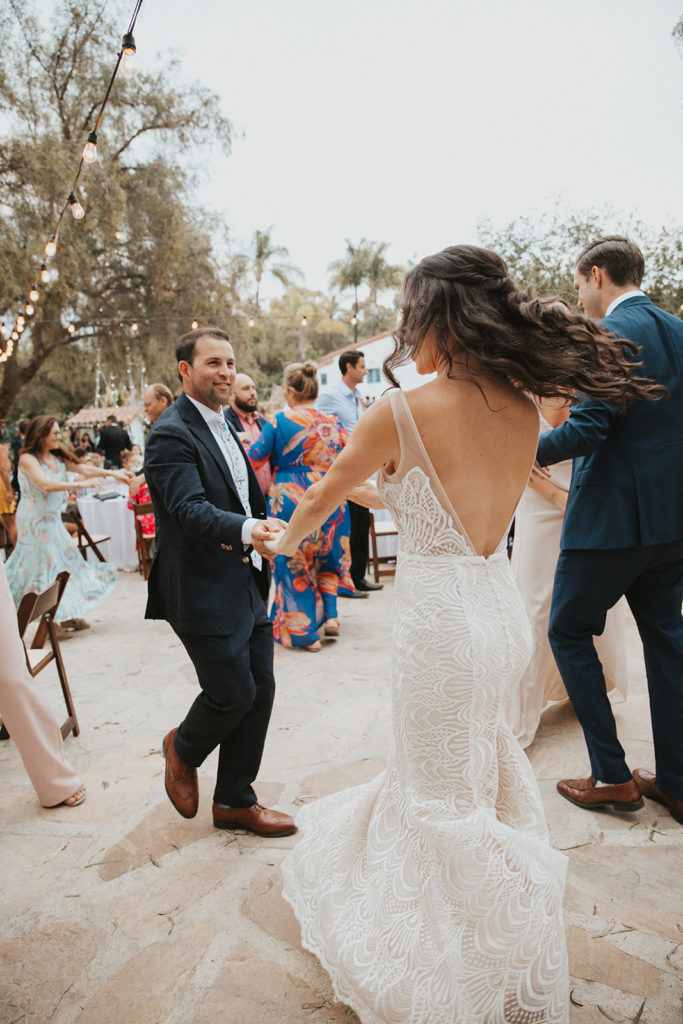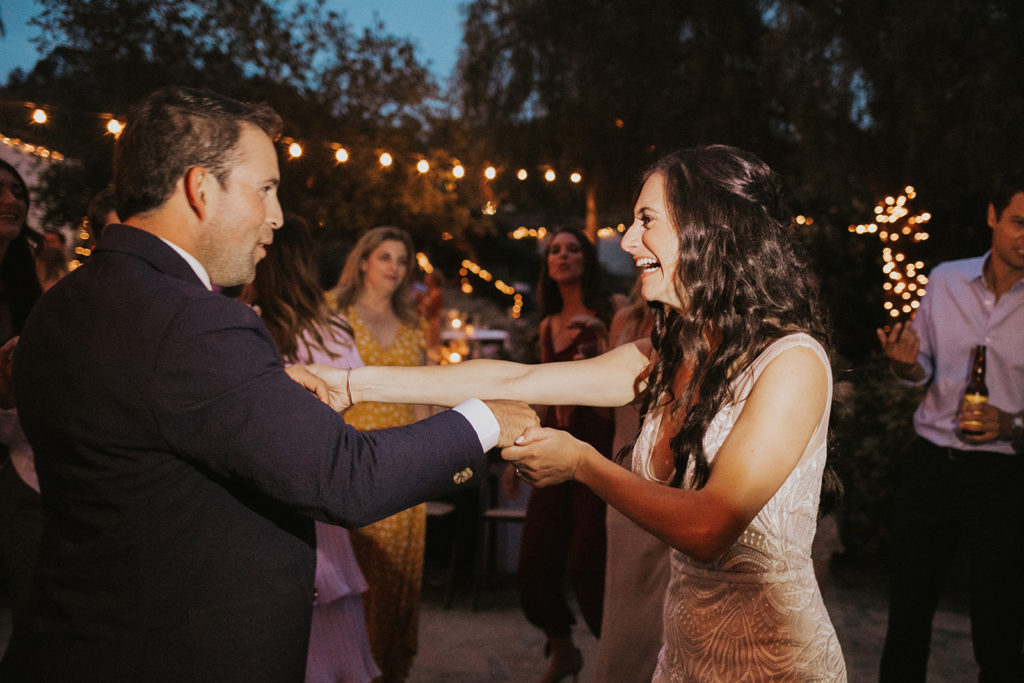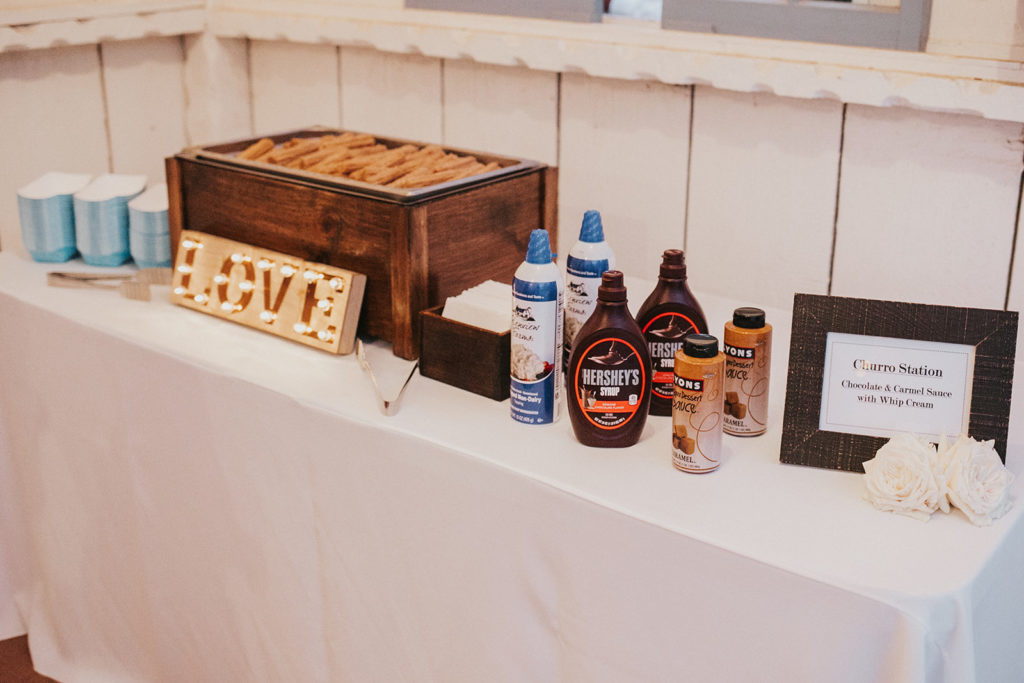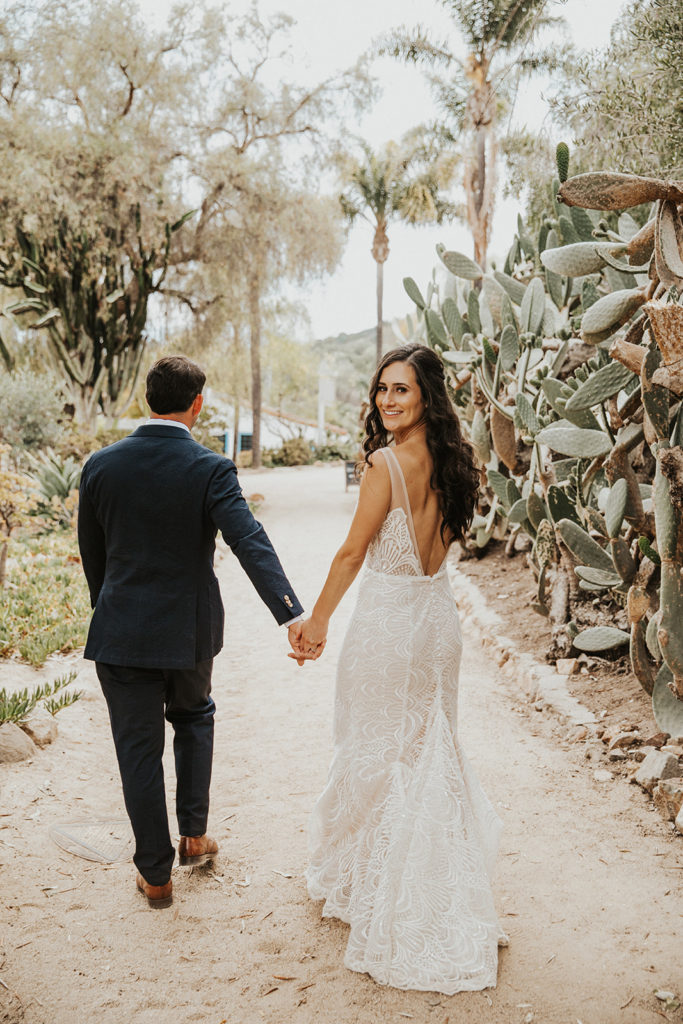Bridal Party 101 | Responsibilities
There’s More Than Just Partying in the Bridal Party
Expected Duties, Planning, and Etiquette
Whether you have tons of experience being part of a bridal party, or it’s your first time, we’ve collected all you need to know about the roles and duties that they come with. In general, the wedding party–meaning the people the happy couple chooses to stand up with them during the ceremony–is responsible for helping the happy couple plan, stay sane, and cheering them on during the big day. The wedding party’s most commonly known duties include taking photos with the bride and groom on the wedding day, planning special pre-wedding events like the bridal shower or bachelor/bachelorette parties, and helping the bride and groom get ready before the ceremony. They also usually have a special seat at the reception. We understand that every wedding is different depending on how involved family members are or how large the bridal party ends up being. So as a party member, always reach out to the happy couple to offer help!
General Bridal Party (Bridesmaids/Groomsmen/Maid of Honor/Best Man)
Each couple will customize their bridal party to fit their ideal group’s idea for their big day. It’s up to the party members to be available to help make the magic happen as smoothly as possible and offer their services in any way they can. Most couples tend to worry about burdening their friends with the planning details, but if you feel comfortable offering an extra hand anywhere, they’ll be forever grateful. Below, we’ve gathered the general responsibilities expected of all members of the bridal party.
- Offer to help with wedding planning and pre-wedding events.
- Be knowledgeable of, spread the news about, where the happy couple is registered, when and where the ceremony will be taking place, and where to send gifts.
- Help choose wedding day attire and accessories if asked.
- Help the Maid of Honor and Best Man with details to plan the bachelor/bachelorette party.
- Pay for own wedding attire and travel expenses.
- Attend any pre-wedding events. (Depending on if they’re co-ed or not.)
- Purchase wedding day attire and accessories promptly as requested by the couple.
- Attend the wedding rehearsal and rehearsal dinner.
- Offer the happy couple and their families help and emotional support on the day of the wedding.
- At the reception, help make sure everything goes according to plan.
- Being social and helping make guests feel welcome.
- Getting the party started on the dance floor.
- Decorating the getaway vehicle to help give the happy couple a proper send-off.
- Attend the send-off or post-wedding brunch.
Maid of Honor
Being chosen as Maid of Honor (MOH) is an incredible honor. Essentially, the bride is asking you to be her go-to for anything she might need, from engagement to the final send-off. Not only are you head of the bridesmaids, but duties also include planning the bachelorette party and being the bride’s right-hand woman on the big day. The bride usually gives this role to a sister or her closest female friend. Before accepting this honor, check out the duties listed below that rest on your capable shoulders. (Anything we’ve italicized is uncommon, although considerate, duties to offer to the bride but can vary depending on the situation.)
- Manage the bridesmaids and mediate any conflicts that may arise.
- Maintain a level head throughout the bride’s wedding planning.
- Oversee and keep track of pre-wedding expenses for the bridesmaids.
- Help the bride shop for her wedding dress and bridesmaids’ dresses.
- Coordinate any necessary bridesmaid fitting and ensure bridesmaids are getting their dresses and accessories on time.
- Offer to address wedding invitations and assist with miscellaneous wedding projects.
- Organize and host or co-host the bridal shower.
- Organize and plan the bachelorette party.
- Offer to help the bride pack for the honeymoon.
- Make sure the bridesmaids all arrive at the wedding on time with everything they need.
- Assist with the bride’s appearance during the ceremony and rehearsal. (Keep an eye out for smudged makeup or stray hairs and help her with her veil, dress, and arranging her train during the ceremony.)
- Hold the bride’s bouquet during the ceremony.
- Hold the groom’s ring during the ceremony if asked.
- Sign the marriage certificate.
- Give a toast to the happy couple at the reception.
- Make sure the bride eats and drinks water.
- Help transport wedding gifts from the reception.
Best Man
According to history, the best man was a groom’s kidnapping accomplice and willing to fight to the death for the bride’s honor. These days, kidnapping is thankfully off the agenda, but the best man still has many important responsibilities. Serving as the groom’s right-hand man throughout the wedding planning process hasn’t changed. He’s also in charge of wrangling the other groomsmen during wedding planning and on the big day. This role is usually filled by the groom’s brother or closest male friend. Below, we’ve listed some of the other duties that come with this title. (The duties in italics are optional and vary depending on the happy couple and their family’s traditions.)
- Help manage groomsmen and mediate any conflicts that may arise.
- Oversee and keep track of pre-wedding expenses for the groomsmen.
- Coordinate suit or tuxedo fittings for all groomsmen and ushers.
- Organize and plan the bachelor party.
- Offer support to the groom and groomsmen during wedding planning and on the day of the wedding.
- Help orchestrate toasts at the rehearsal dinner.
- Make sure all groomsmen and ushers arrive at the wedding on time and with everything they need.
- Hold the bride’s wedding ring during the ceremony if asked.
- Sign the marriage certificate.
- Give a toast to the happy couple at the reception.
- Coordinate with the happy couple’s parents to ensure all service providers have received the necessary payment and tips.
Other Party Members
Parents of the Groom: The Engagement Party and Rehearsal Dinner are usually the groom’s parents’ responsibility in Western Cultures. Depending on the cultural traditions of each family, this may change.
Parents of the Bride: As mentioned above, in typical western culture, the bride’s parents are the designated Wedding Reception Hosts. Recently, we’ve seen more happy couples become their own reception hosts, so this tradition of “who pays for the wedding” can be adjusted accordingly.
Junior Bridesmaids and Groomsmen: Typically, junior bridal party members are do not attend the Bachelor/Bachelorette parties, but for young adults between 9-15, including them in the bridal party is a great way to get them involved in the big day. They usually stand up with the happy couple during the ceremony and are included in any engagement parties or co-ed bridal showers.
Ring Bearers and Flower Girls: This role is usually reserved for children between 4-8 years old, and responsibility for attendance and attire goes to their parents. It’s recommended to include them in the wedding rehearsal to get a little practice for the big day. Flower Girls traditionally walk right before the bride to scatter petals while ring bearers can be fit into the processional wherever the happy couple sees fit.
Final Notes
The responsibilities we’ve listed usually come pretty naturally since you’re there to support your friends in their love story. So enjoy the day, and always remember to offer your help wherever you can! Being part of this big day is a ton of fun! Planning a wedding isn’t for the faint of heart, and your friends will be forever thankful that you’re there to lean on.



